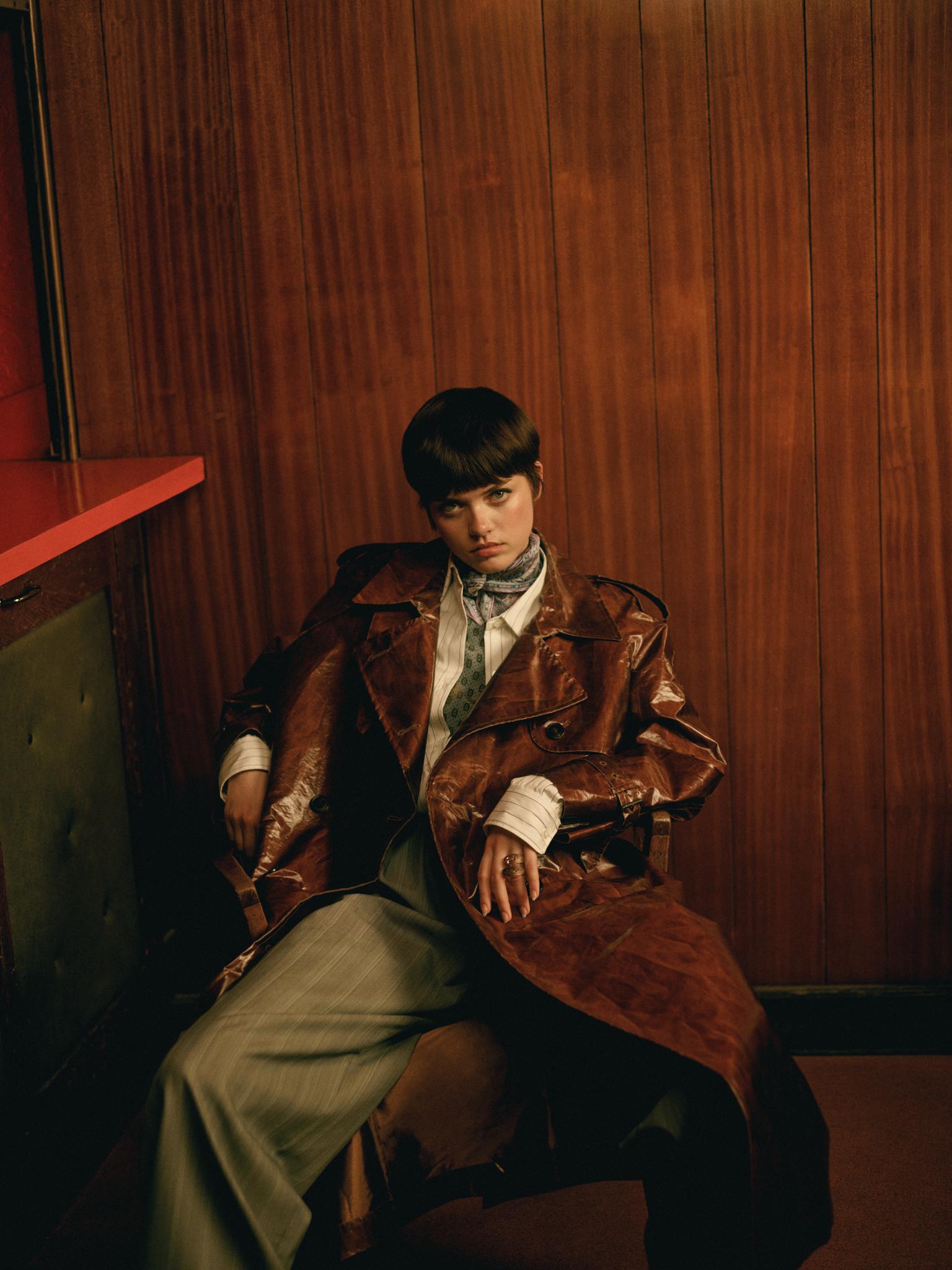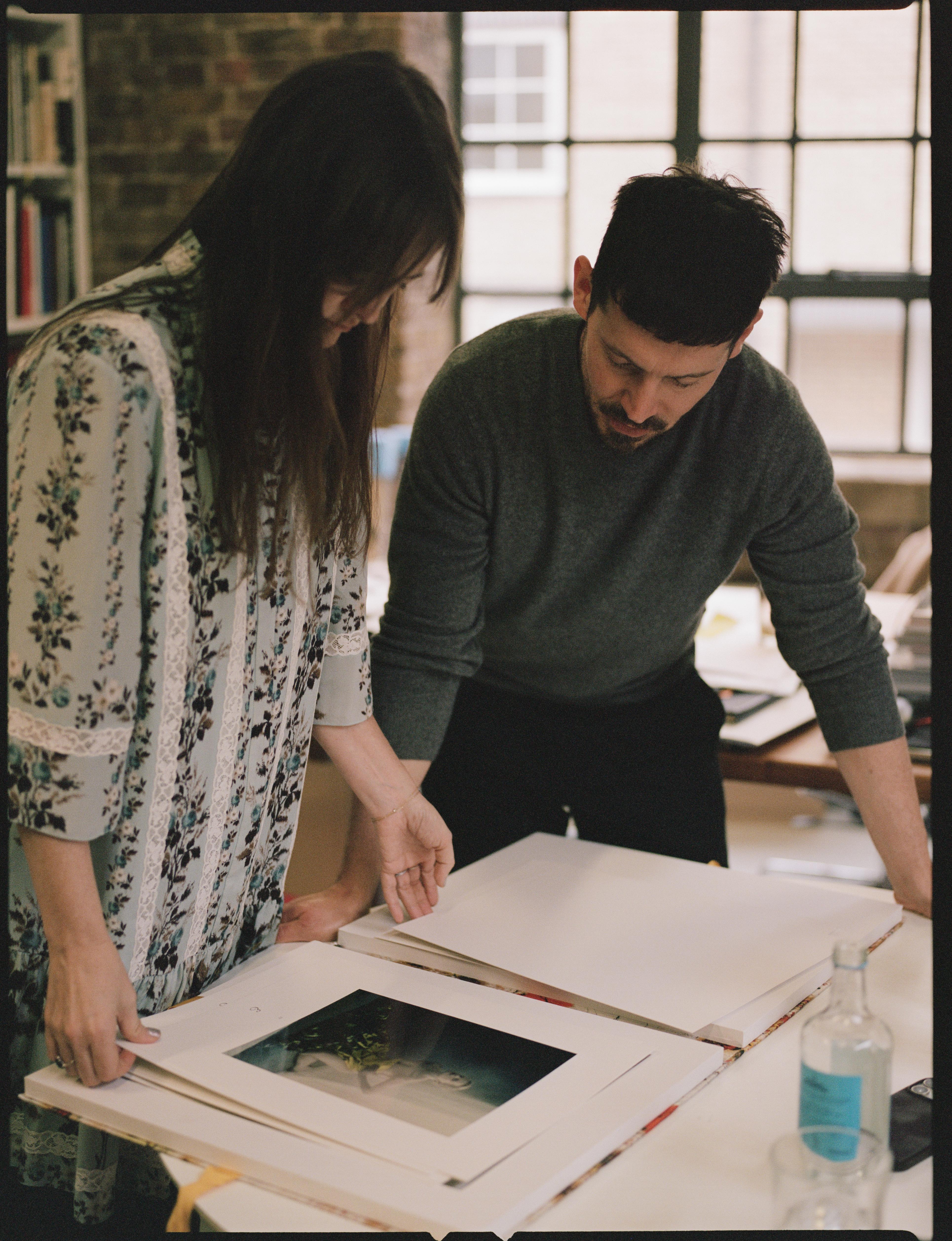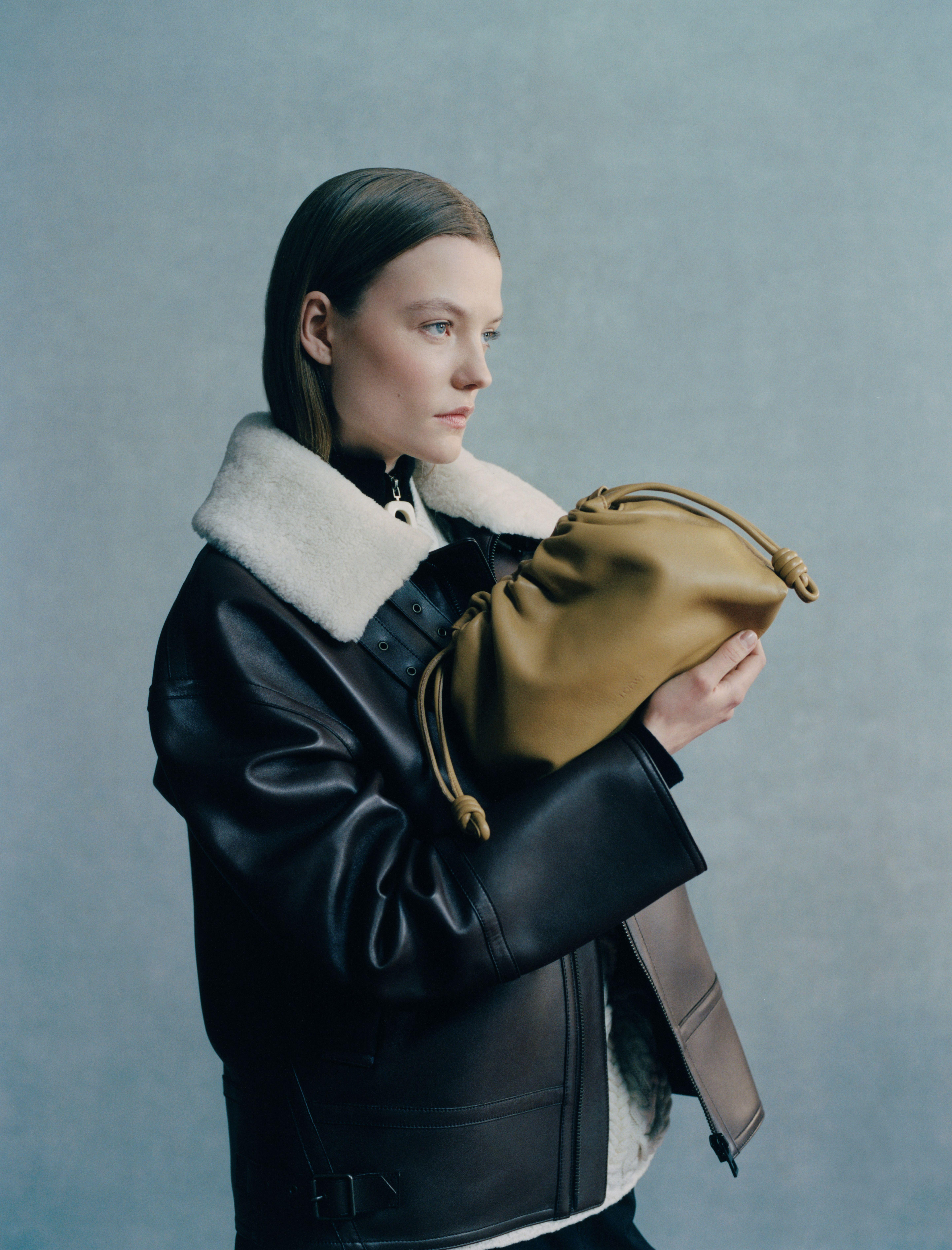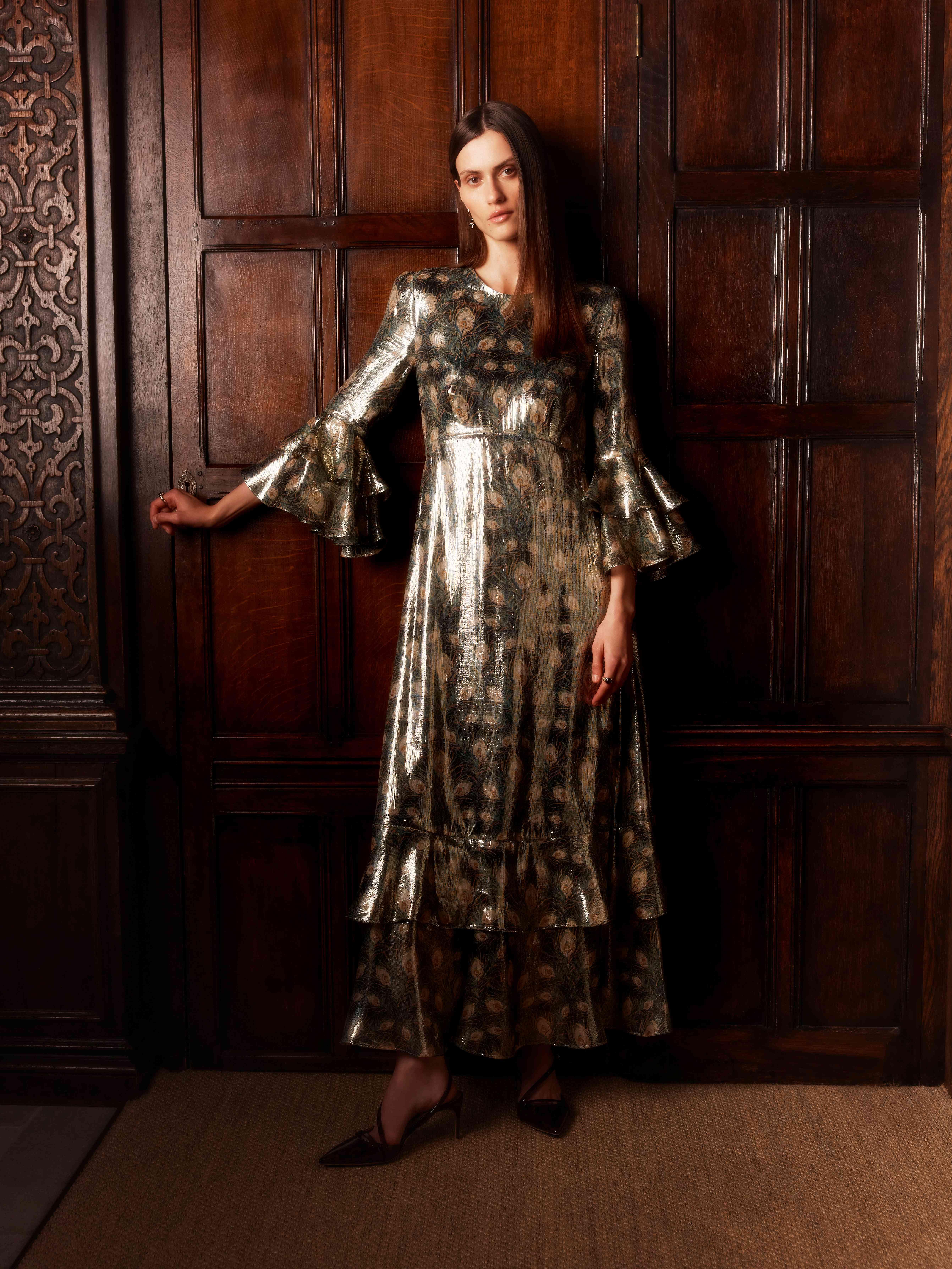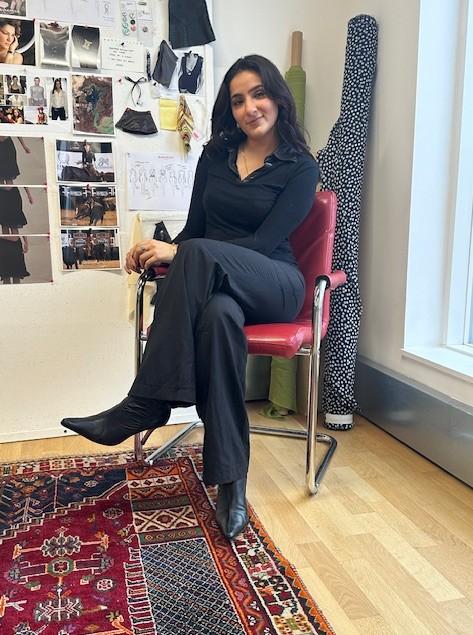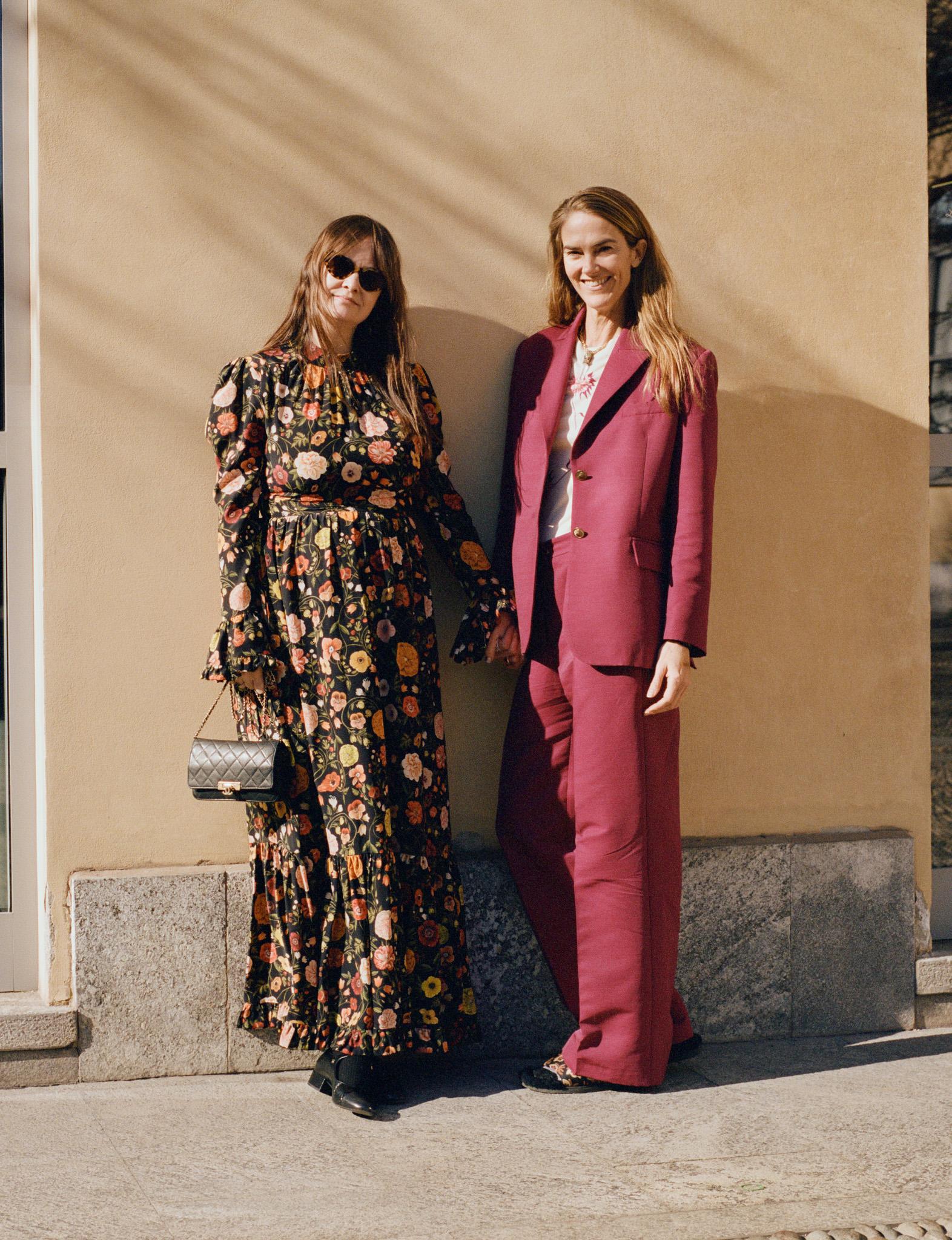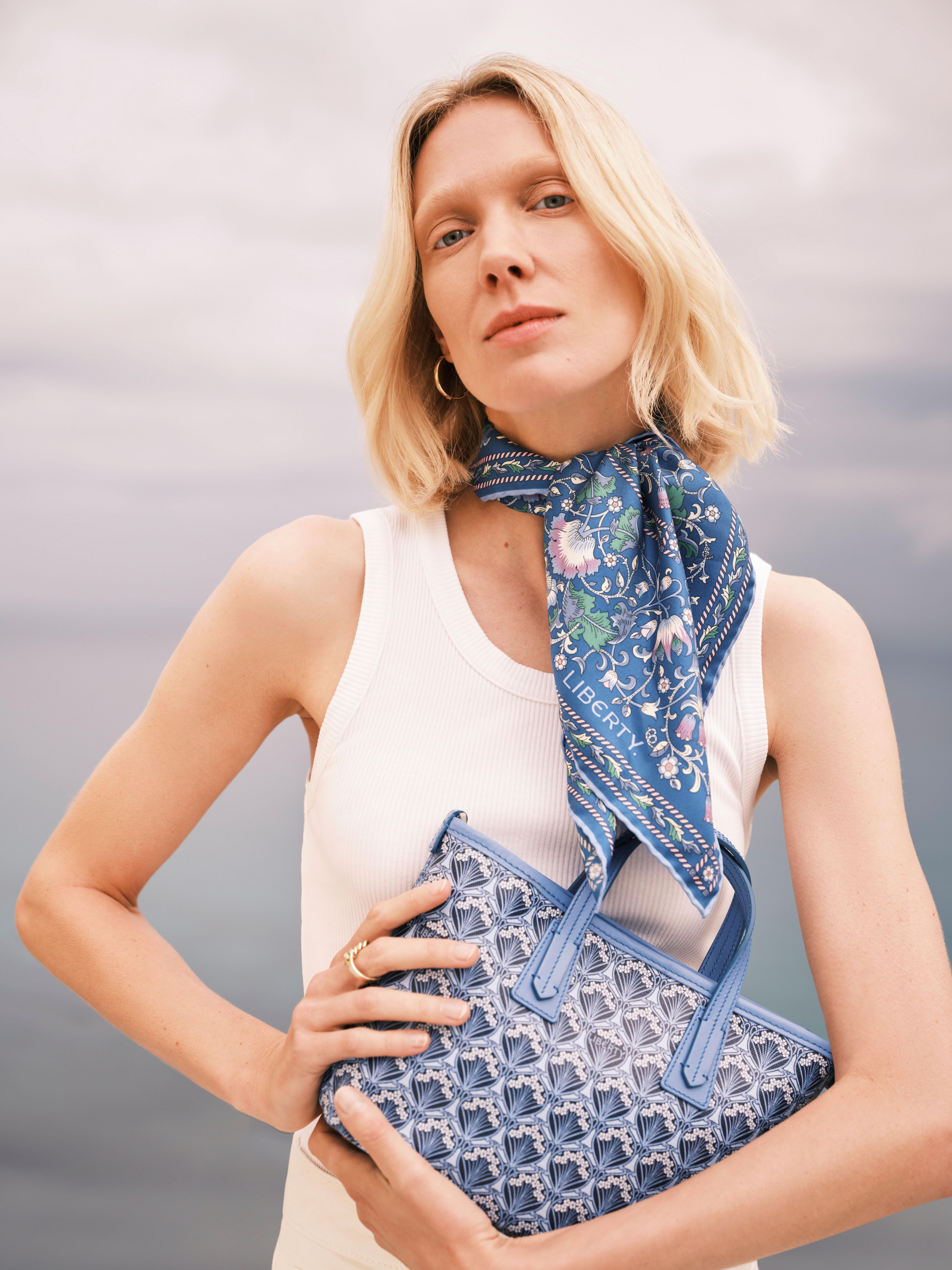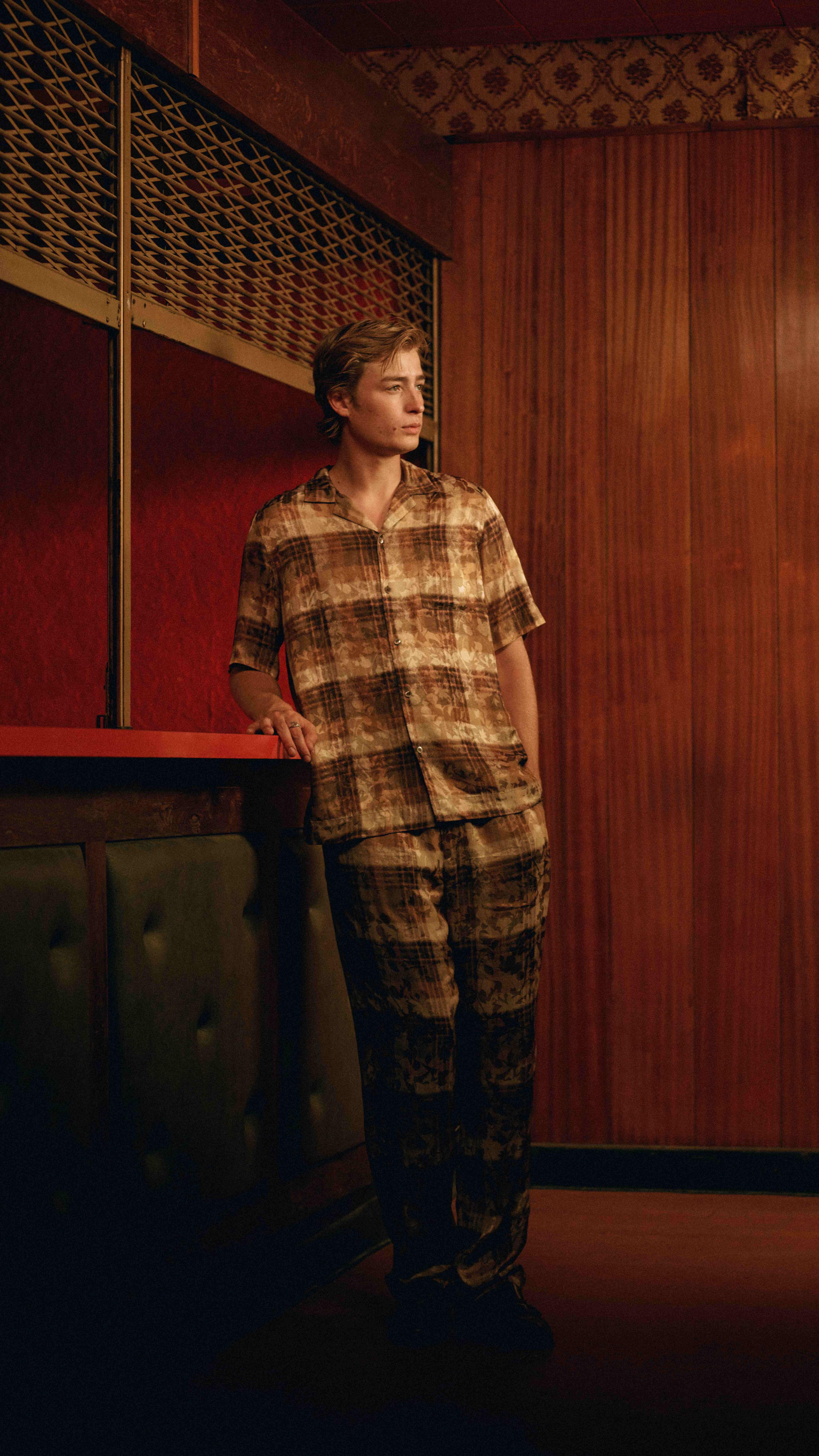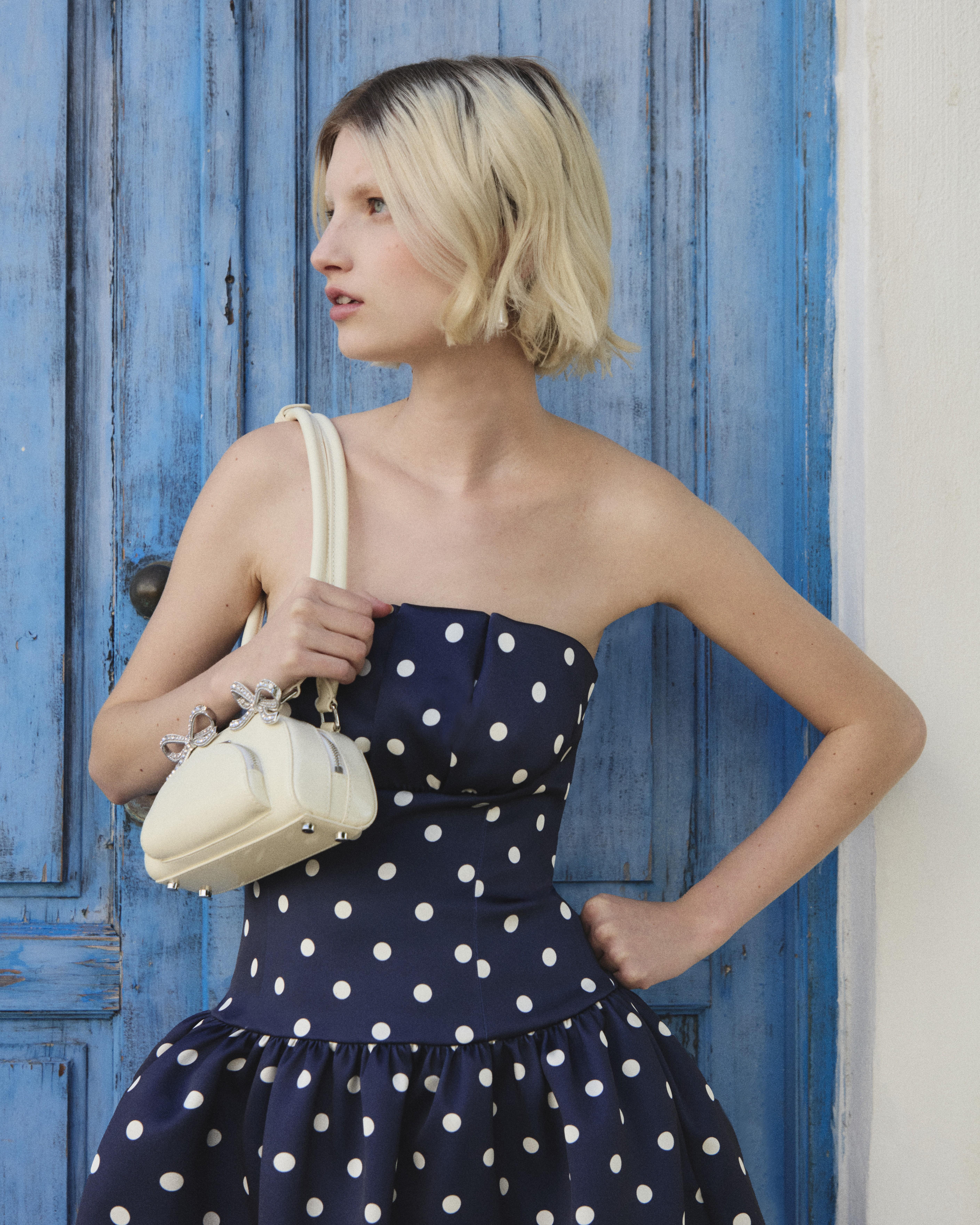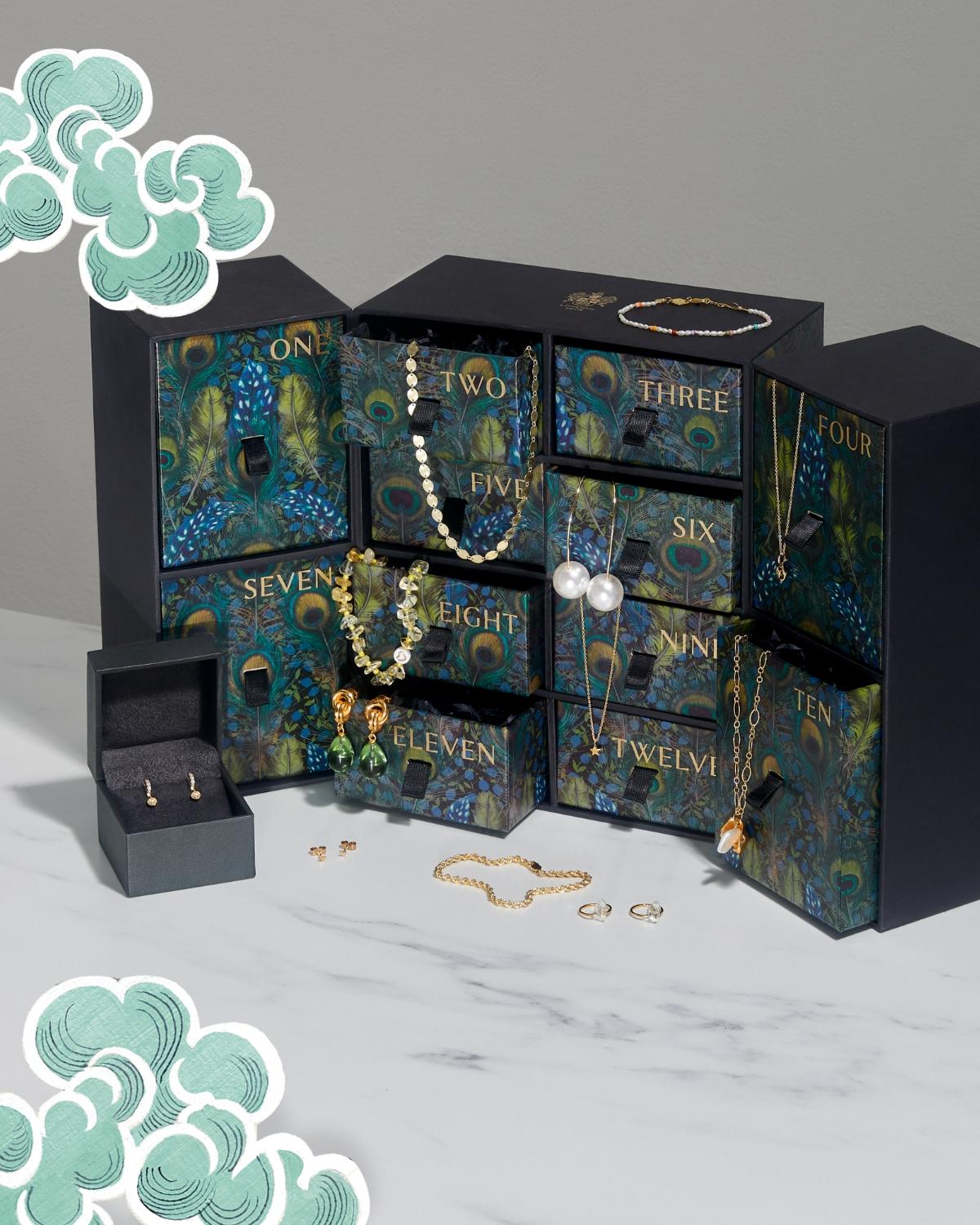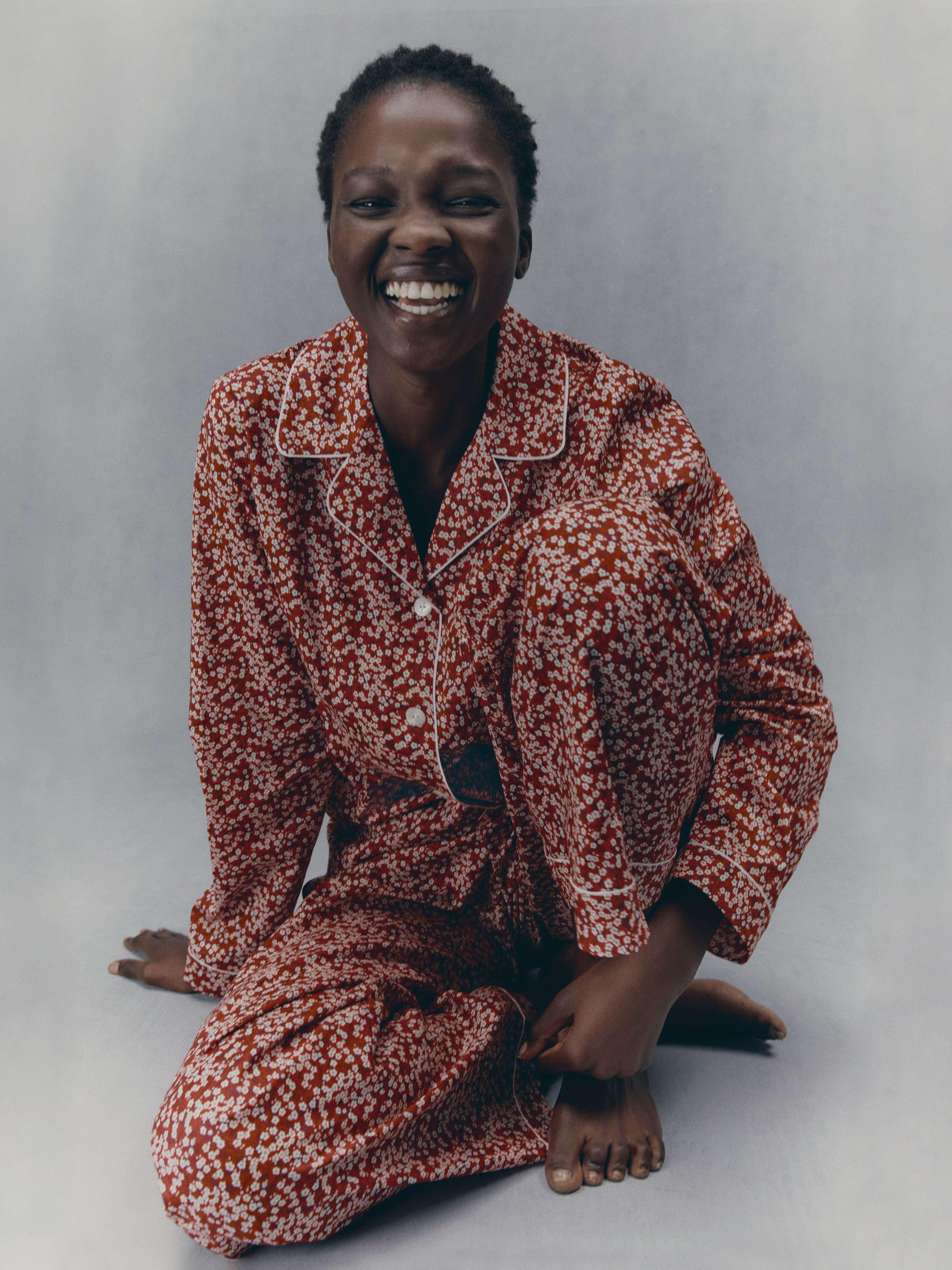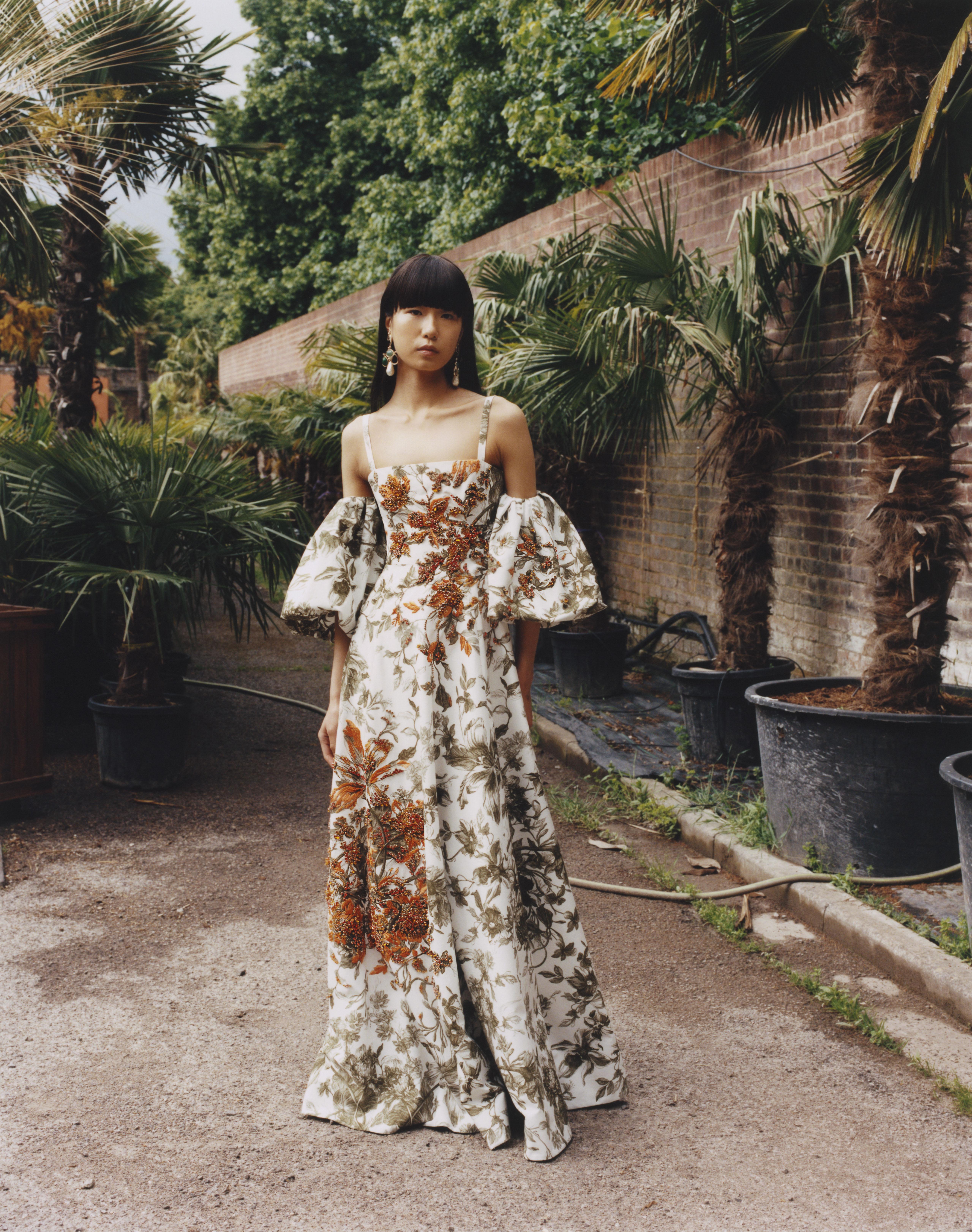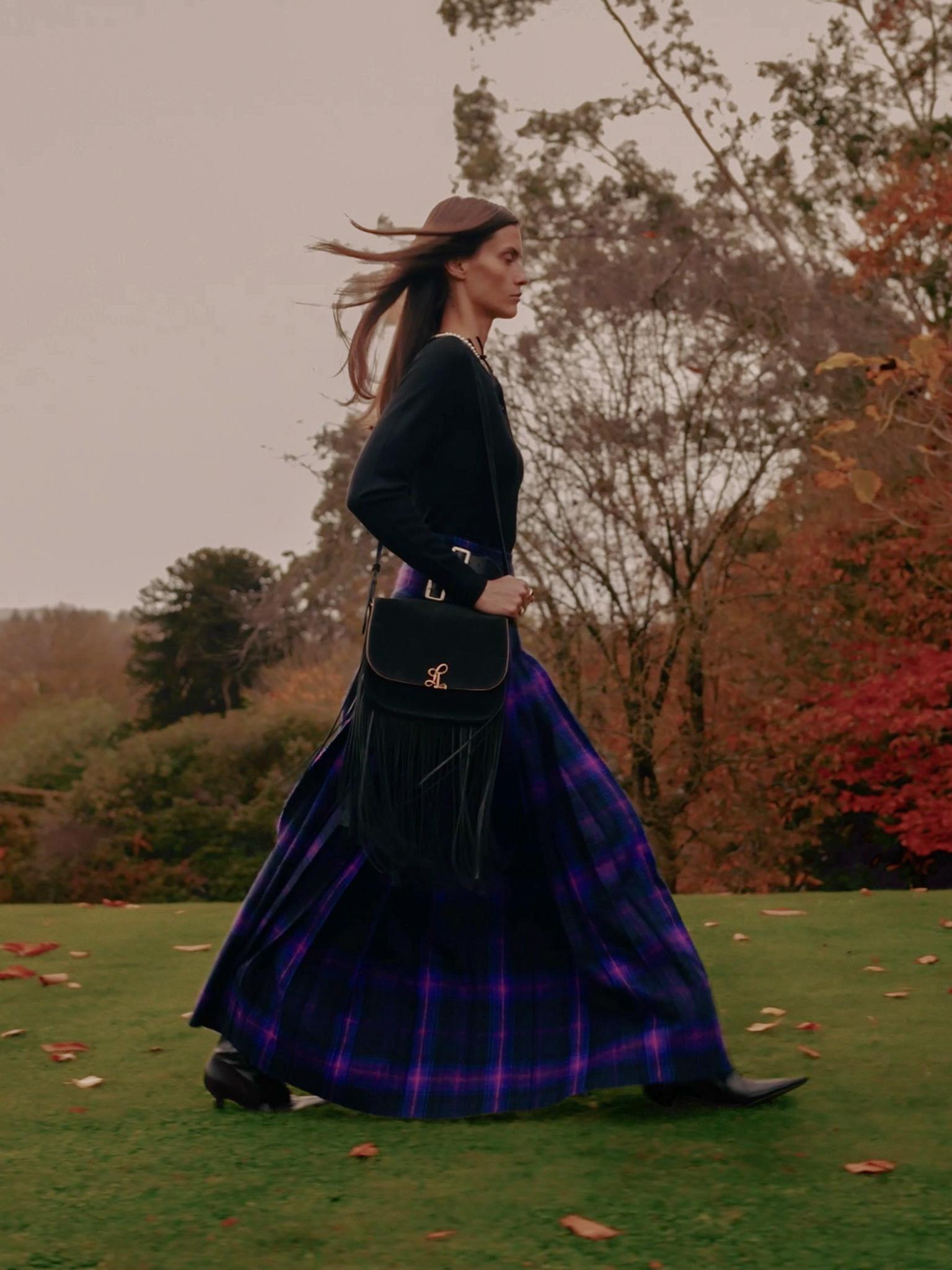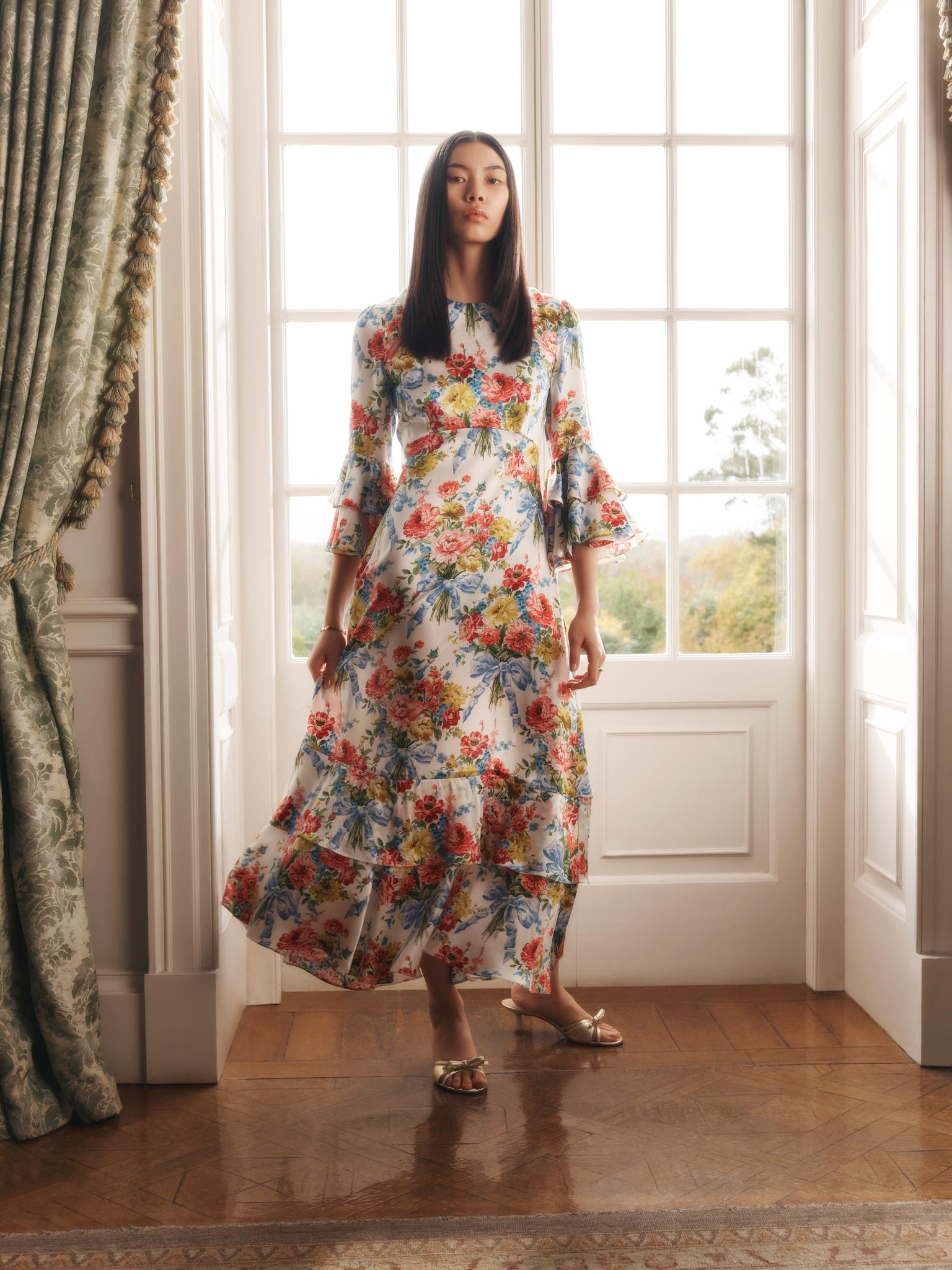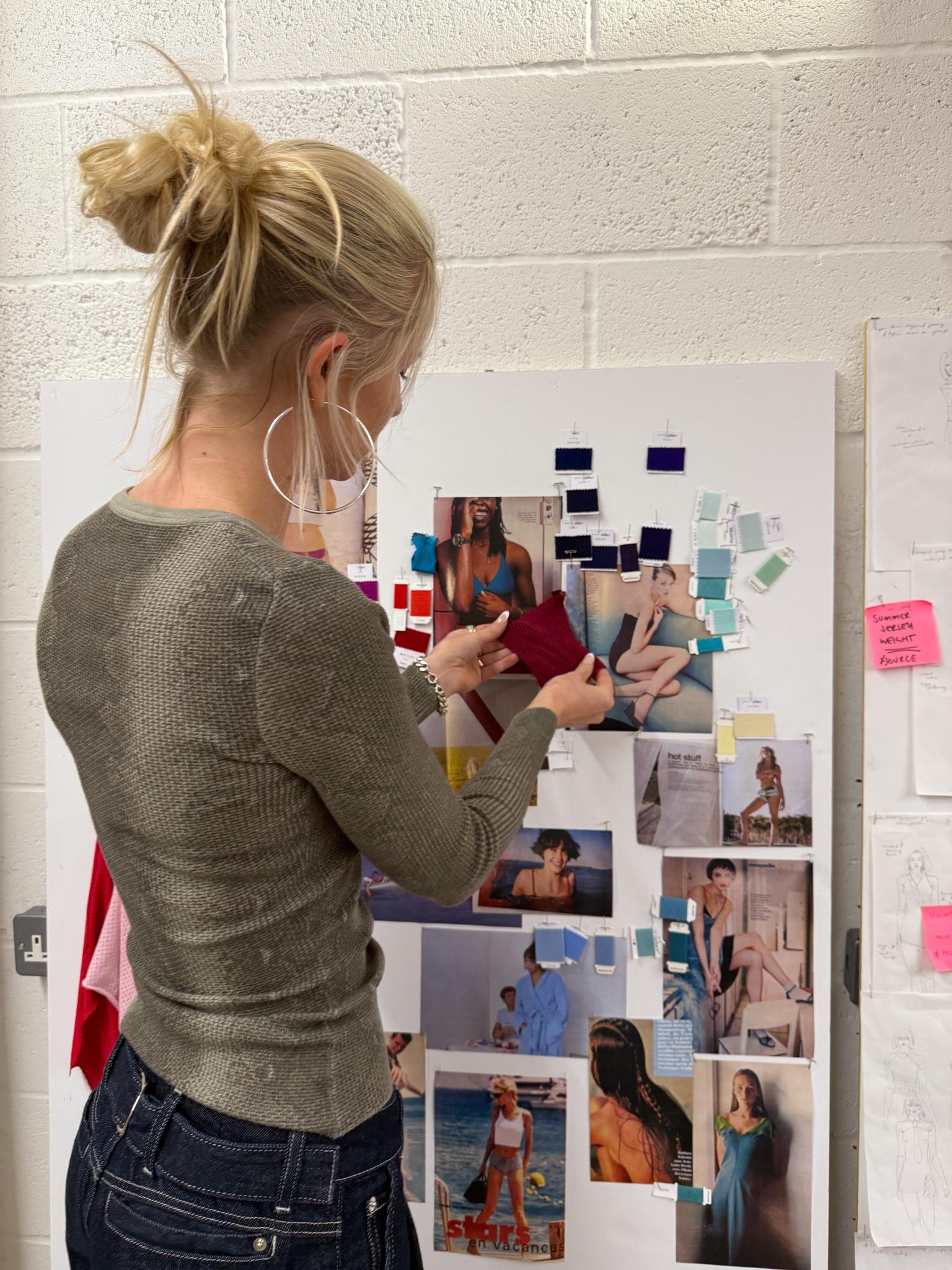Dress Yourself Happy: The Psychology of Dopamine Dressing
We’ve all felt the mood-changing power of a great outfit, but why do our wardrobe choices hold such influence over our emotions? Liberty talks to Professor Carolyn Mair, author of The Psychology of Fashion to find out
Read more
Dress Yourself Happy: The Psychology of Dopamine Dressing
We’ve all felt the mood-changing power of a great outfit, but why do our wardrobe choices hold such influence over our emotions? Liberty talks to Professor Carolyn Mair, author of The Psychology of Fashion to find out
By: George Elliot
To some, fashion might seem frivolous, like a superficial or perhaps even trivial industry only concerned with making pretty dresses for the sake of it. But if you delve beneath its glossy veneer and dig into the psychology of fashion and colour in clothing, you’ll come across an indisputable fact that’s as old as clothing itself: what we wear can empower us and show the world who we truly are.
“So intertwined with our identity, our clothing choices say so much about us, about our personality, likes and dislikes, but they can do so much more than that: certain clothes can also strongly influence the way we feel, think and act,” Professor Carolyn Mair states. As a consultant, academic and author of The Psychology of Fashion, she’s respected the world-over as the go-to voice on fashion’s profound mind-altering potential. “It’s all to do with how we attach symbolic meaning to what we wear; it’s this that, in effect, allows us to harness fashion to influence confidence levels and boost our mood for the better,” she adds.
It’s more than likely that you’re already benefiting from fashion’s empowering influence, too – perhaps without even realising it. To put this all into perspective, think about ‘dopamine dressing’, the trend that blossomed post-lockdown based on the idea that wearing bright, sunny colours can make you feel a bit better, even on the gloomiest of days. In actuality, the mood-enhancing power doesn't lie within the colourful clothes themselves per se, but actually lies within us; we’re taught to see certain shades, from sunshine yellow to tropical orange as joyous, so if we believe that wearing them will lift our spirits, they just might.
As Professor Mair points out, the feel-good factor of fashion doesn't stop with colour, either. “Some years ago I was in Canada, walking through a vintage market. I saw this amazing coat. I knew I had to buy it because as soon as I put it on, I felt fantastic, like a film star,” Professor Mair recalls. “It was transformative and fabulous; this incredible coat unlocked childhood memories of my mother’s wardrobe and images of old Hollywood glamour, which in all honesty made me feel like Elizabeth Taylor.”
Read more: look to Liberty's edit of the season's biggest fashion trends
So is there a way we can better harness the uplifting nature of fashion? Can we invest and wear clothes strategically to get the emotional high we want? “I always emphasise the importance of ‘conscious dressing’, the need to think about what outcome you actually want from what you wear and how you want to feel,” Professor Mair says. “When we feel good in what we’re wearing, when we tell ourselves ‘this dress is going to make me feel incredible’, we’re more outgoing, more expressive and more gregarious, even if that’s not our personality. Building a story around our favourite fashion is so important, so powerful and not difficult at all.”
Ready to tap into the exhilarating, mood-boosting potential of fashion? Take your time to look through this edit of the season’s most-wanted womenswear; you just might find something to put a pep in your step…
Read more: soothe your soul with the earthy tones fashion trend

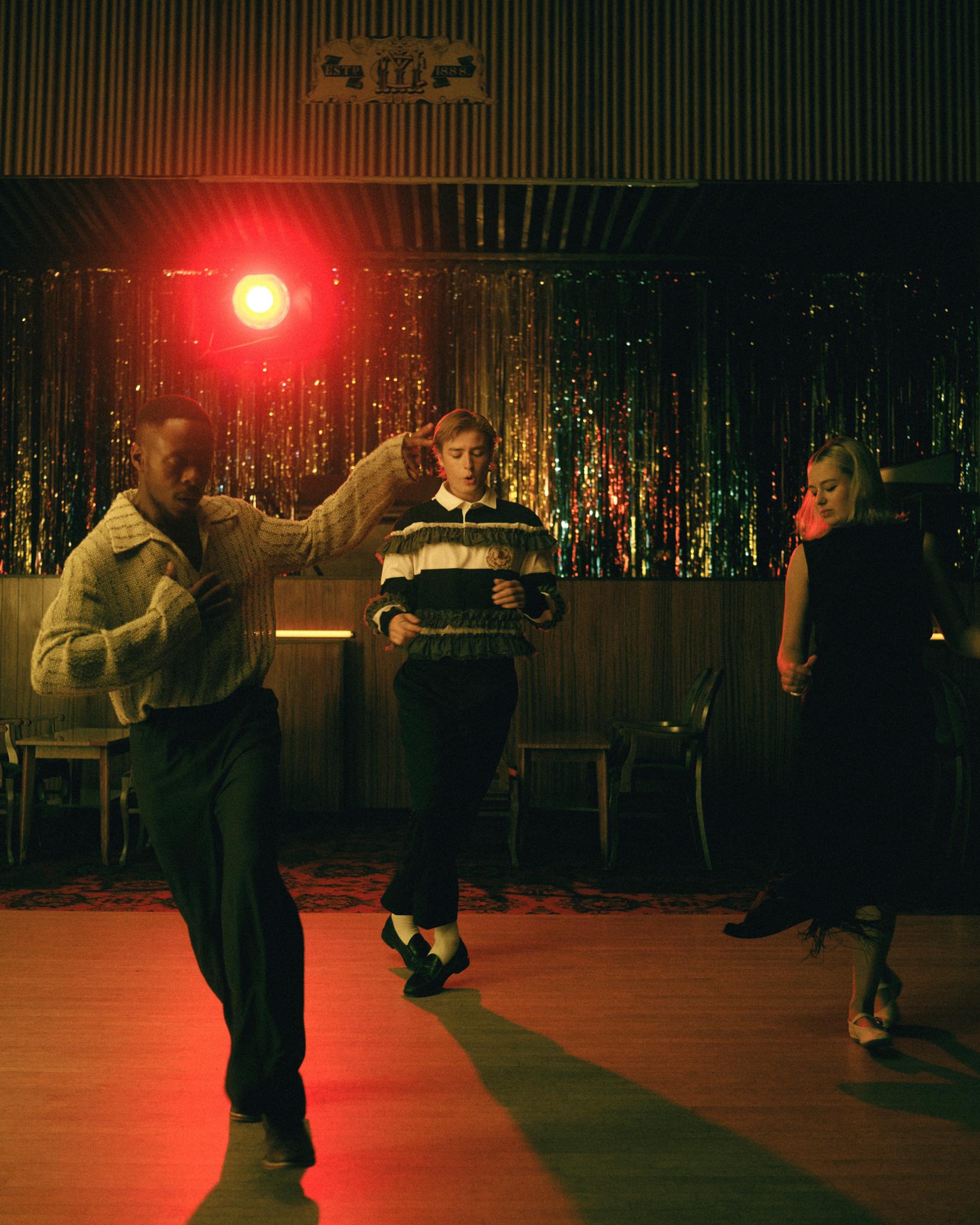

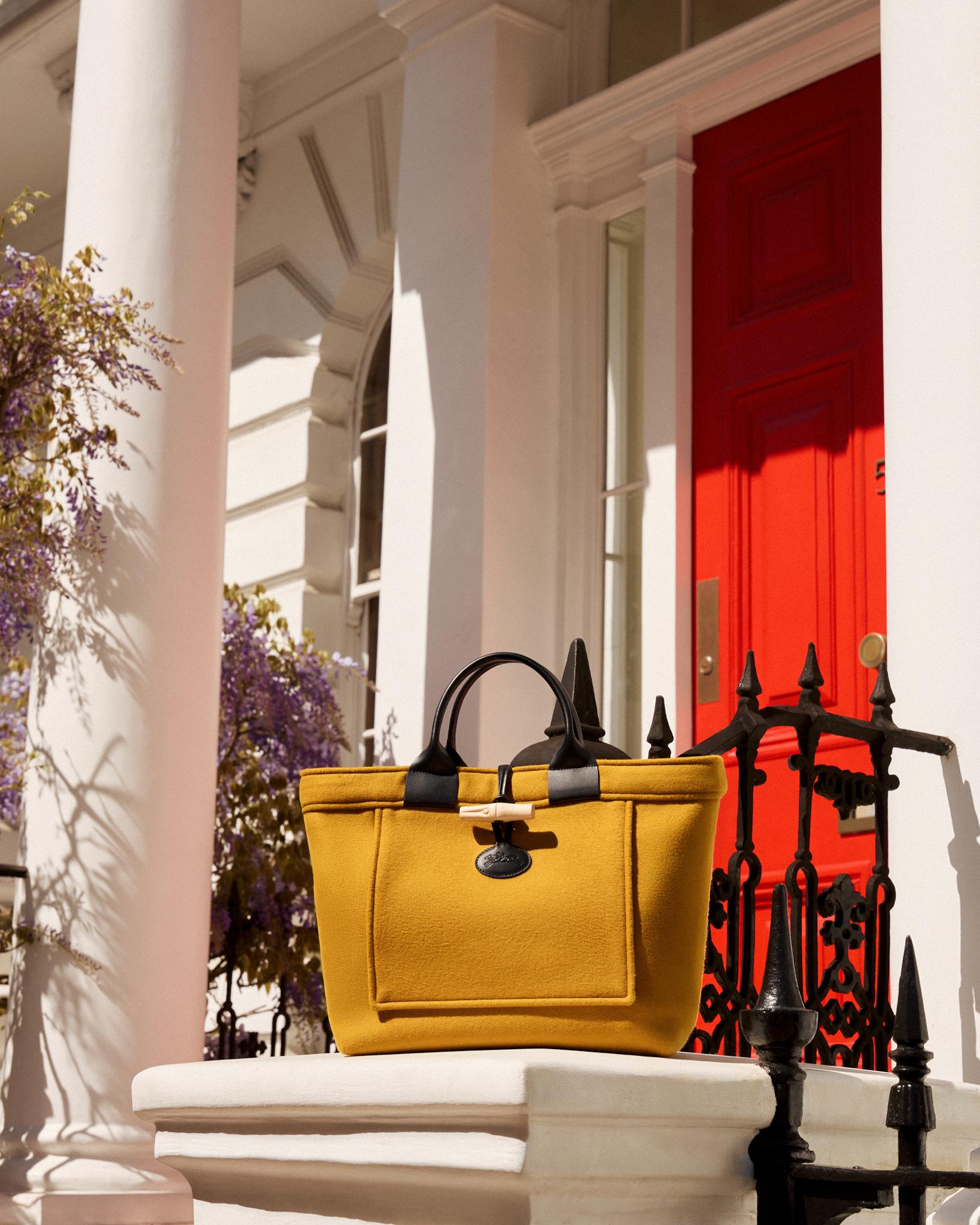

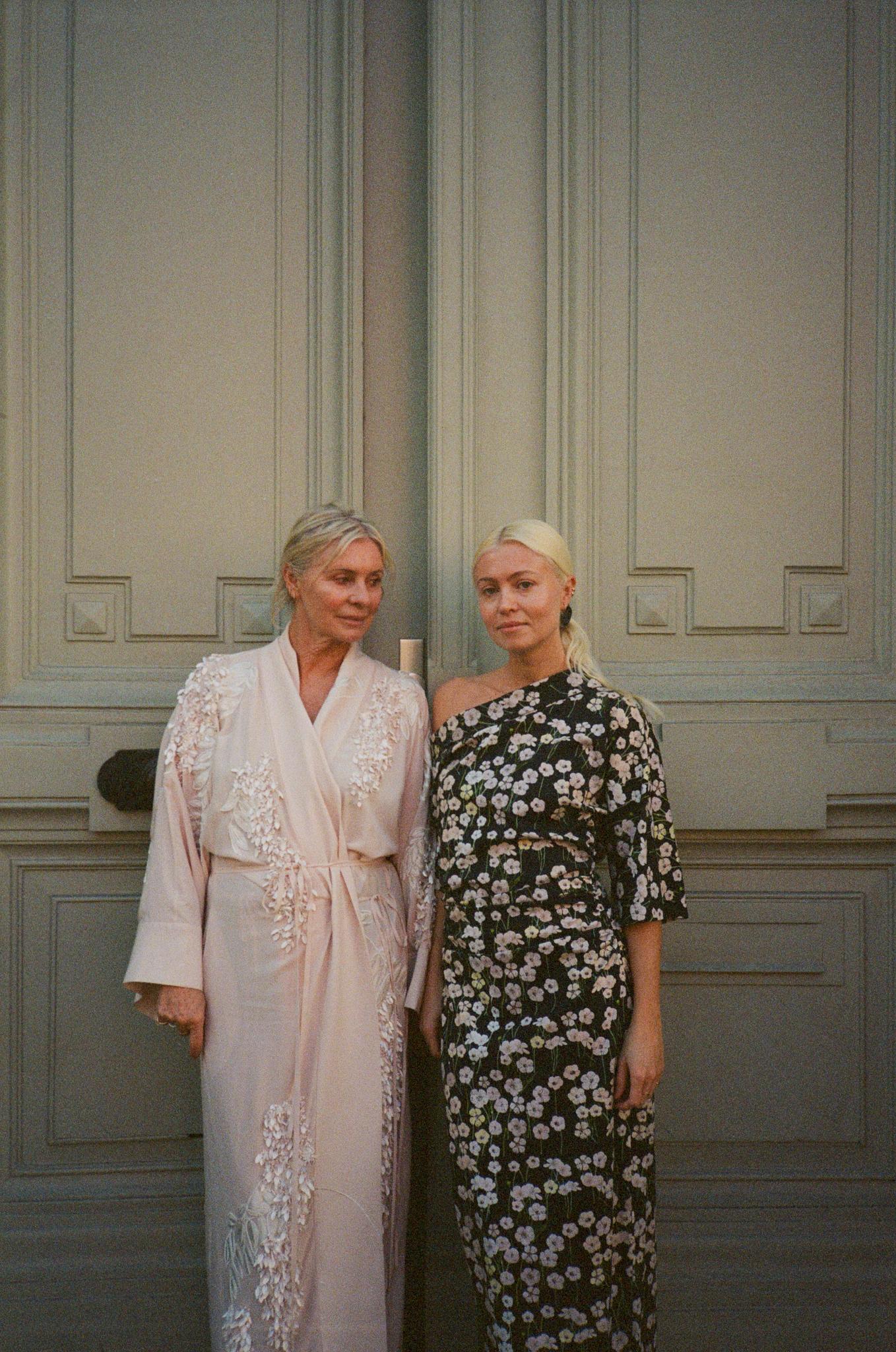
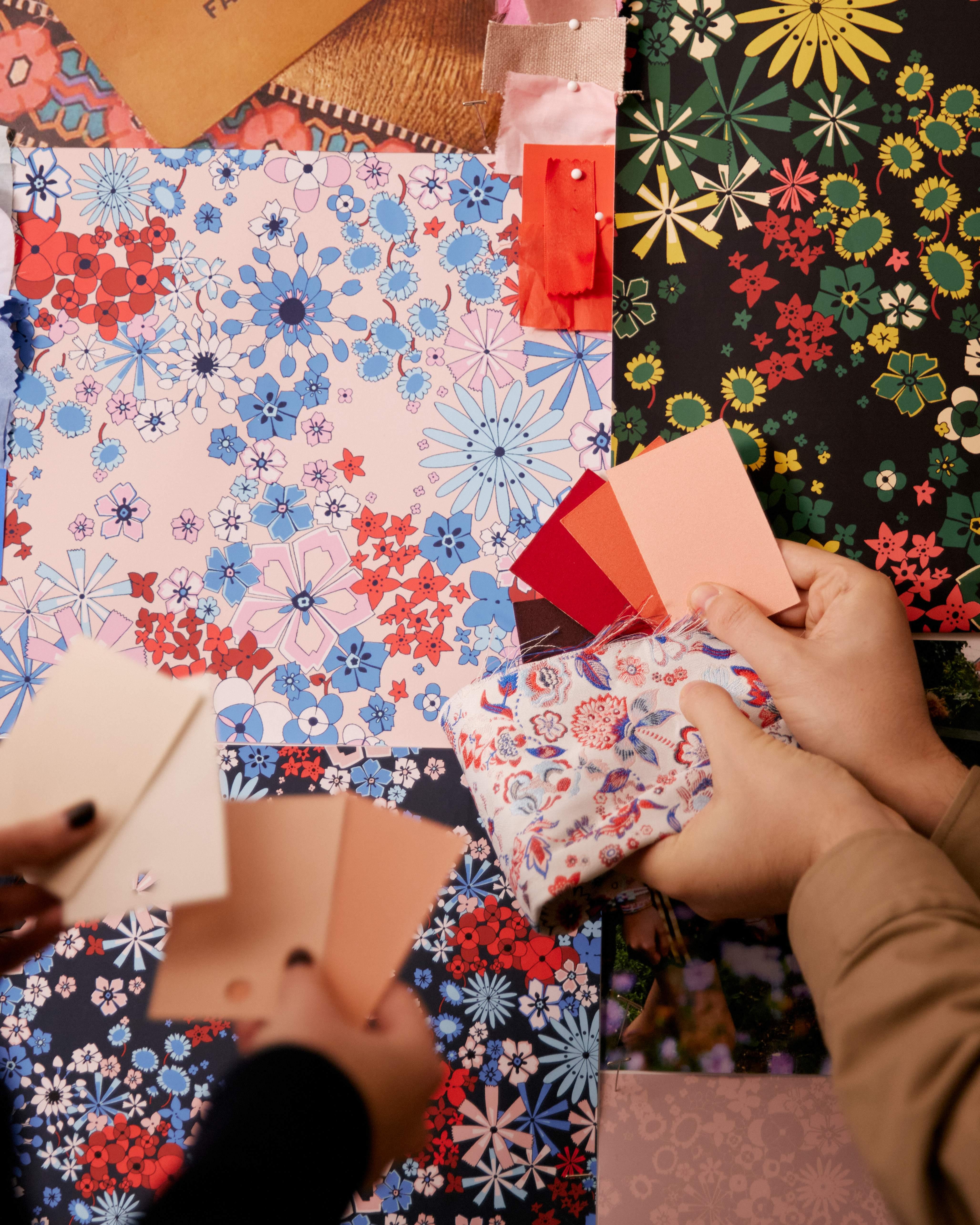
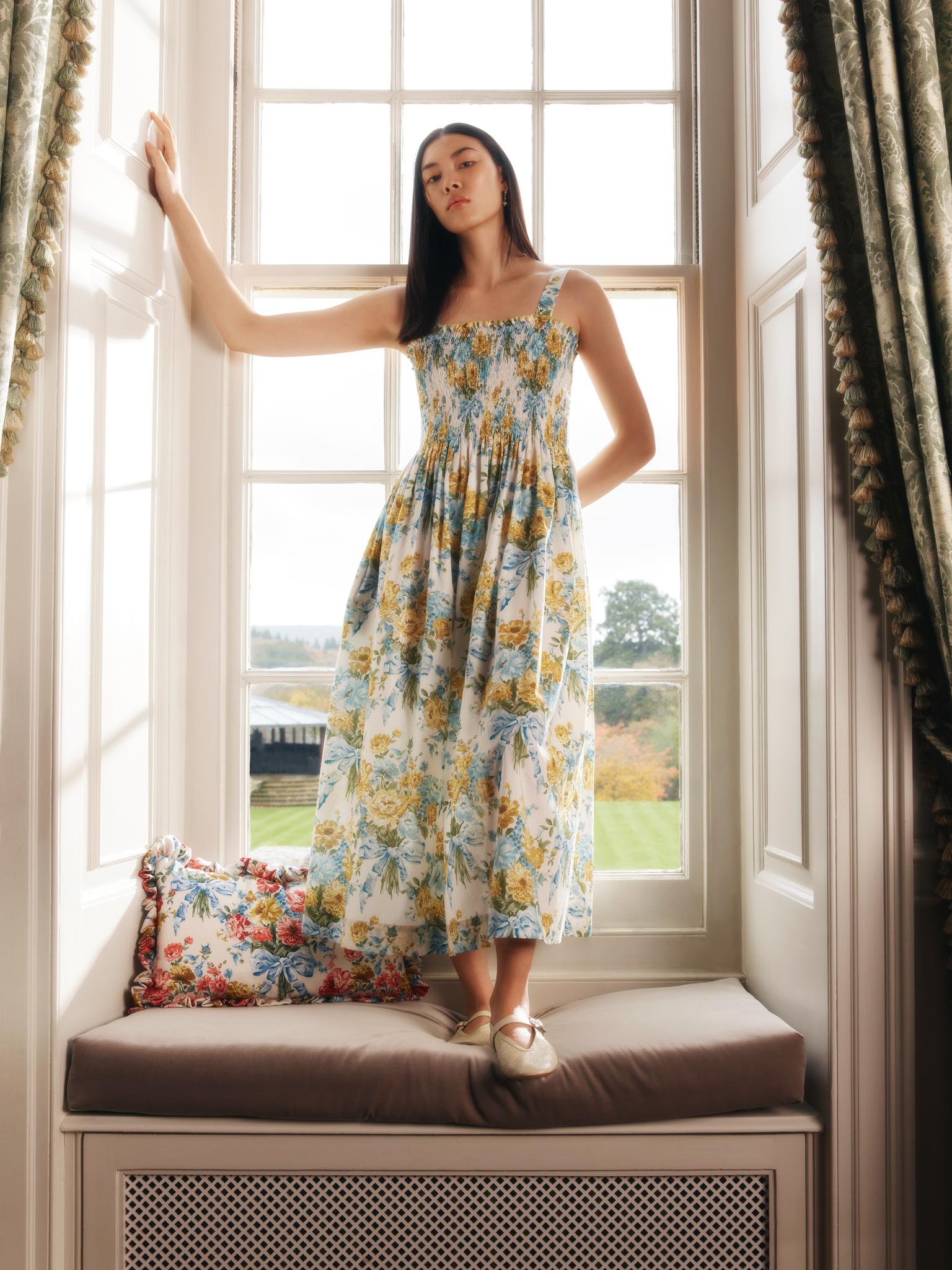
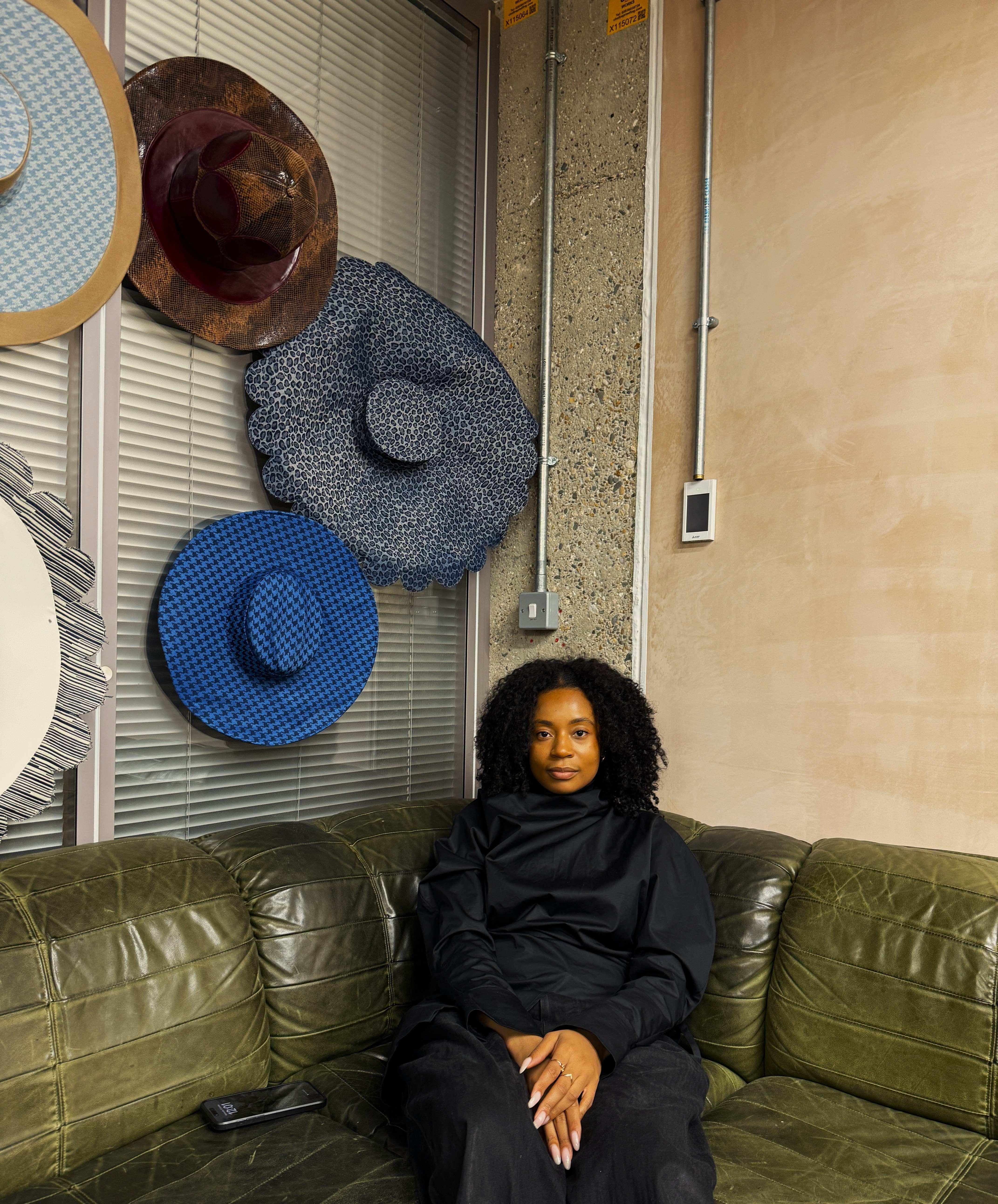

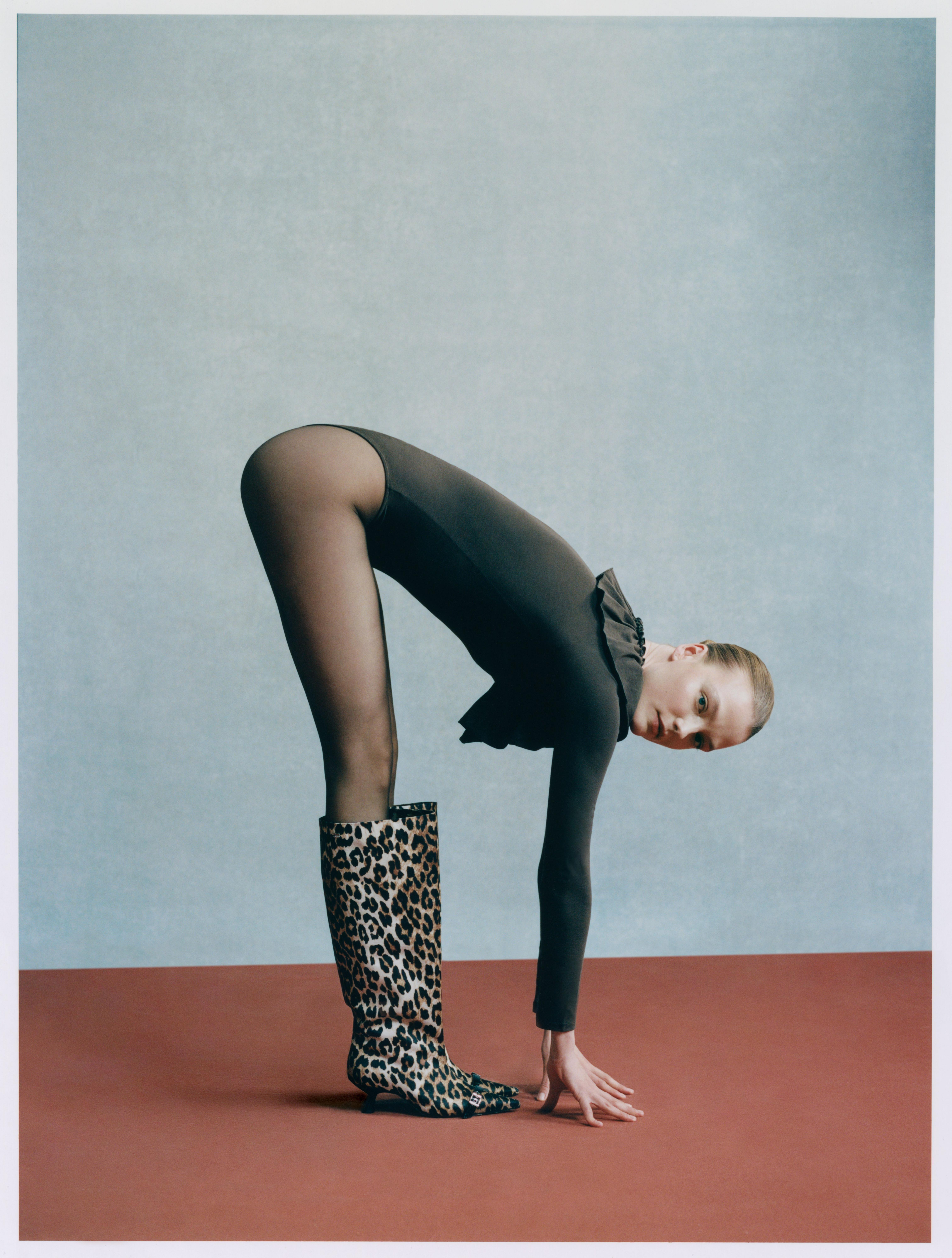
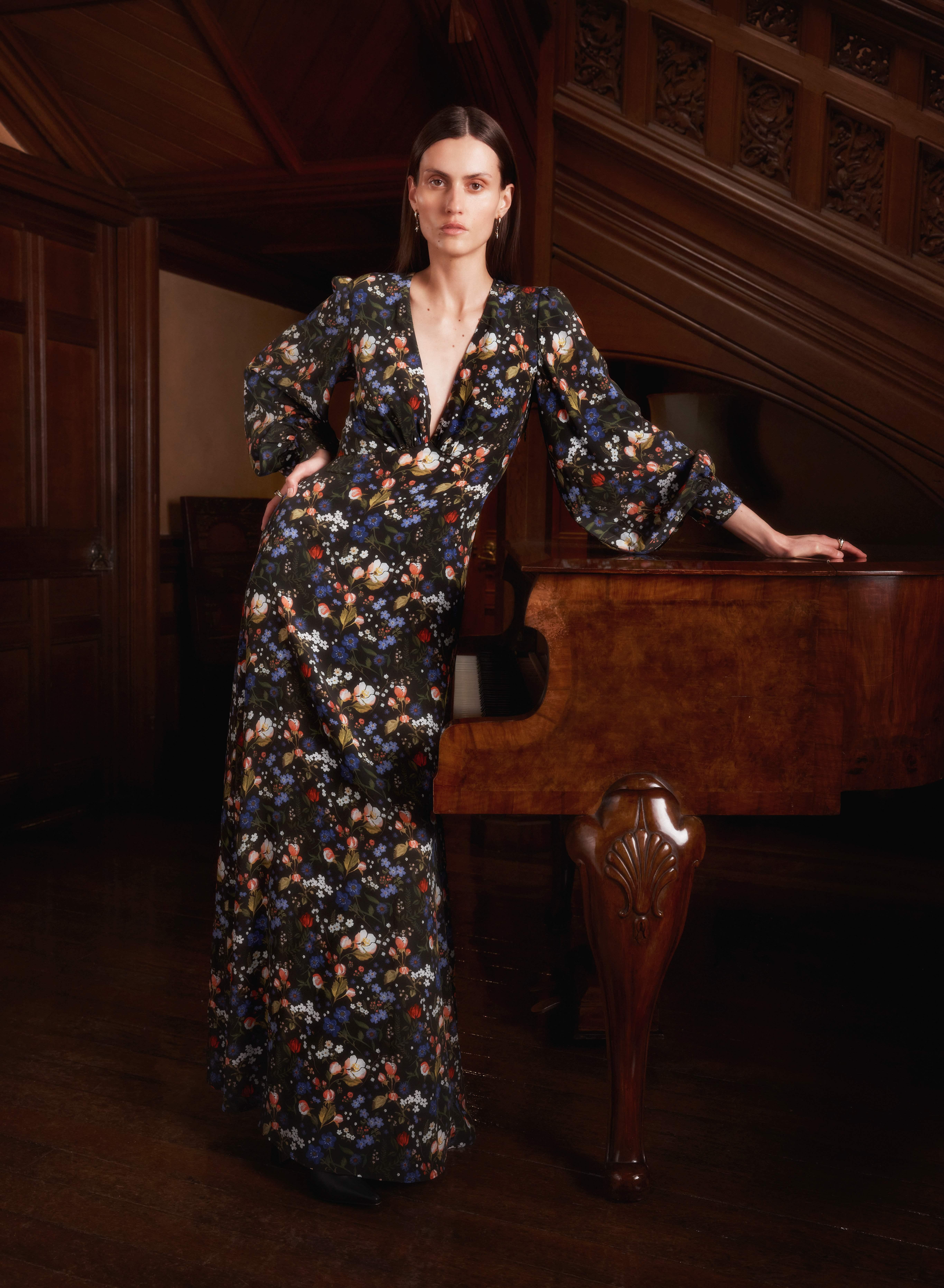
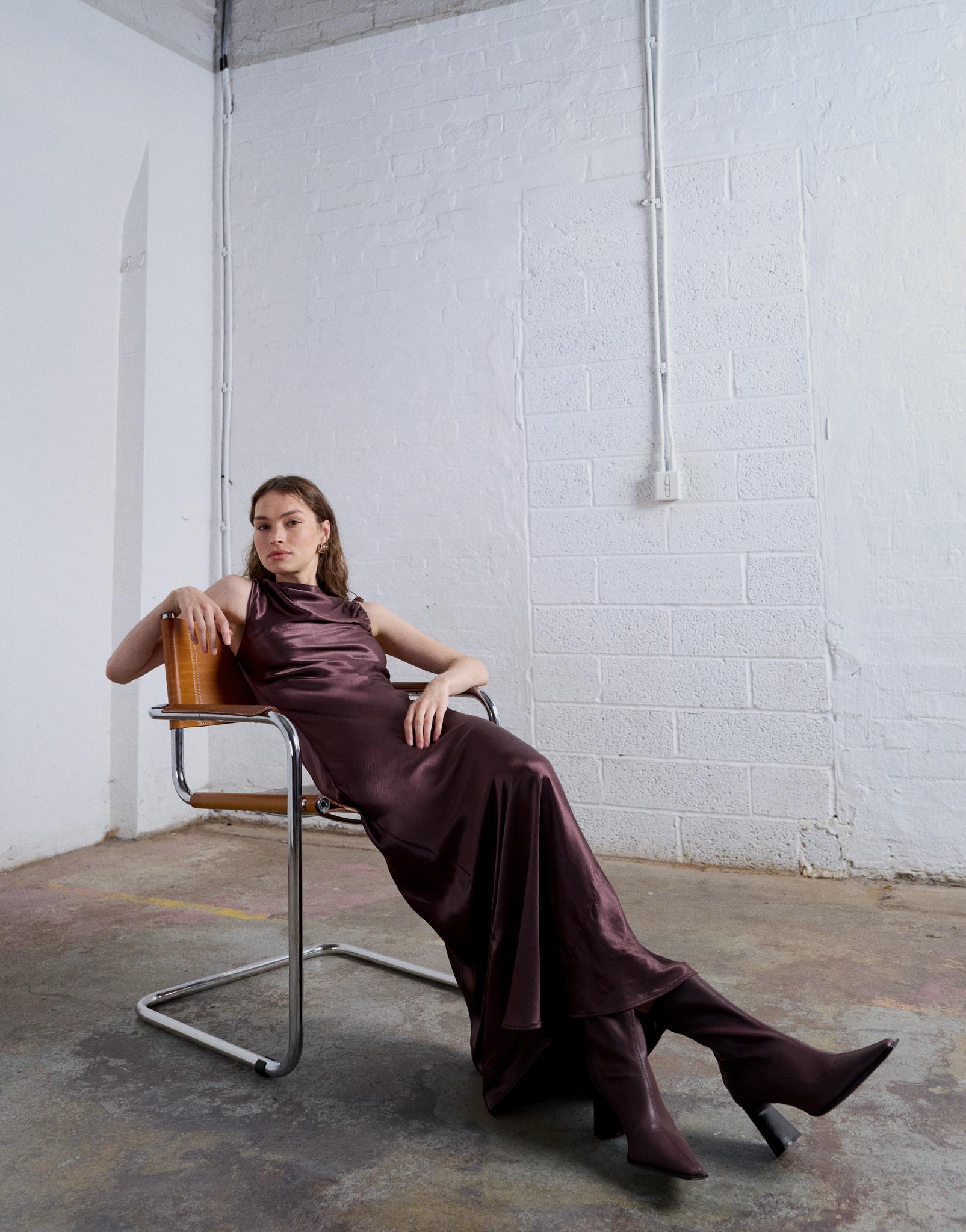
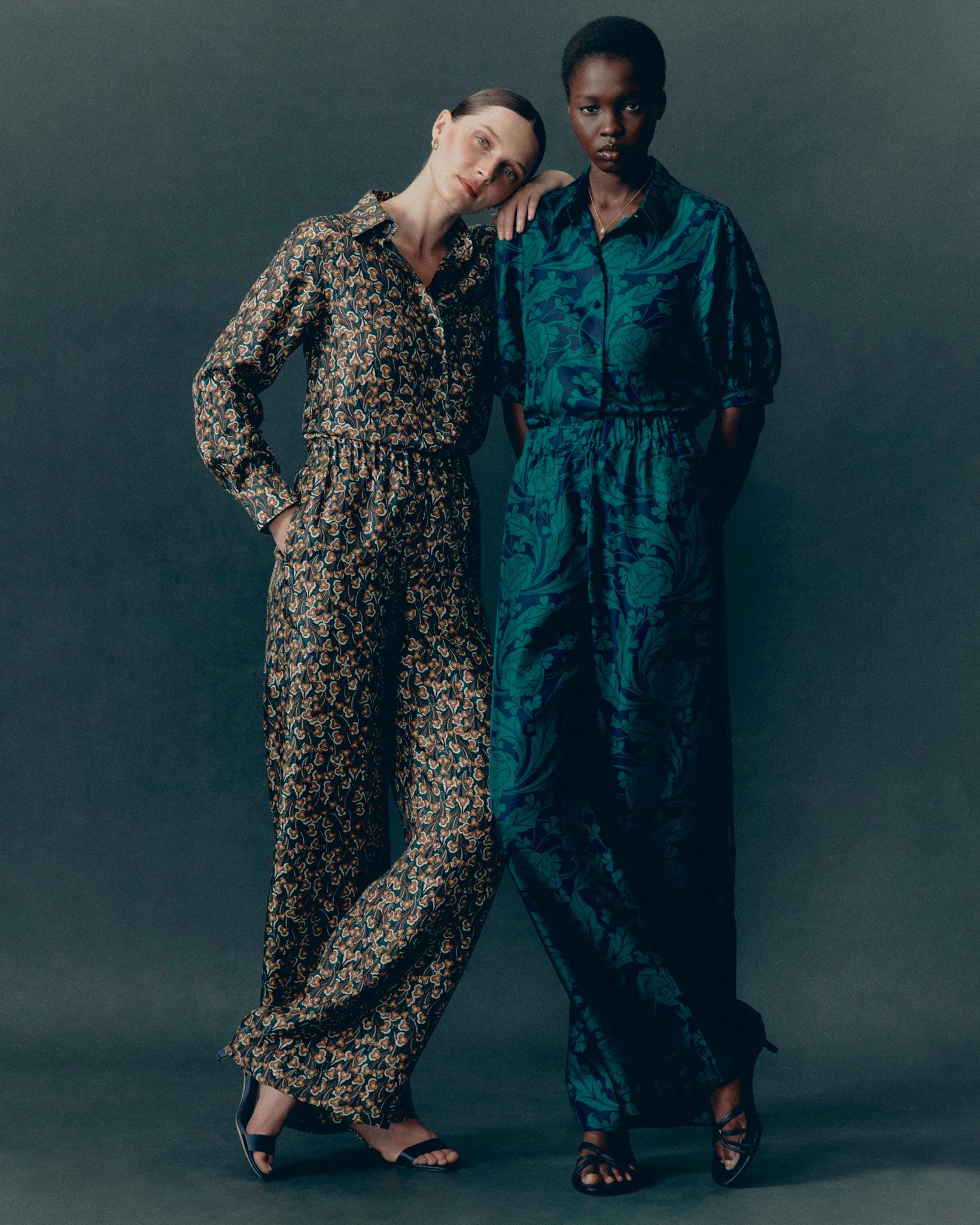
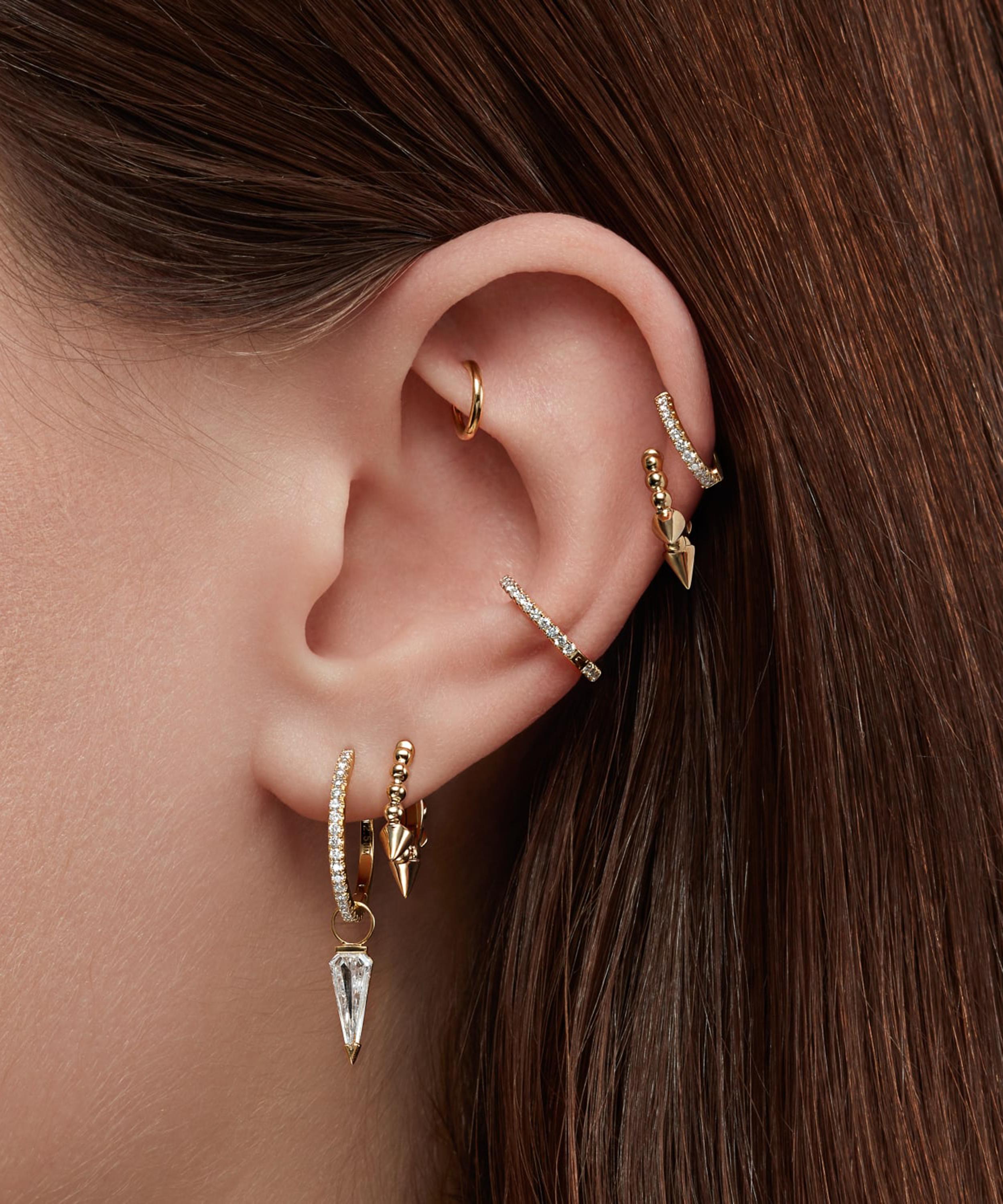
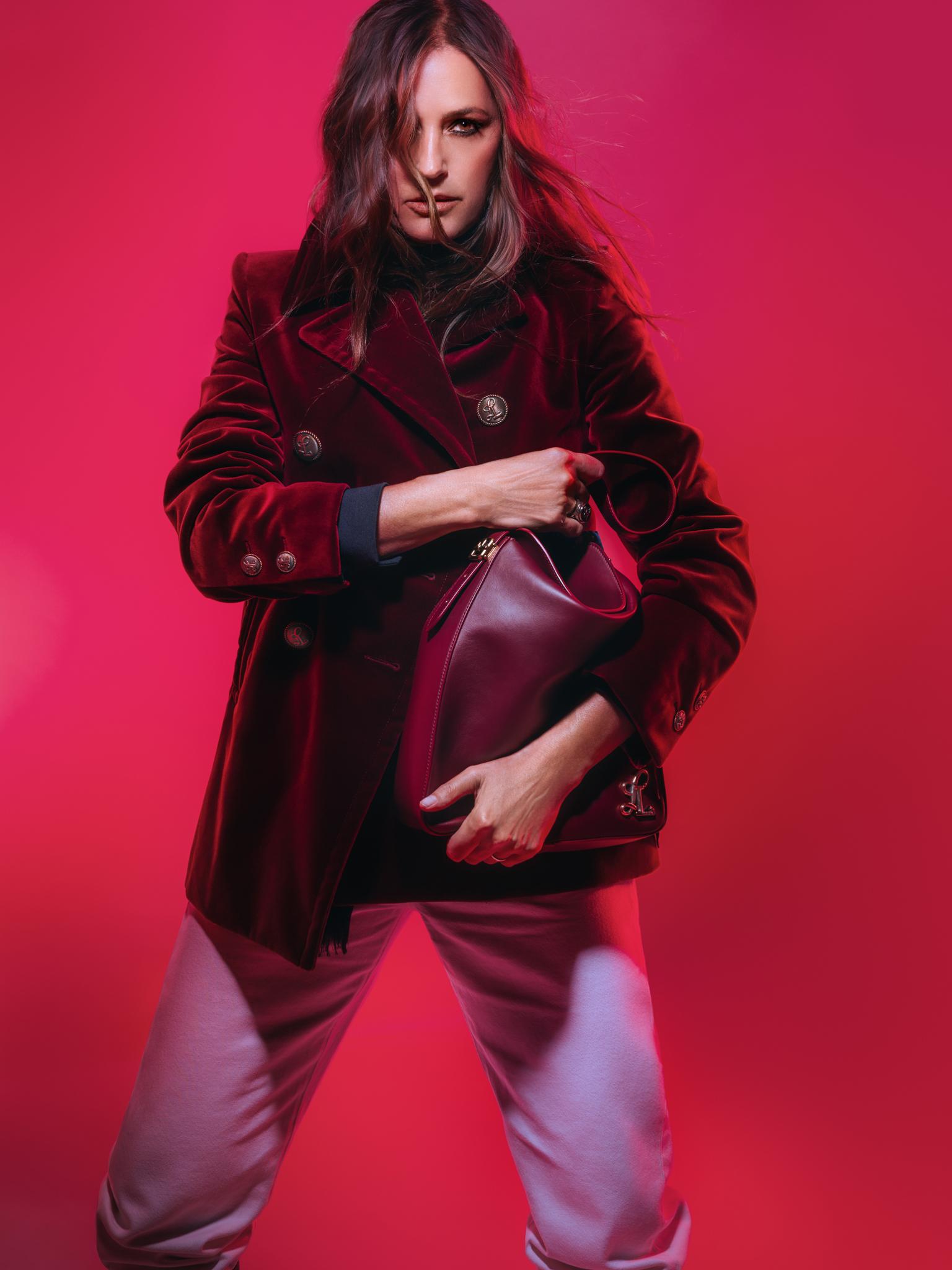
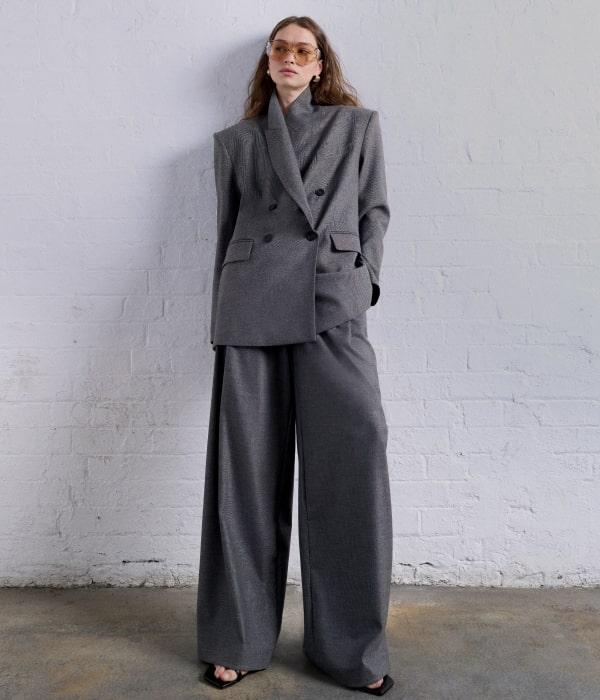
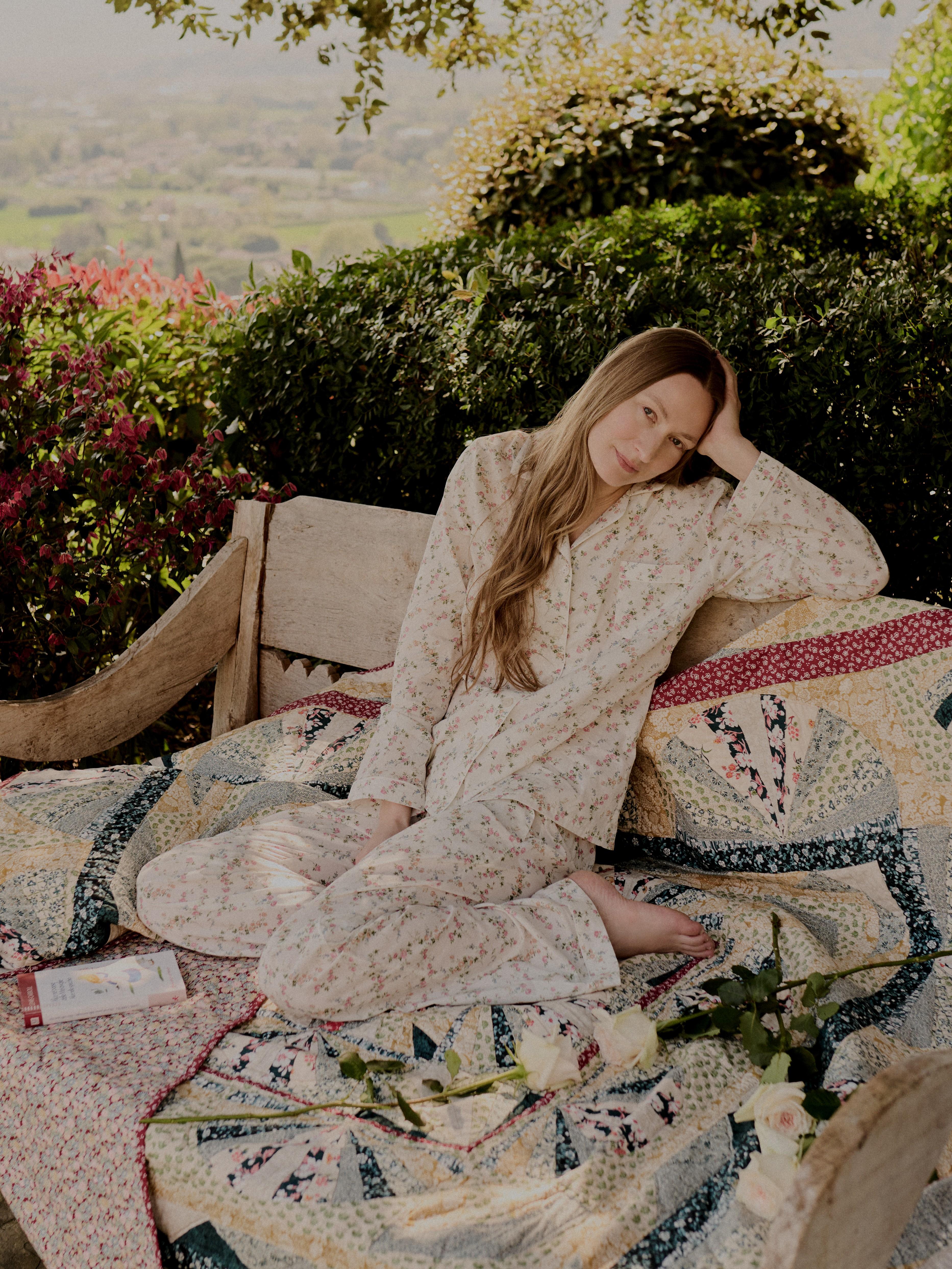


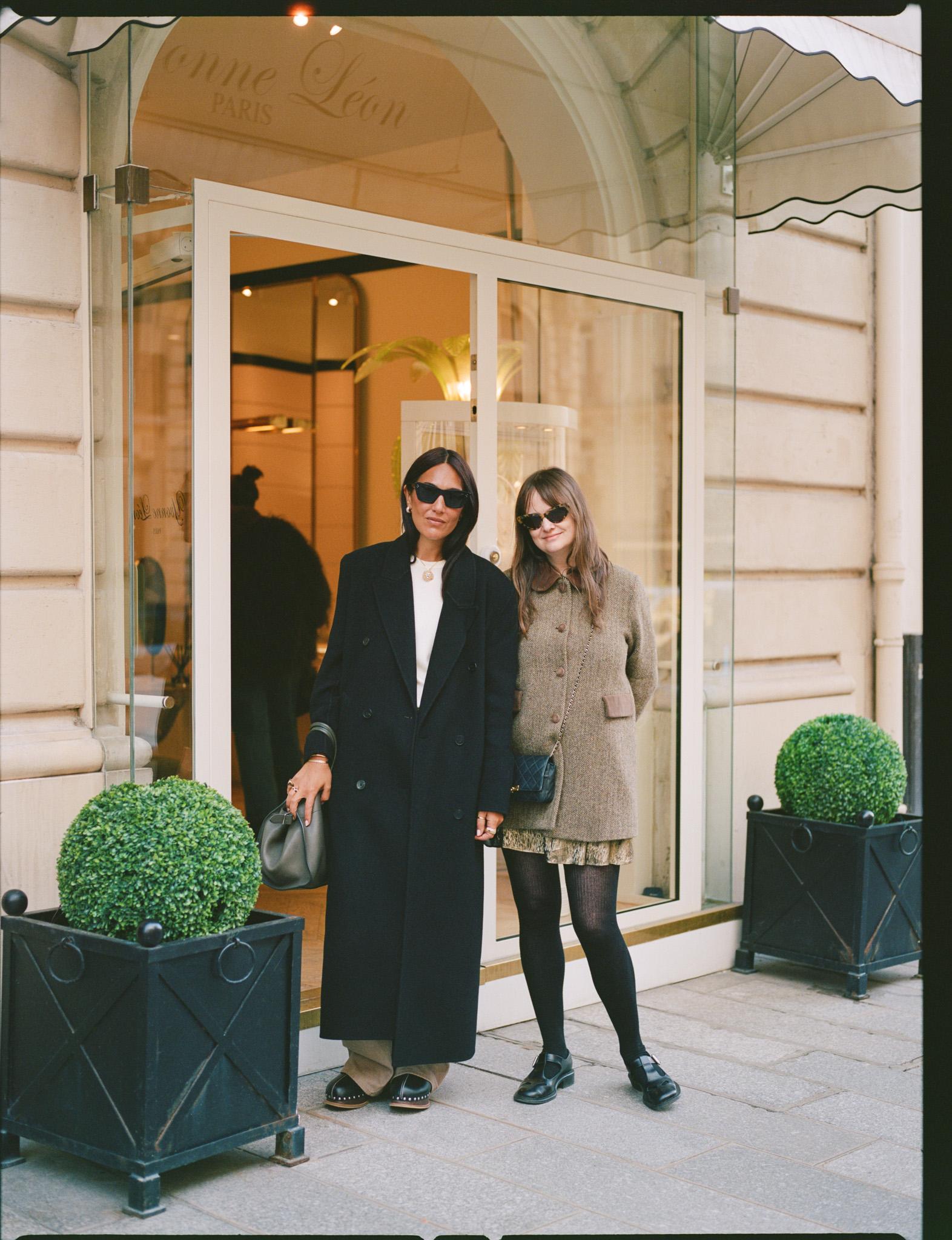

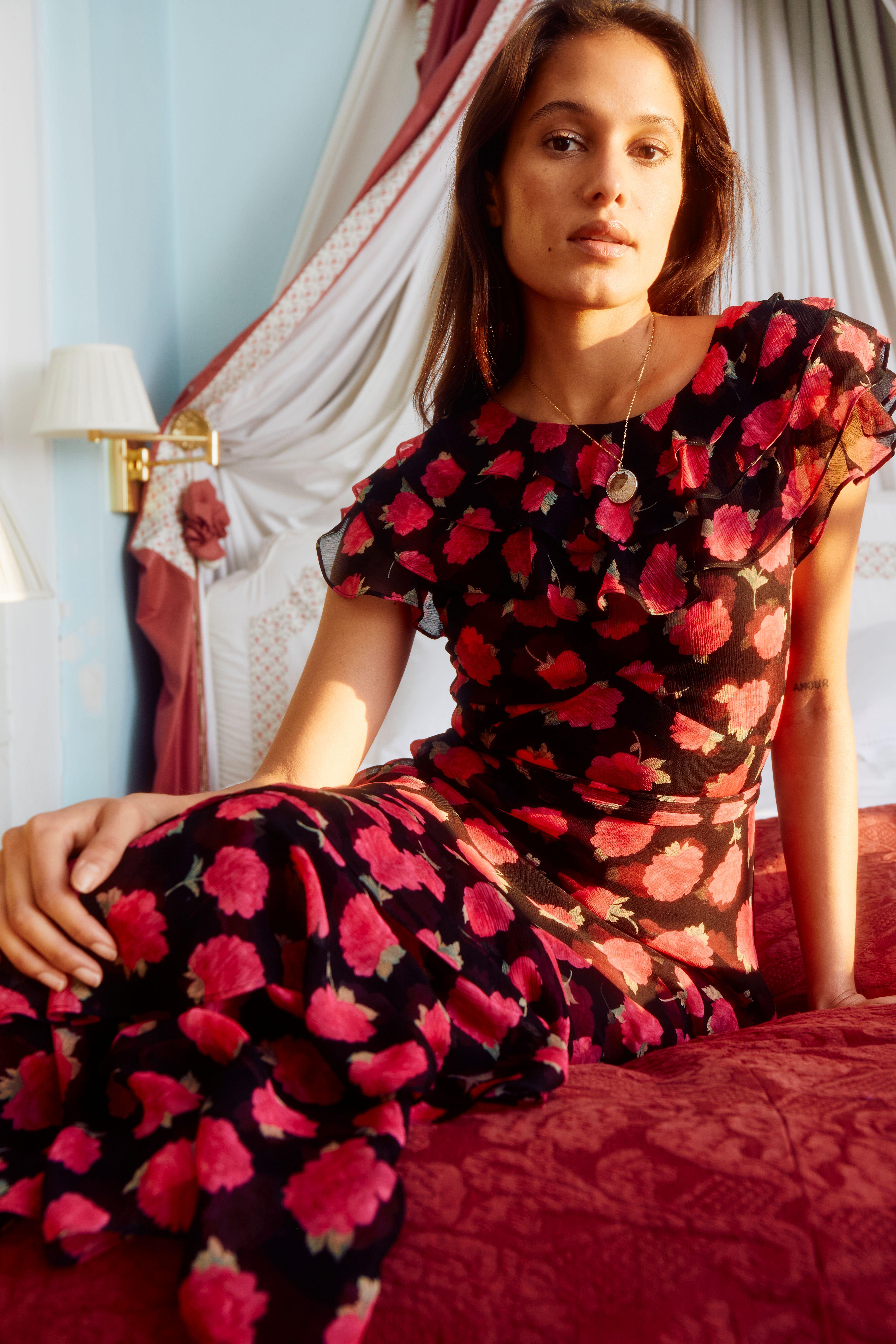

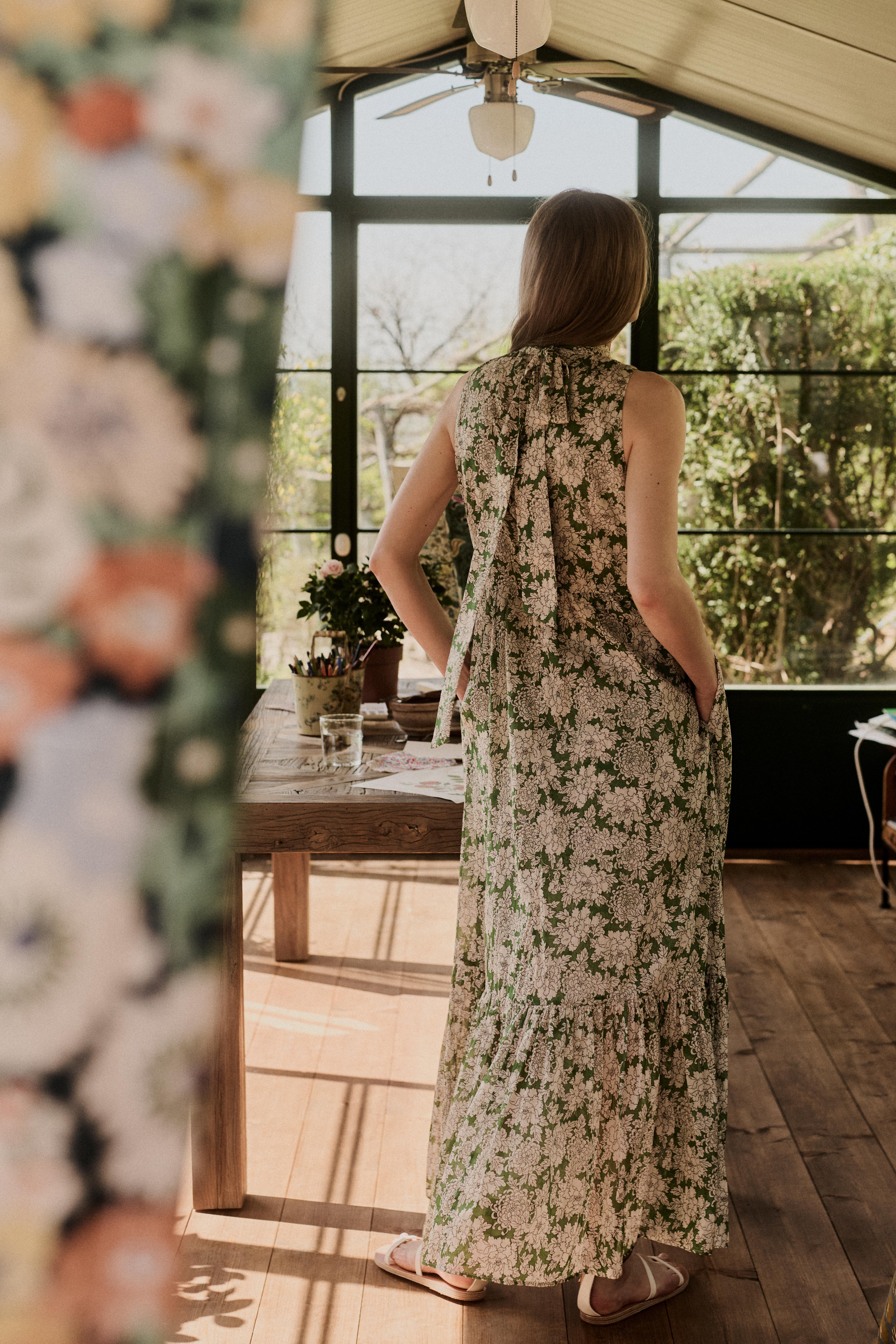
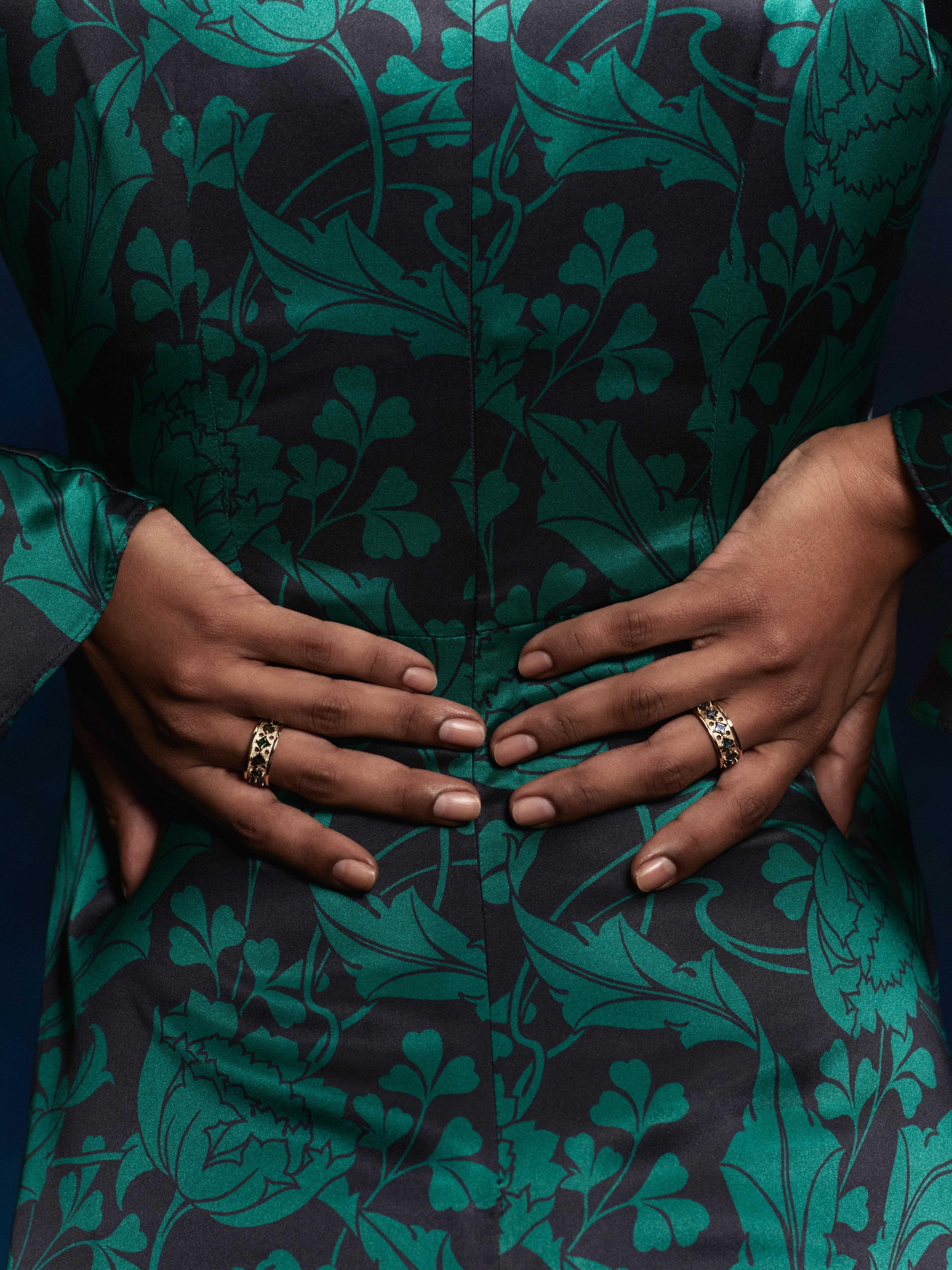
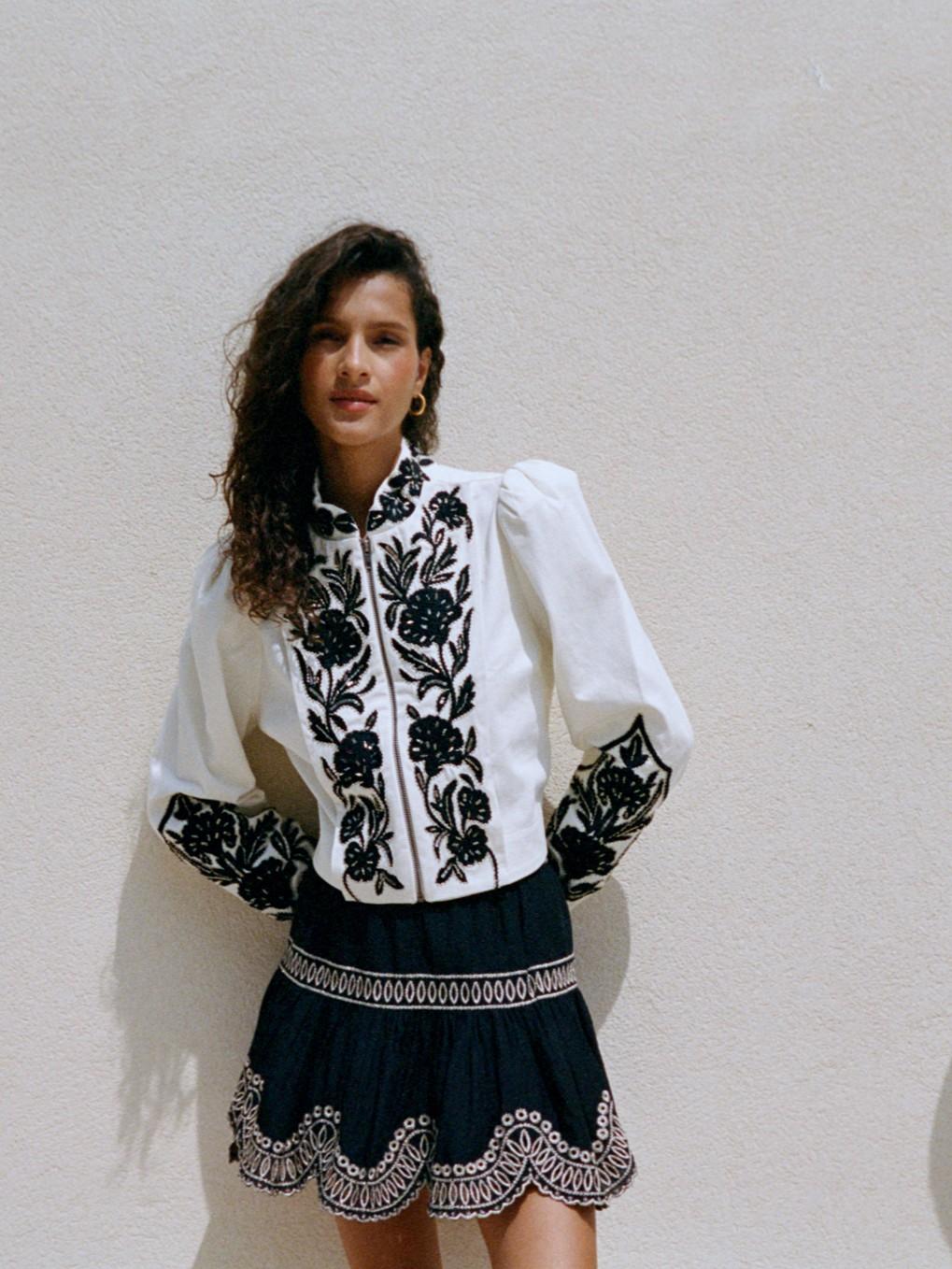
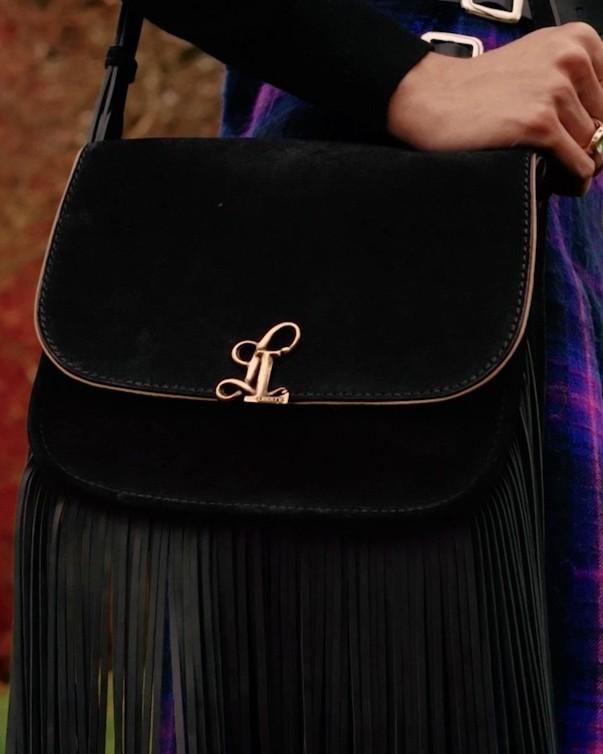
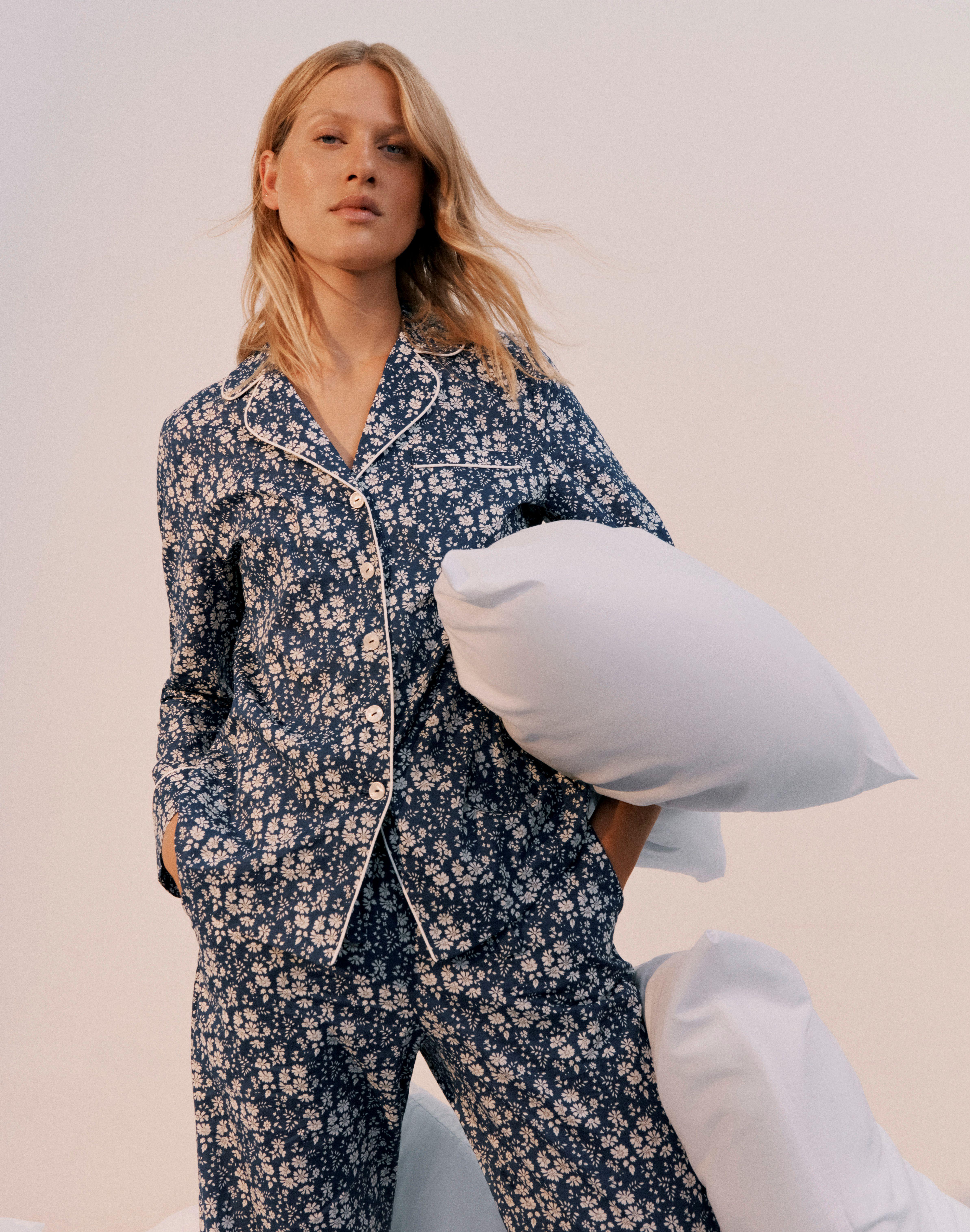


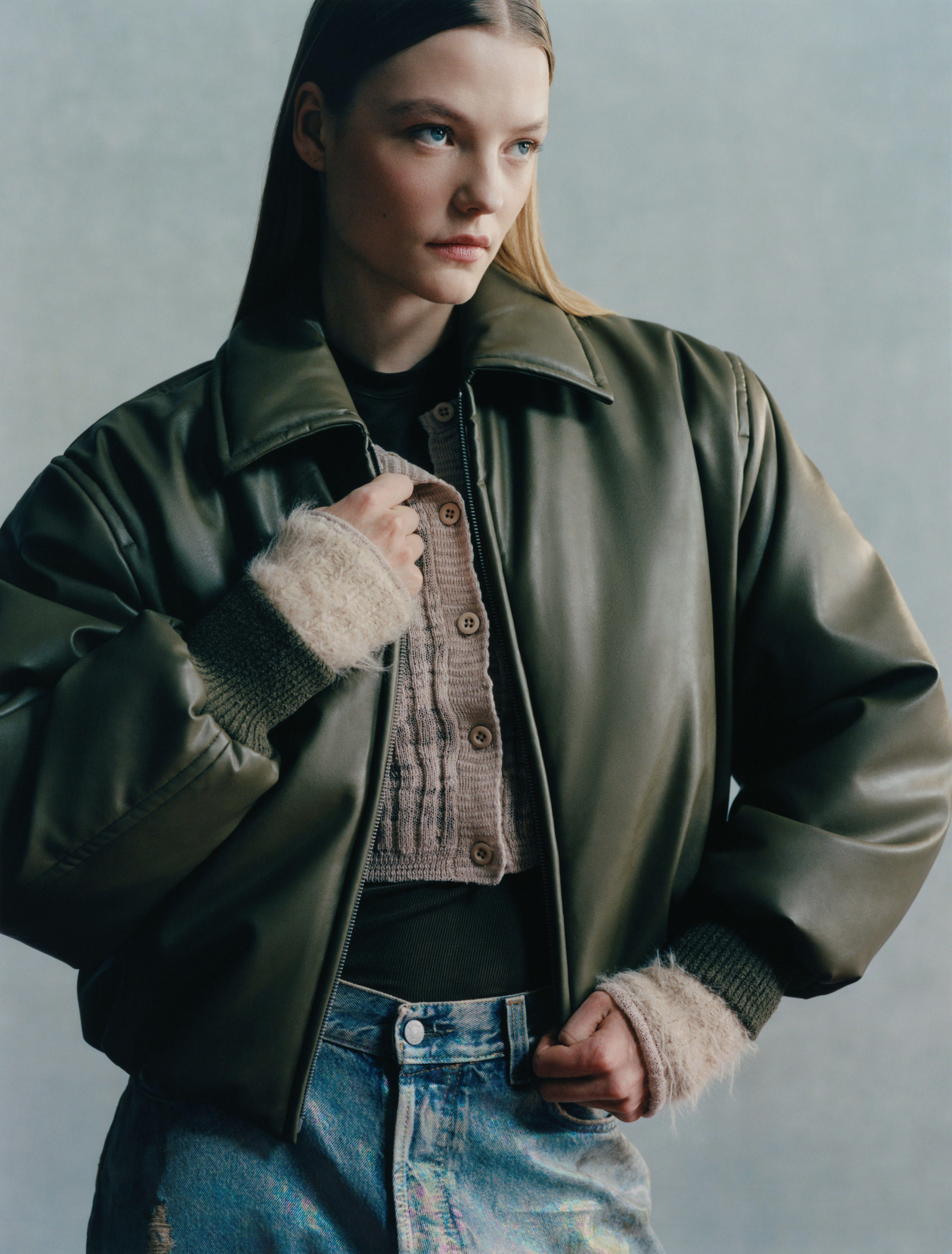
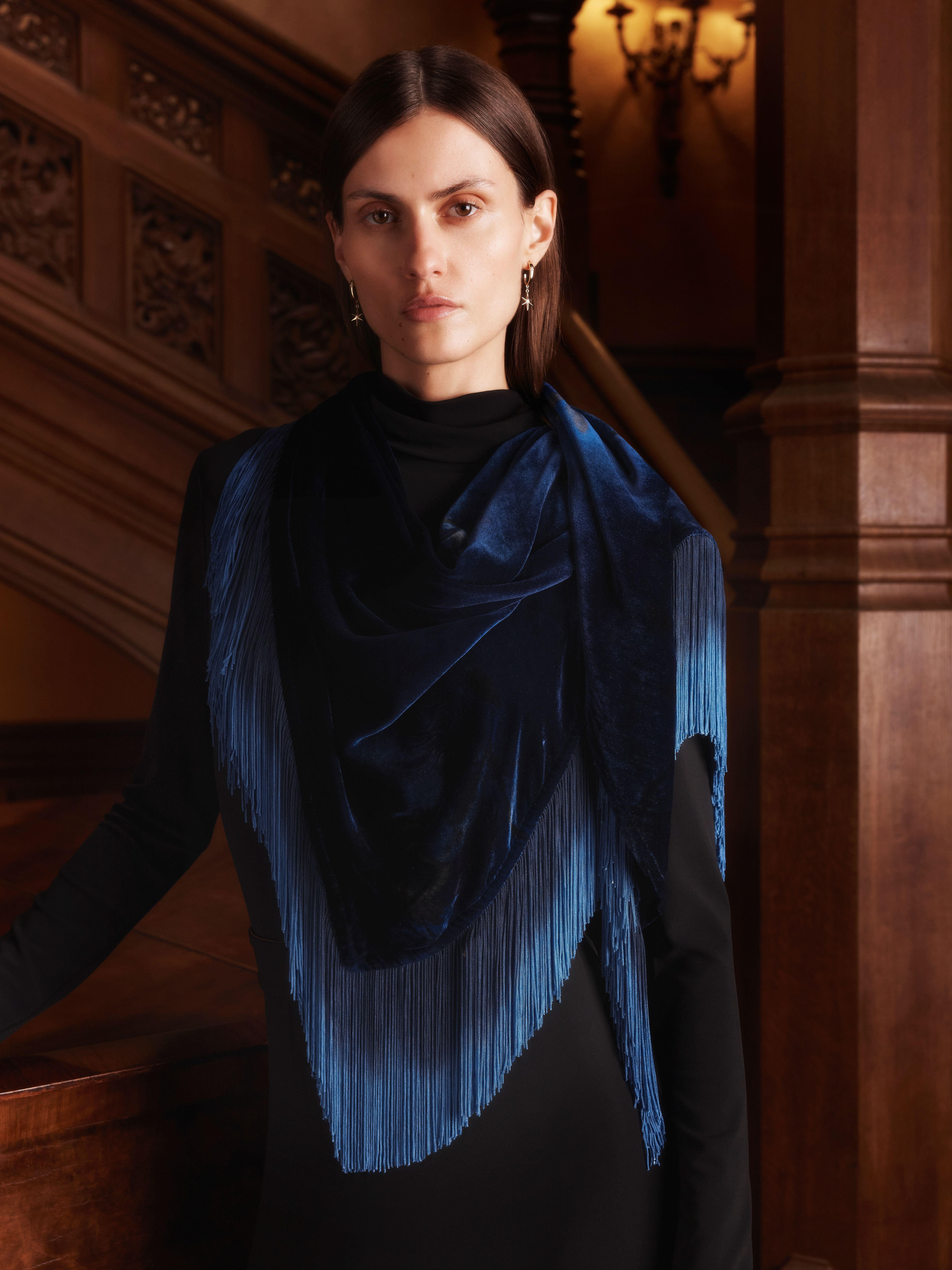
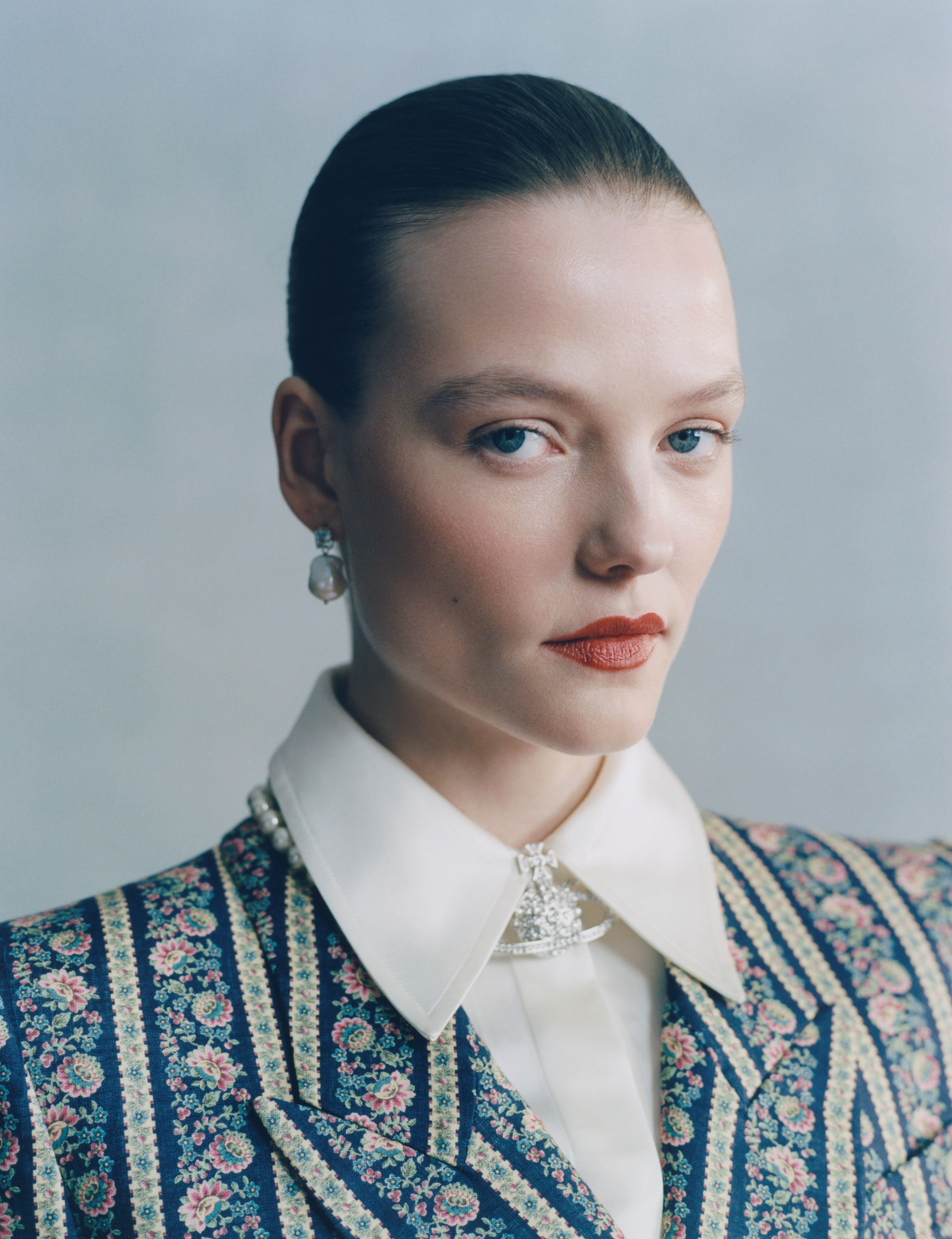
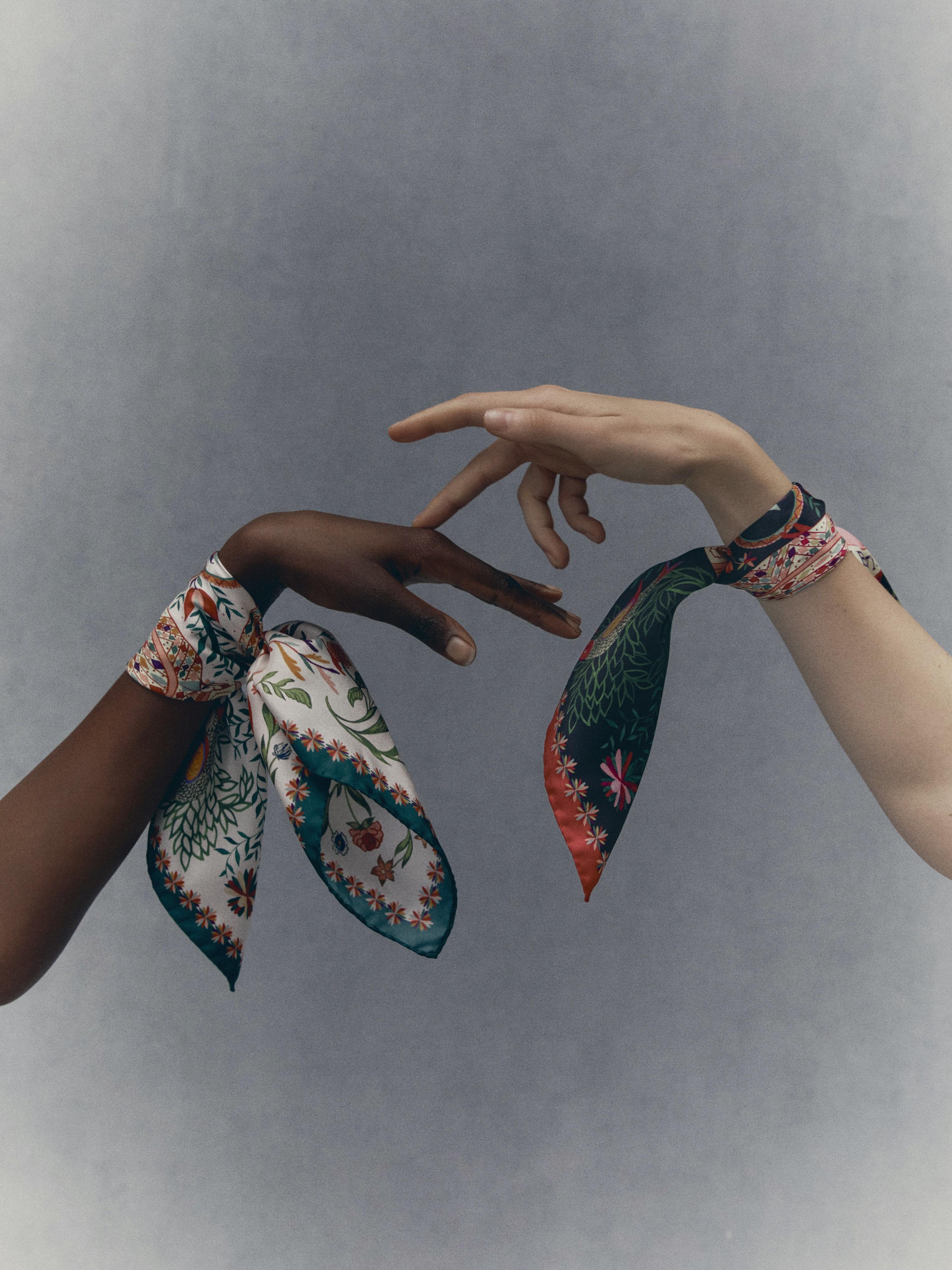
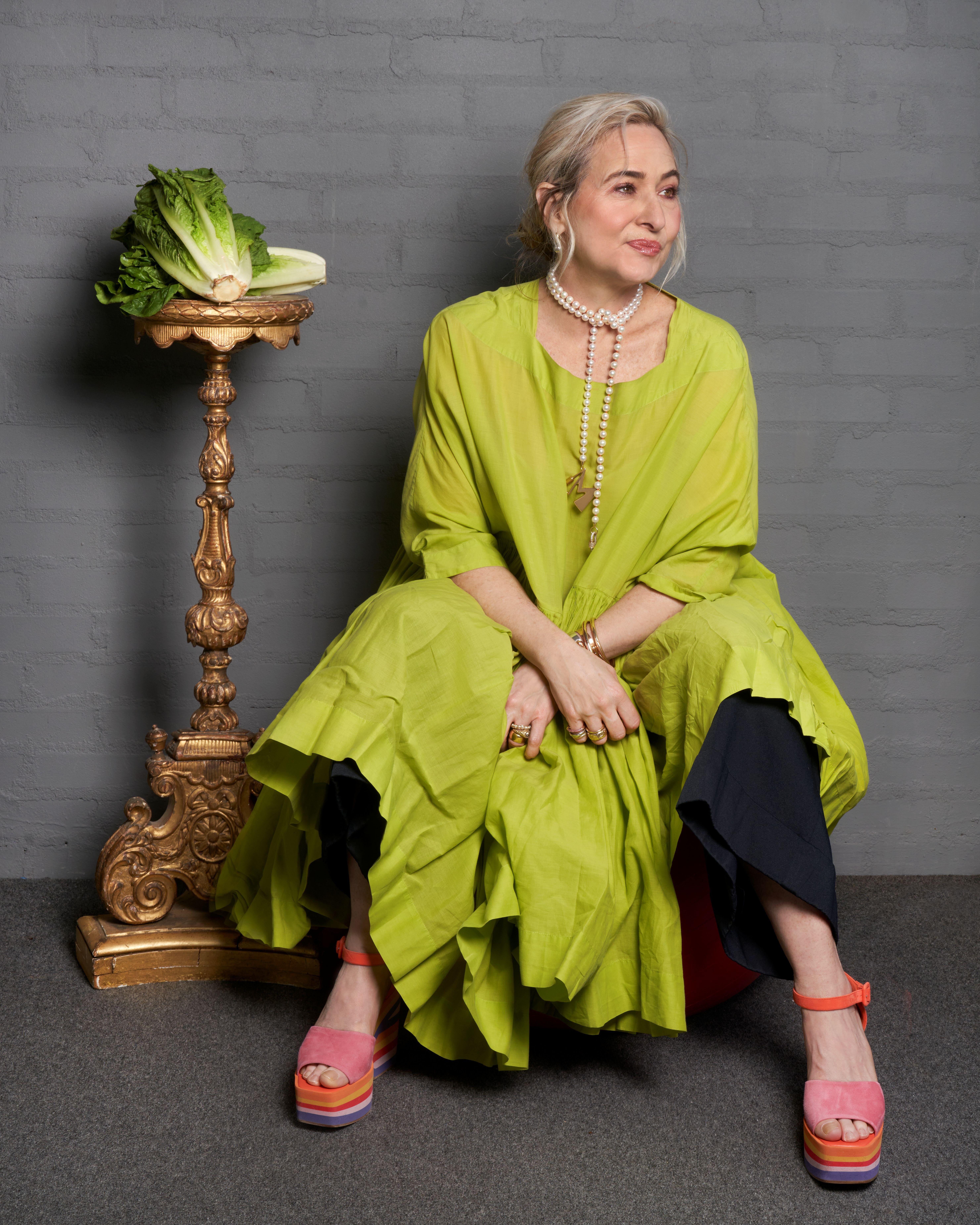


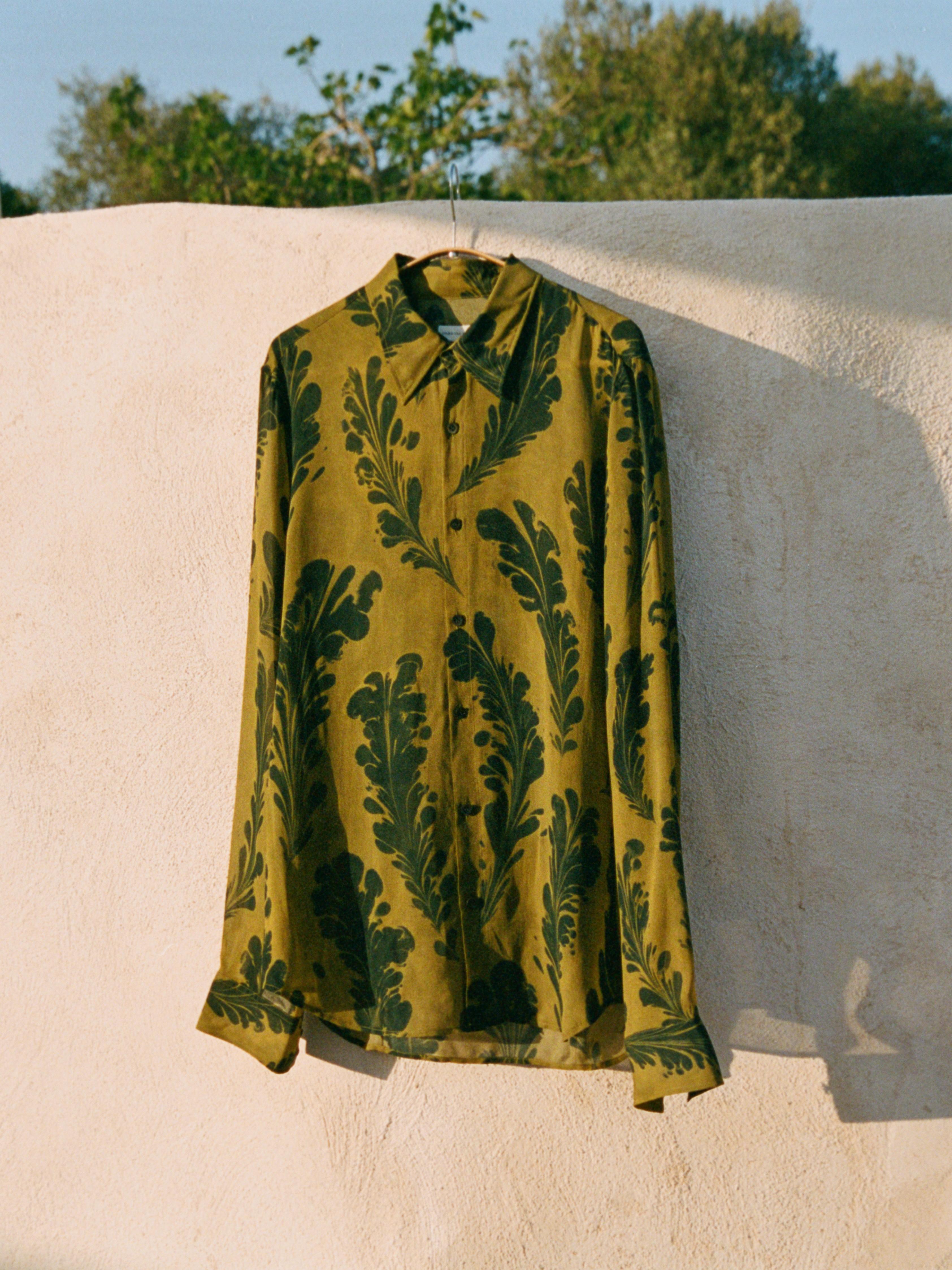

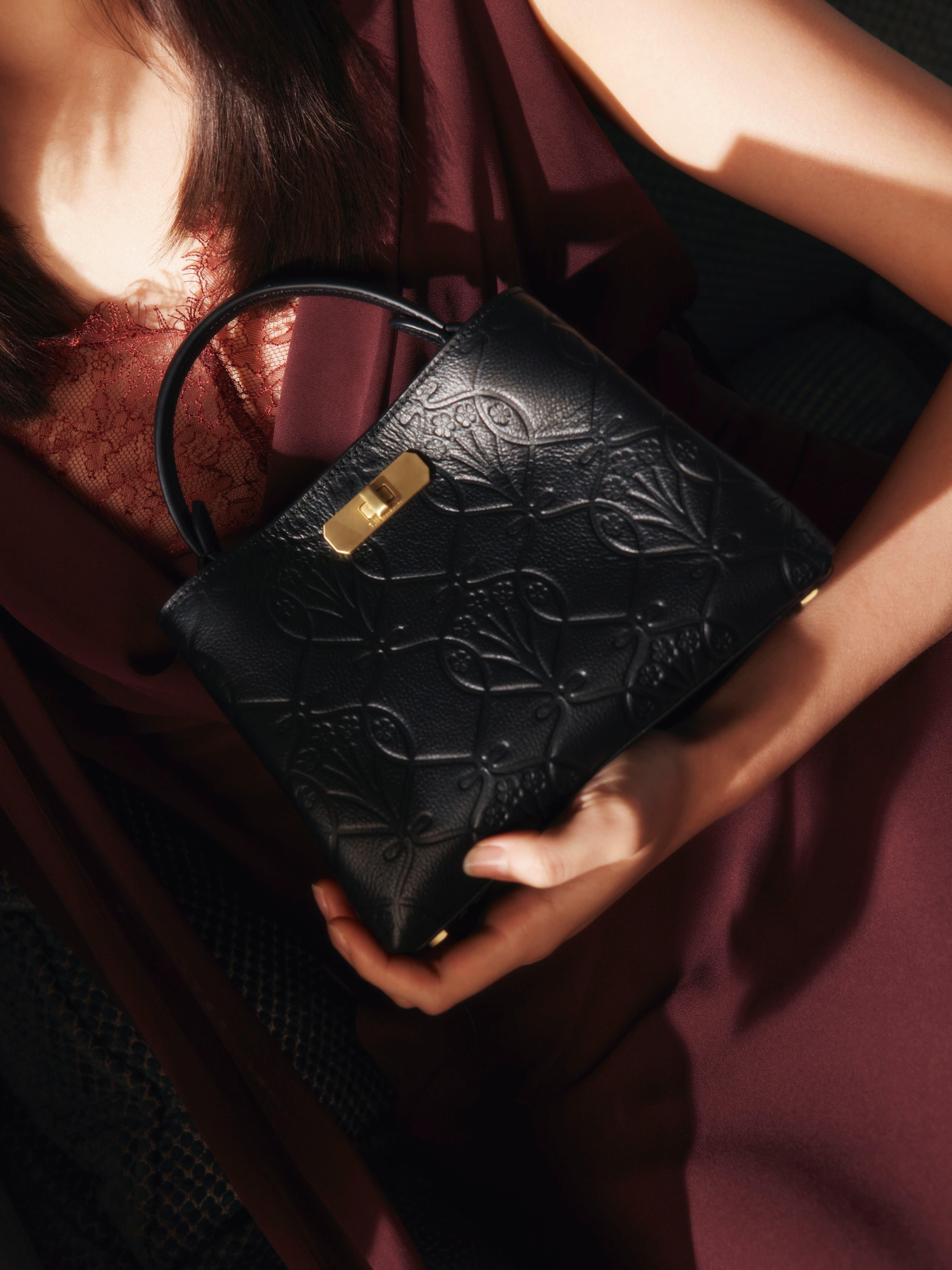

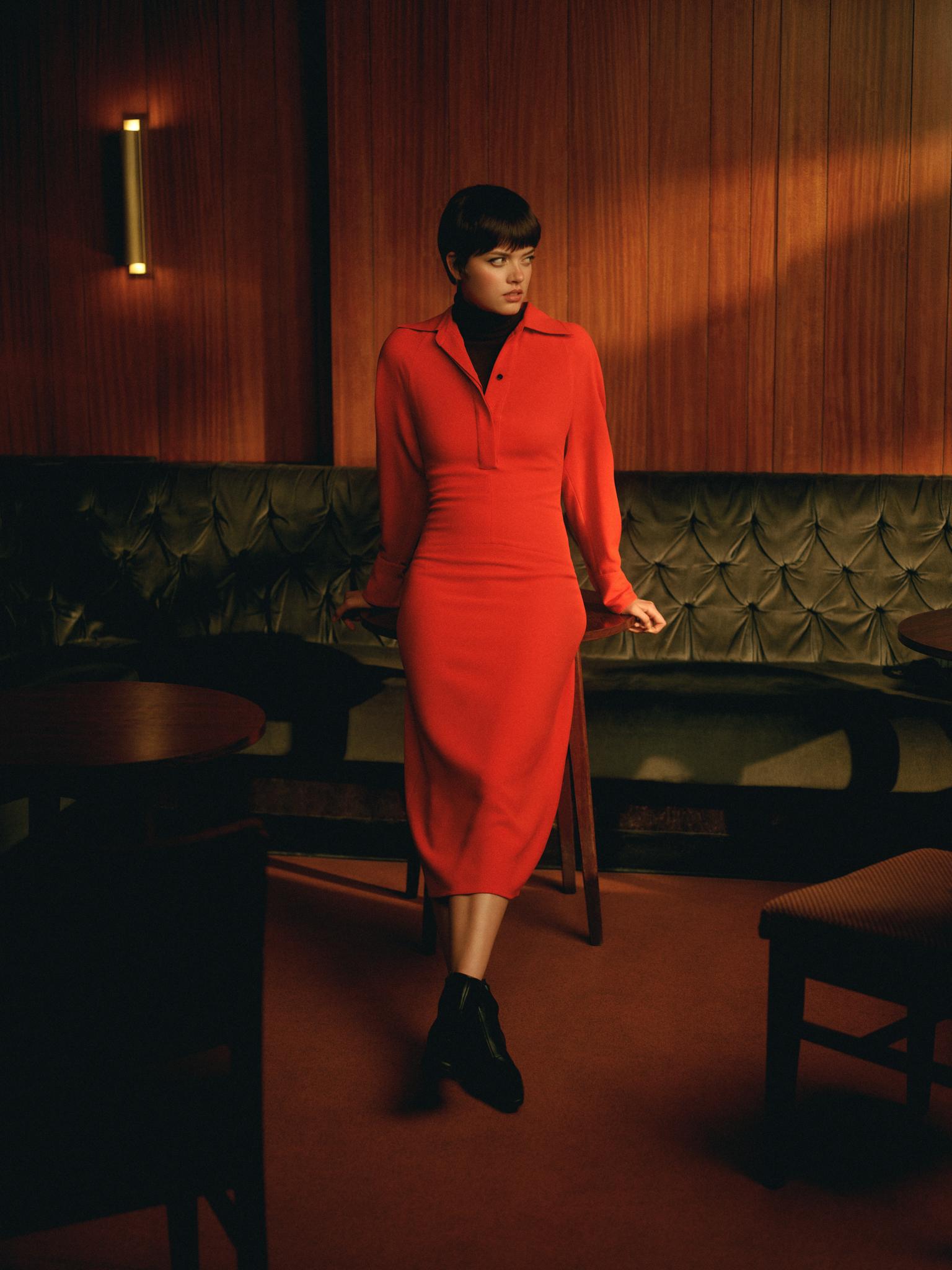

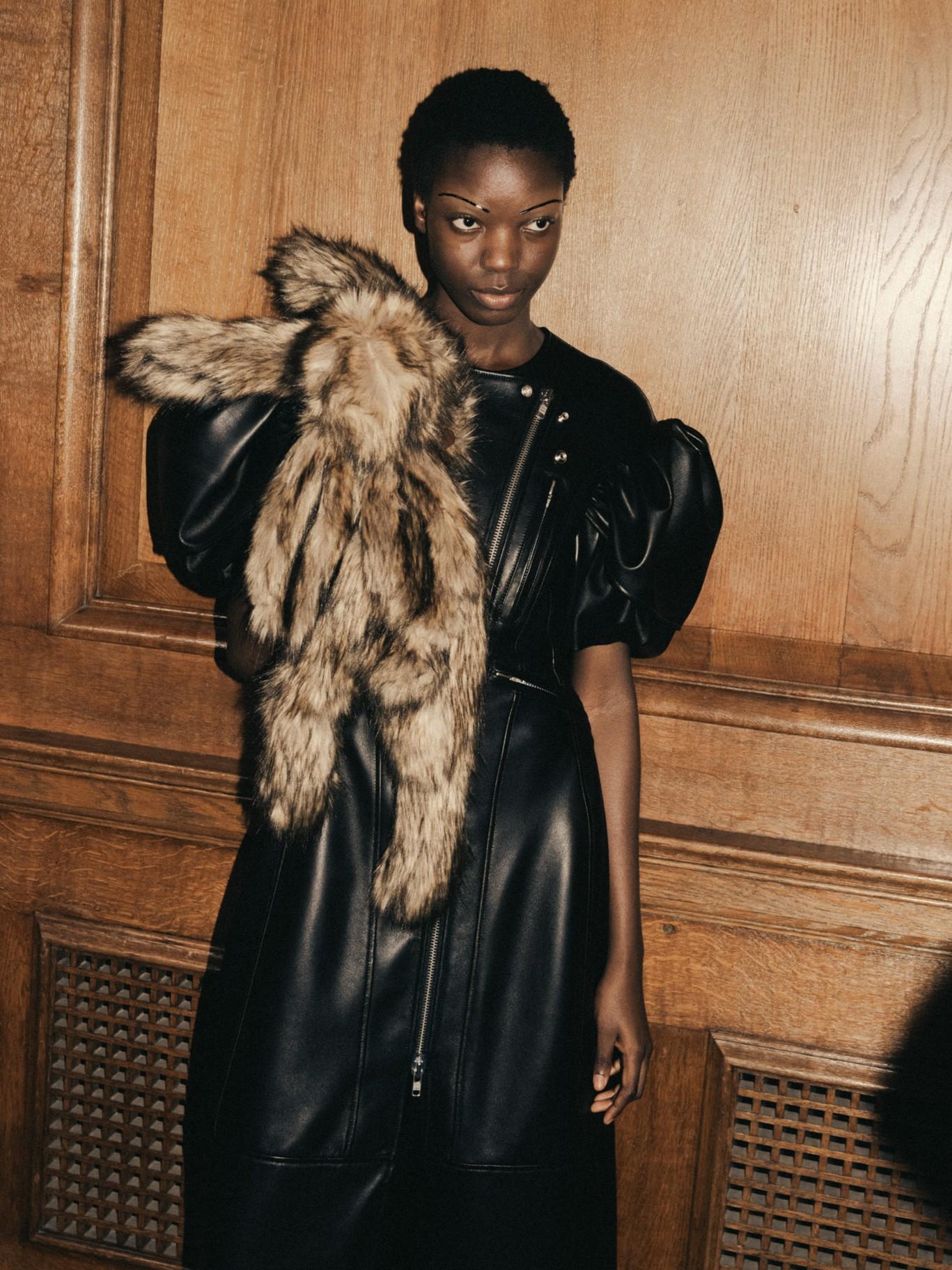
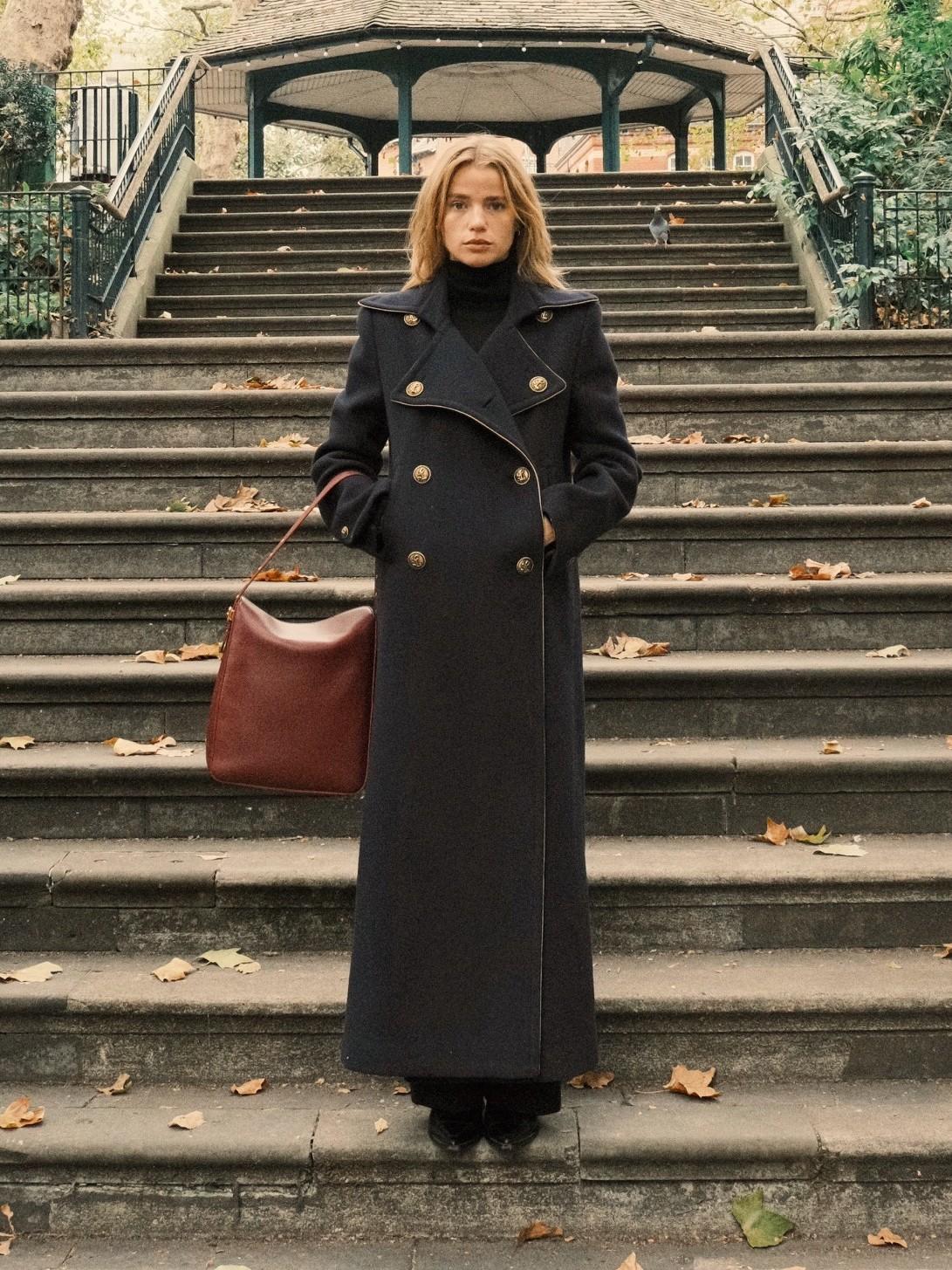
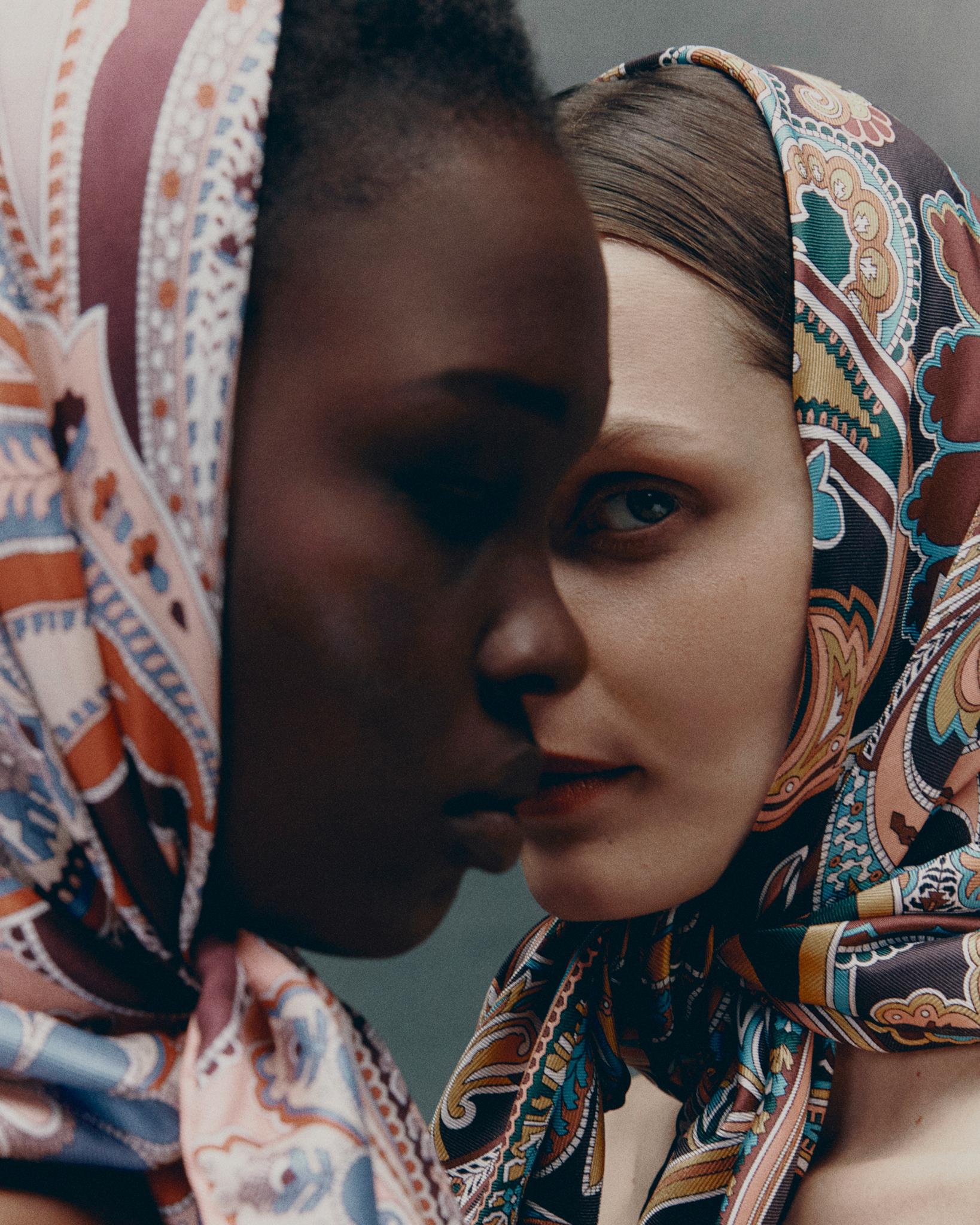

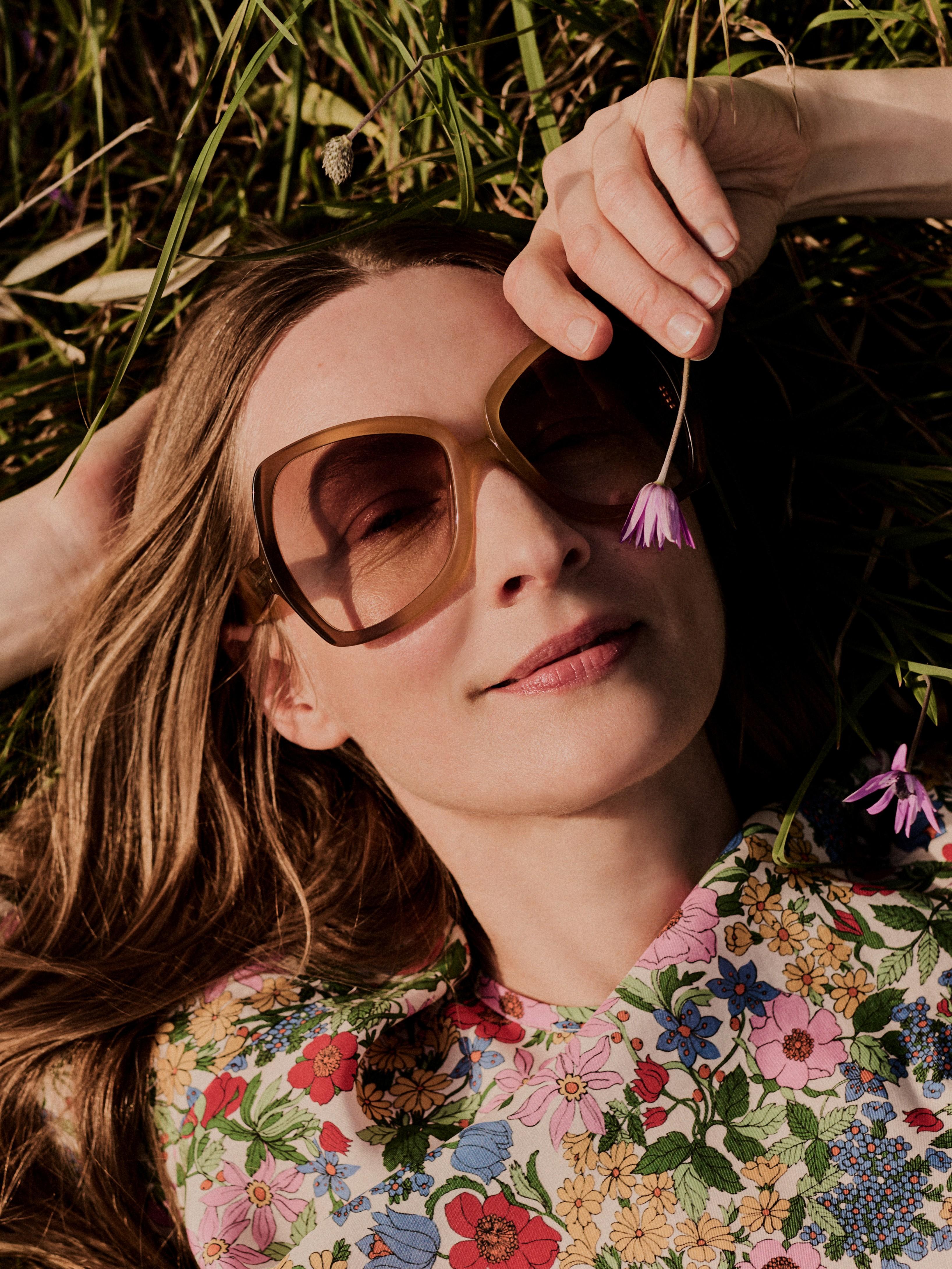

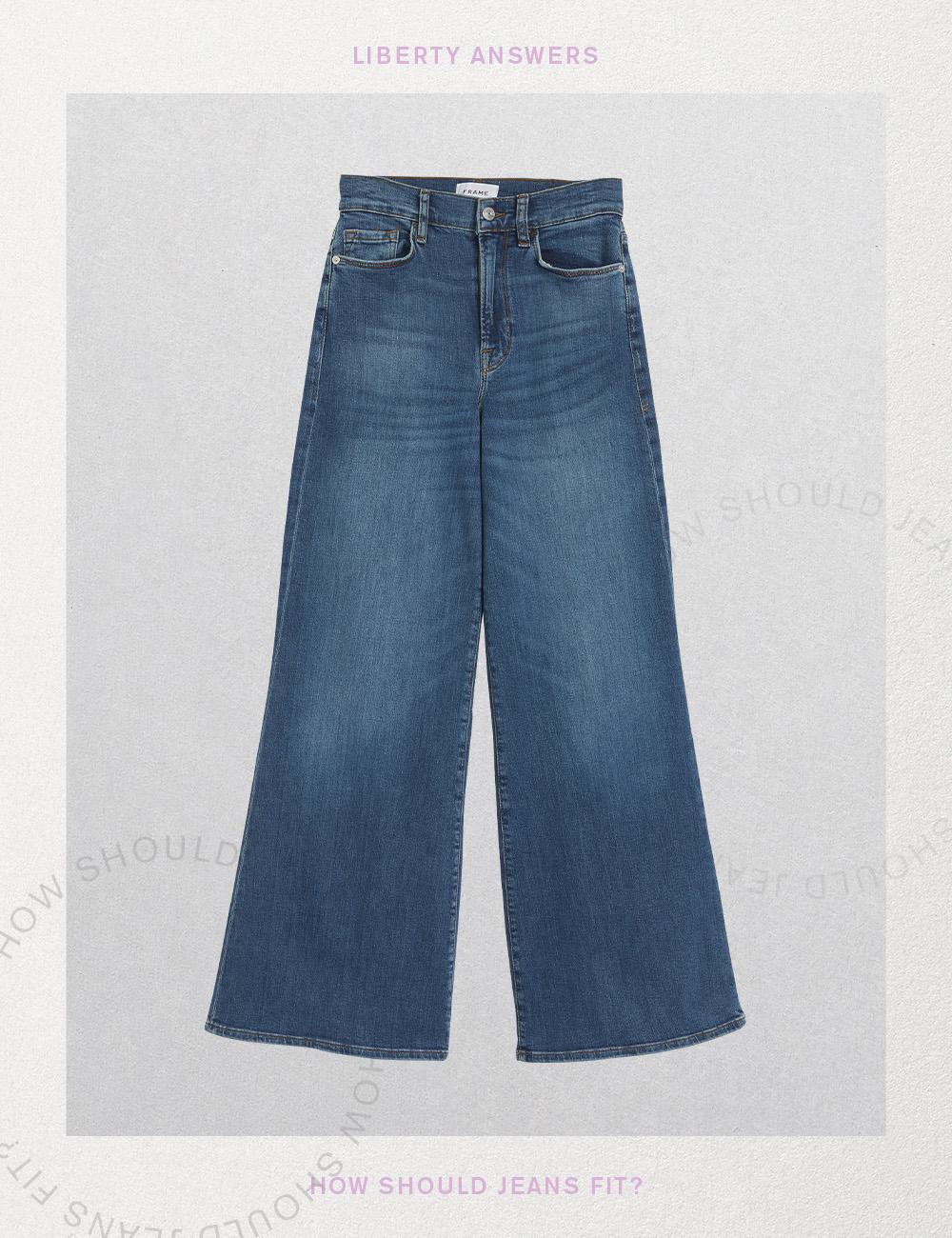
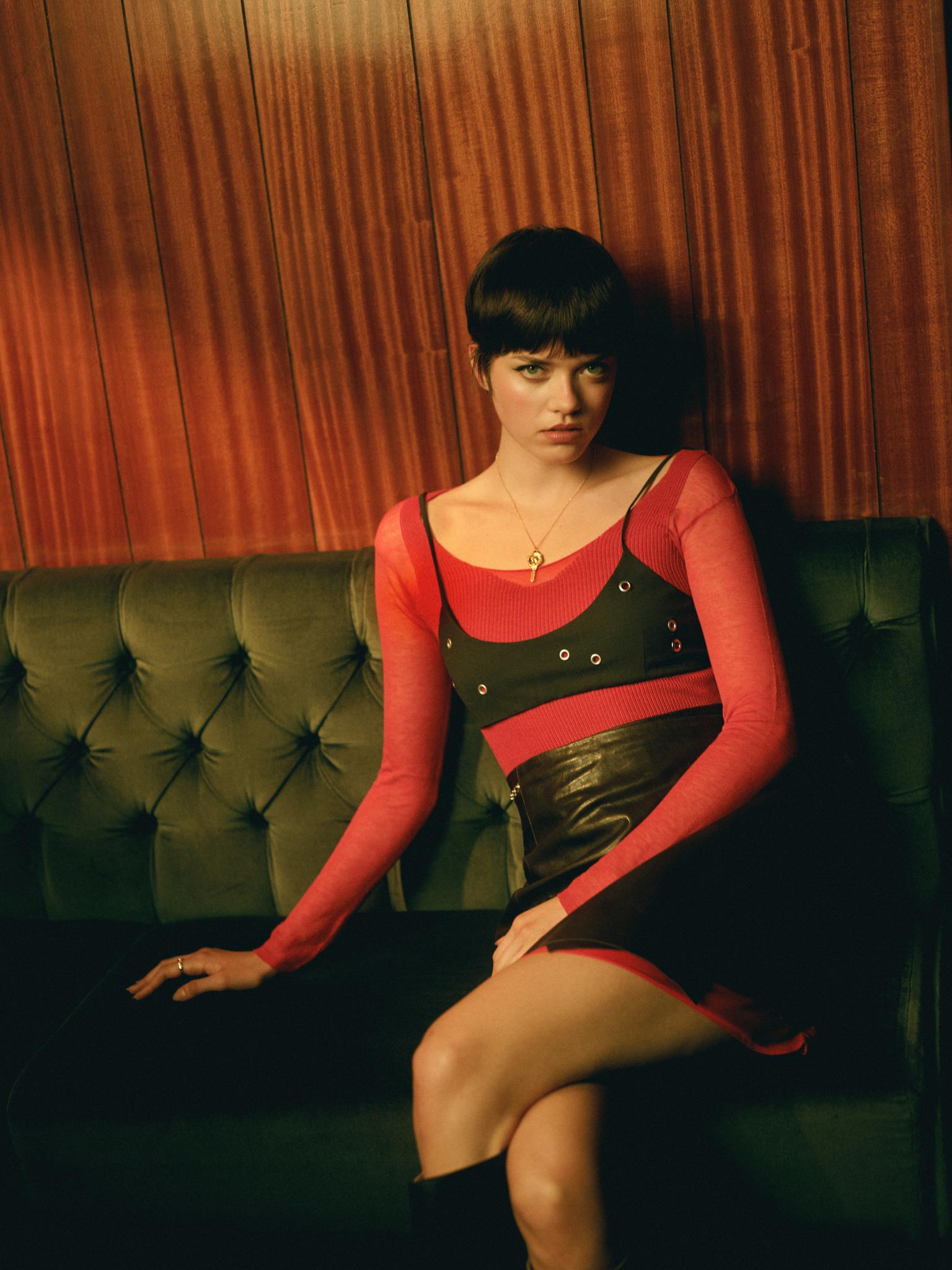


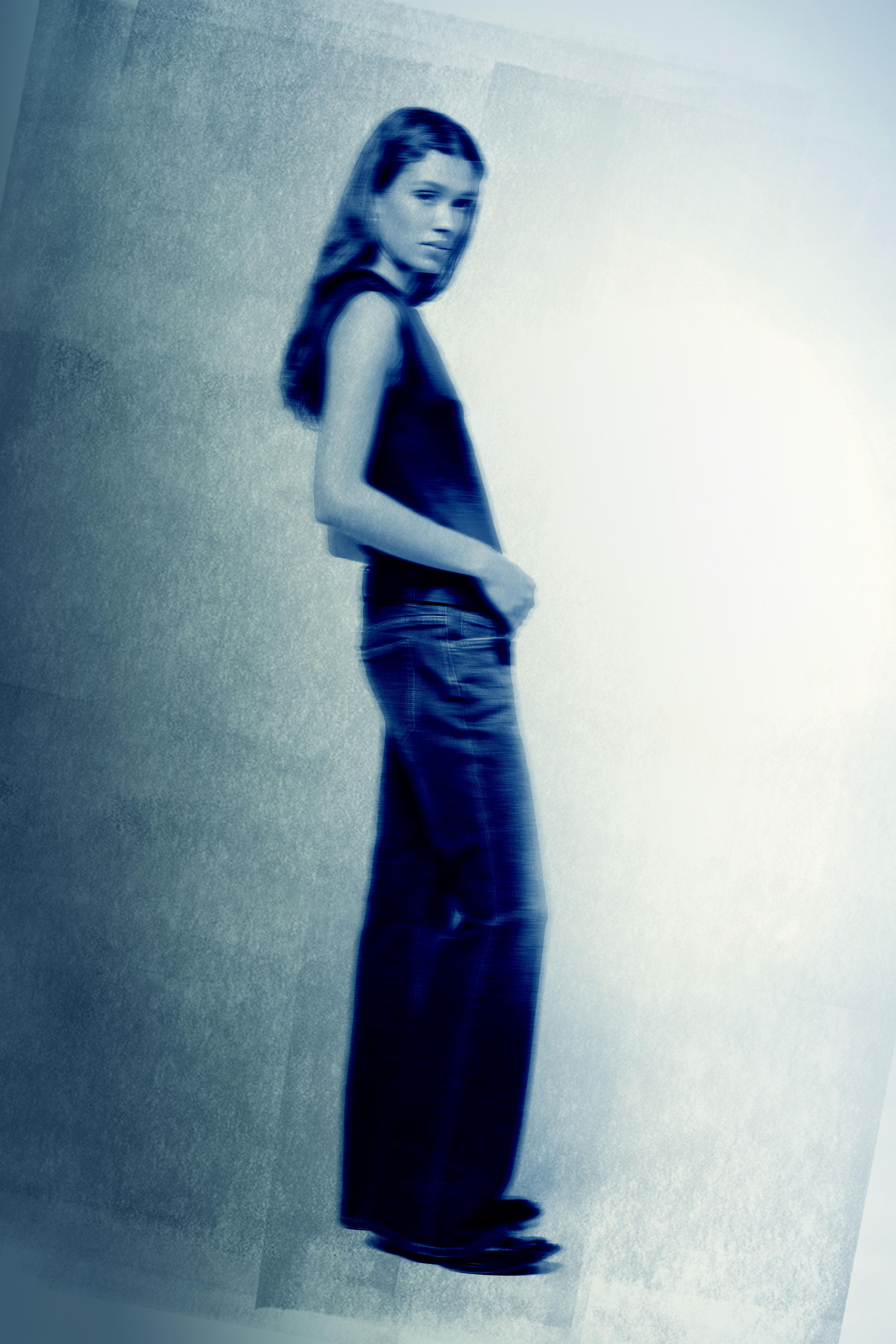
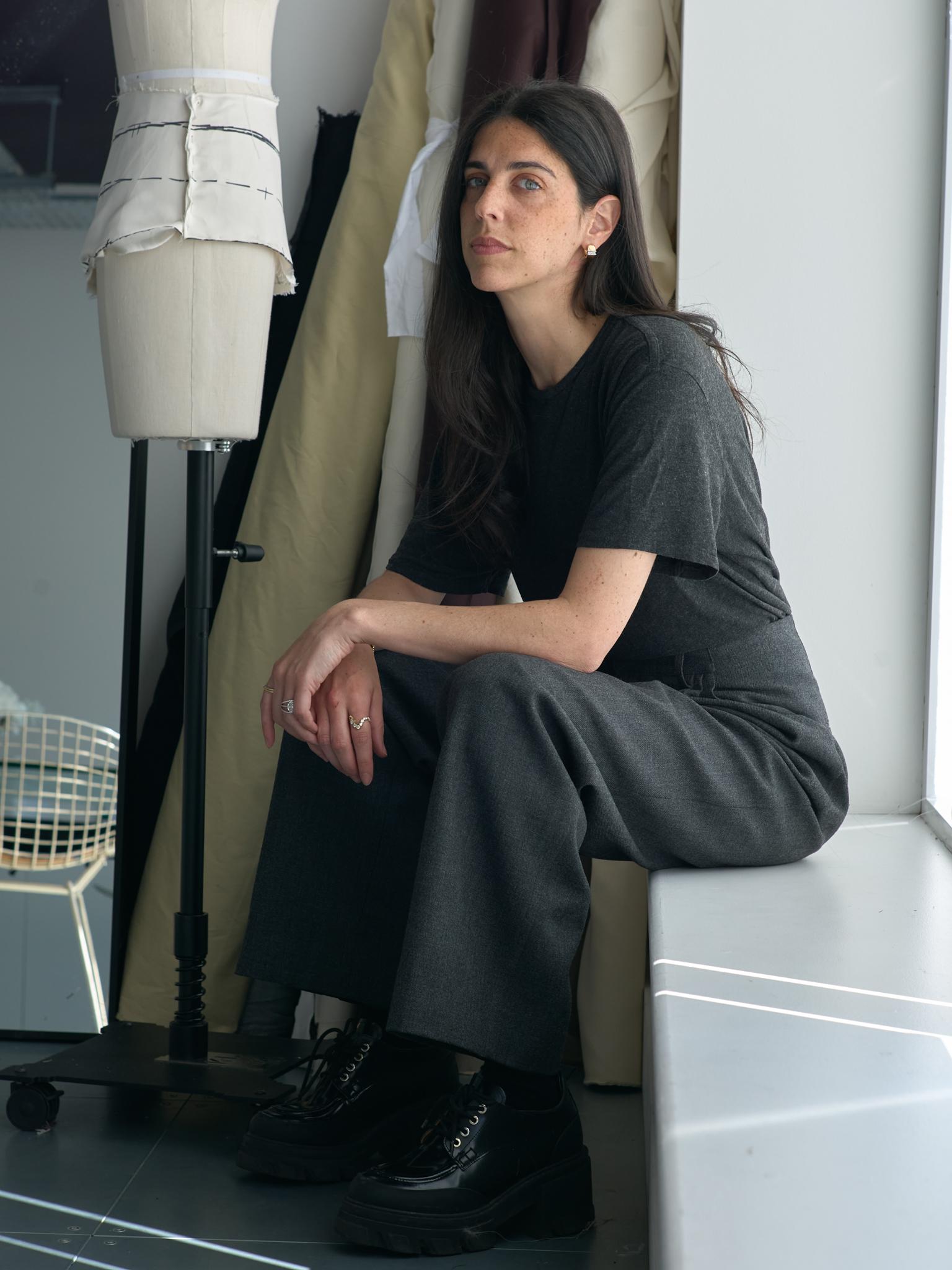
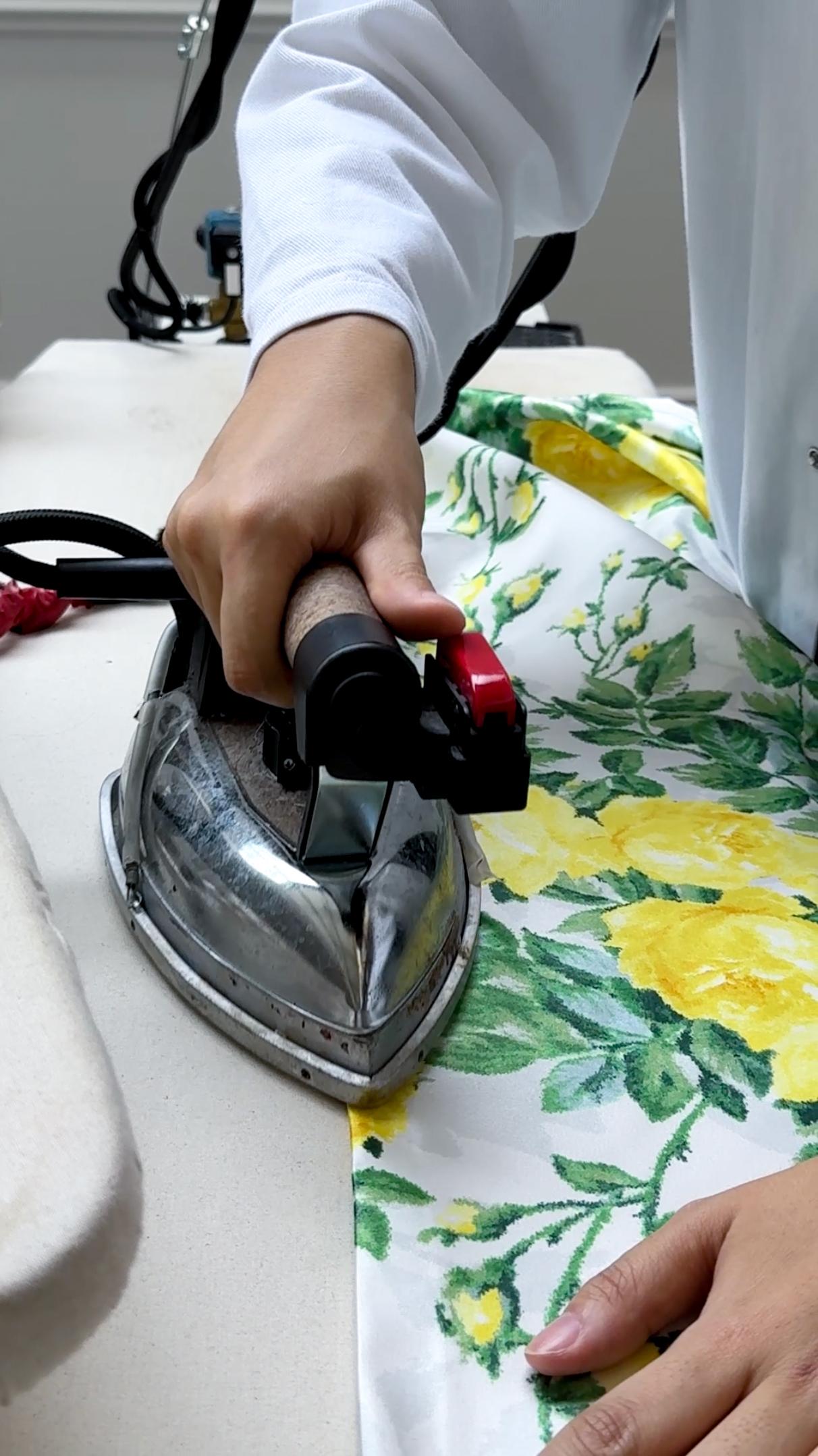
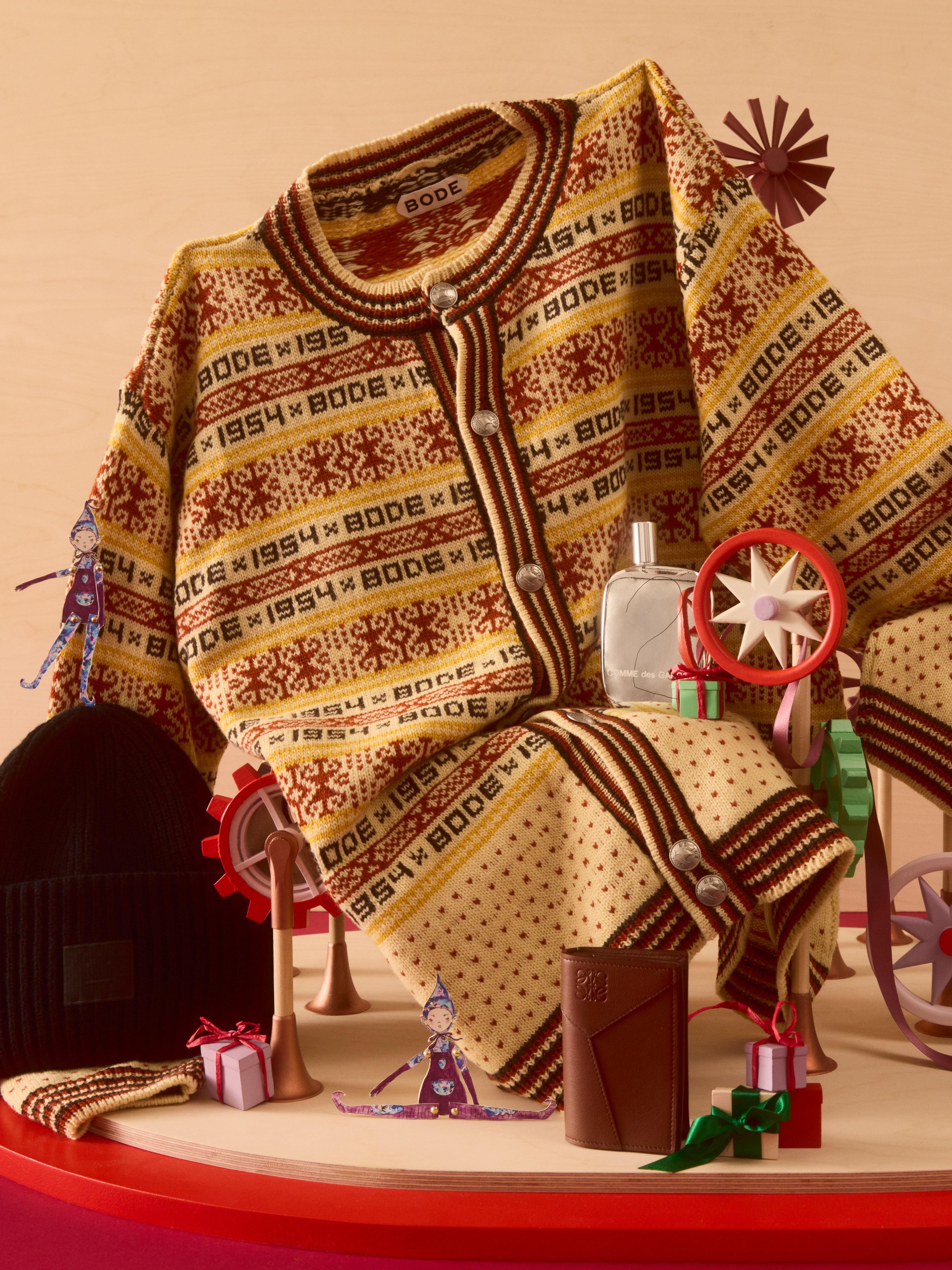
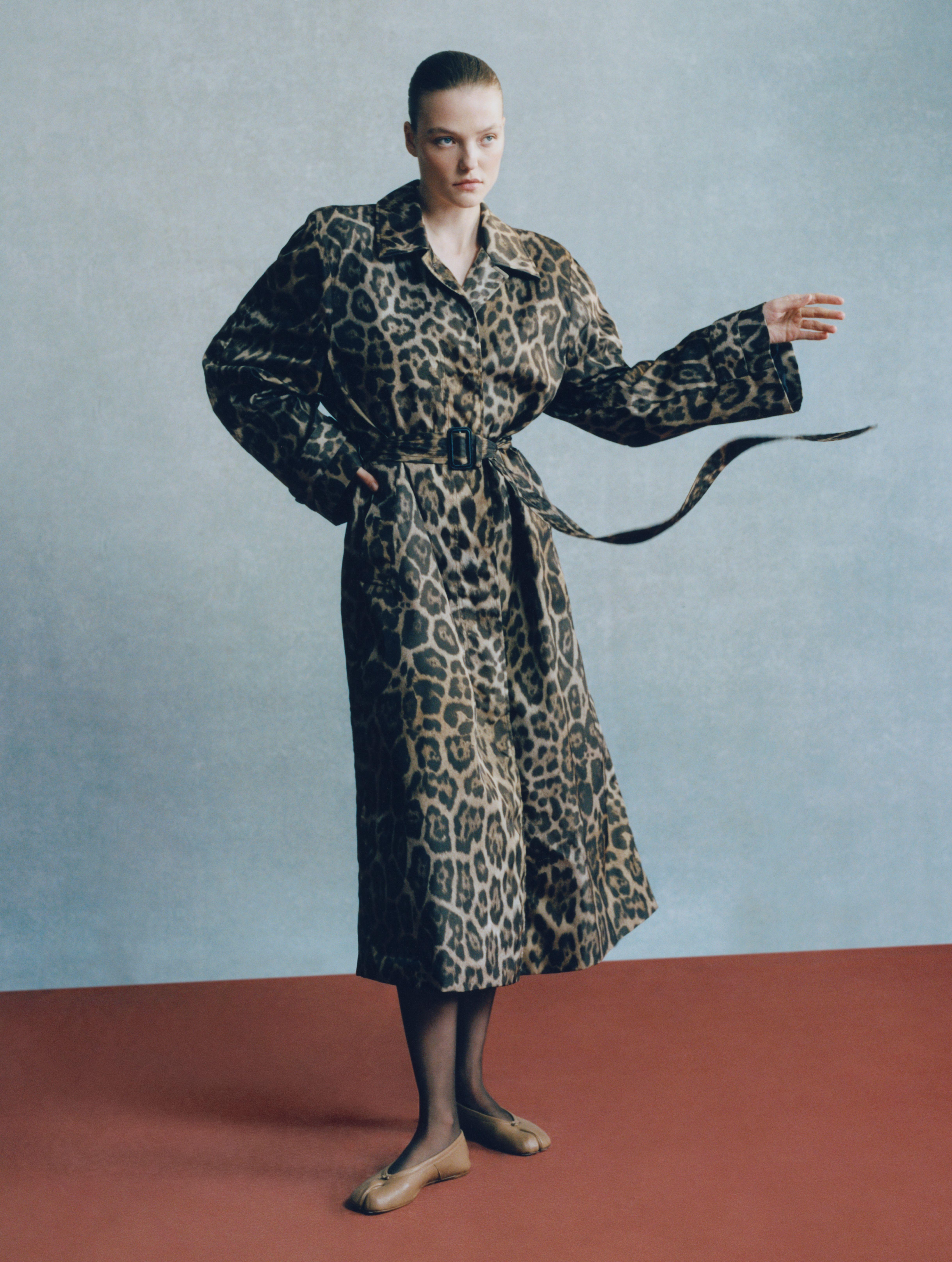
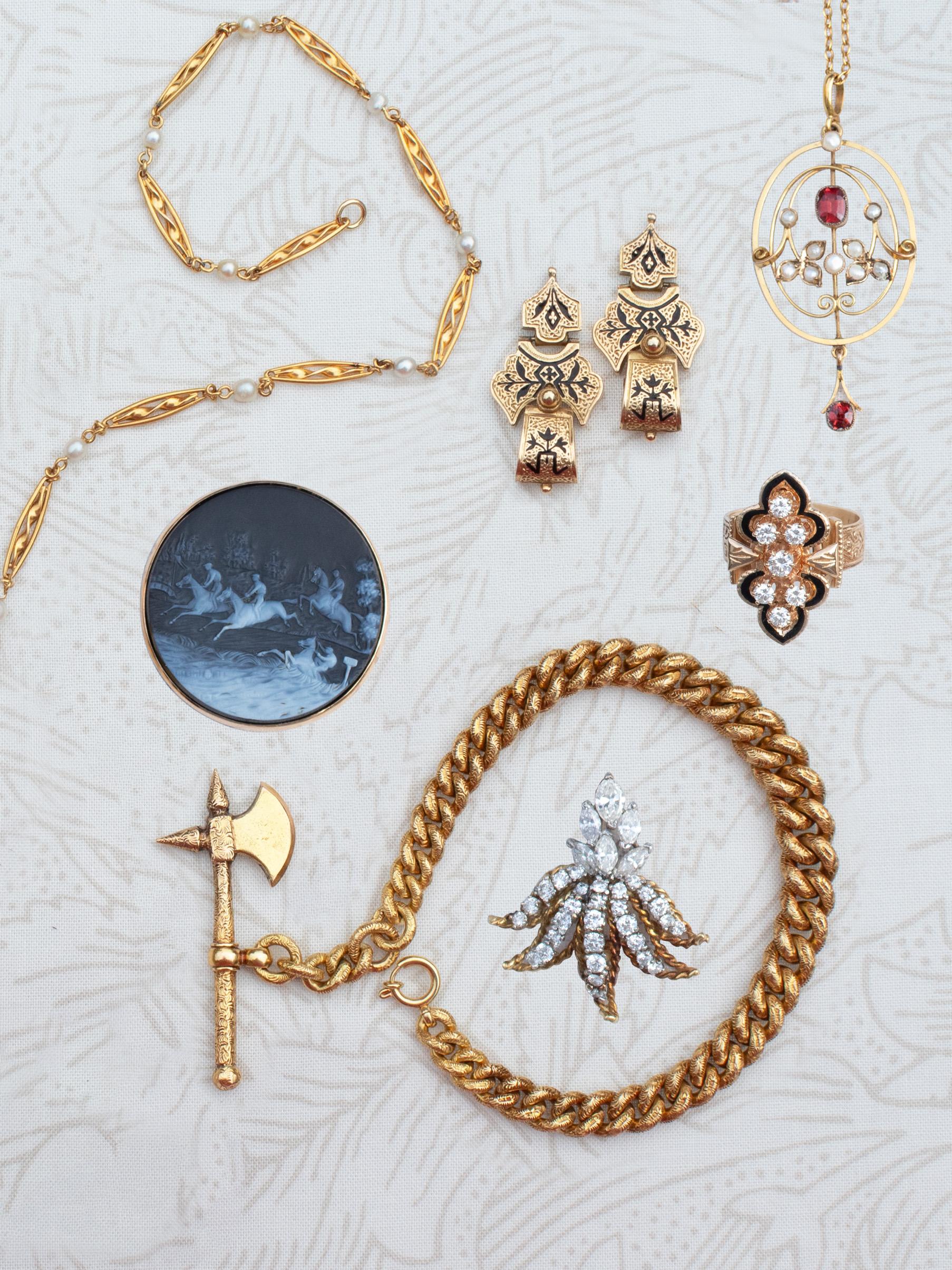
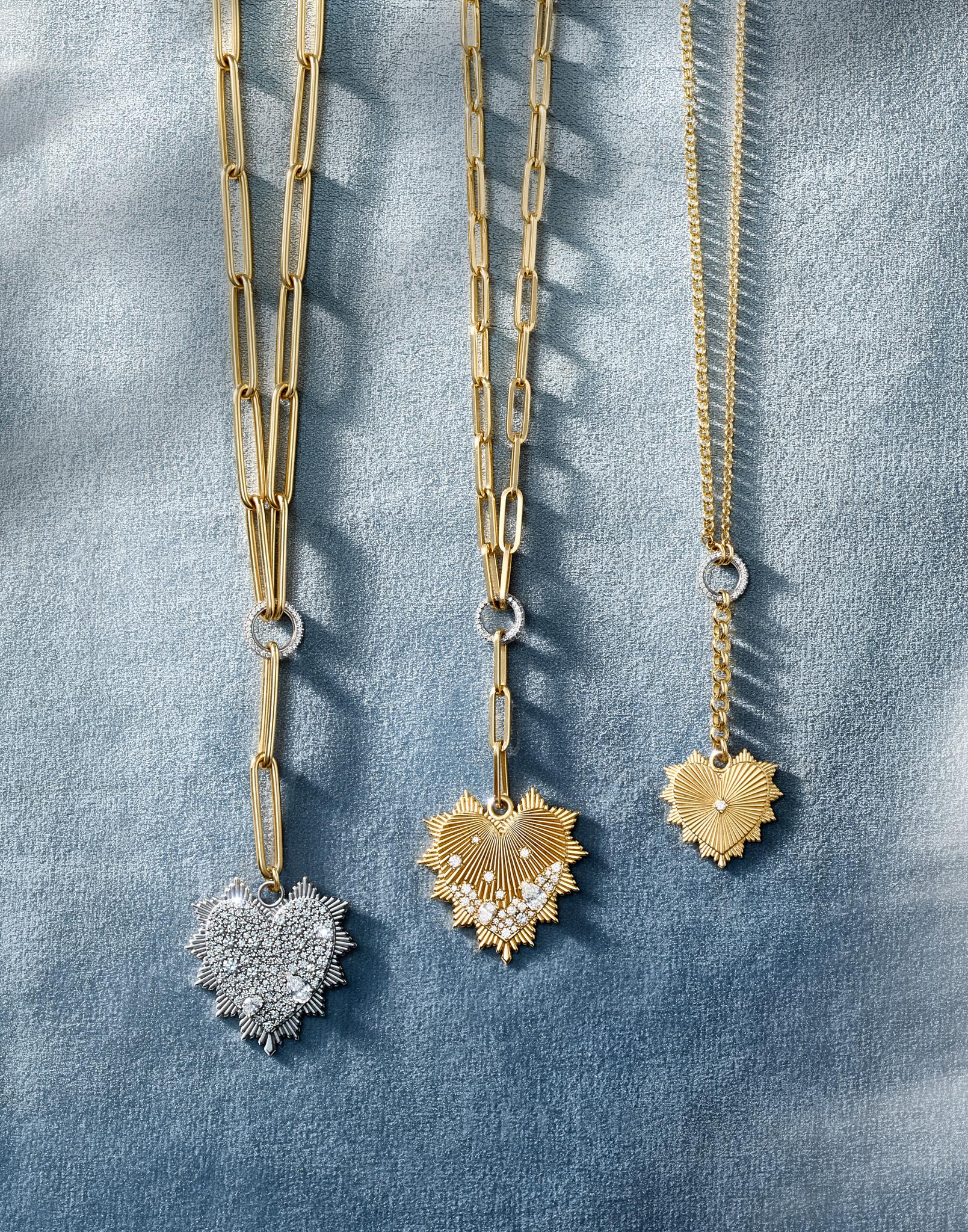
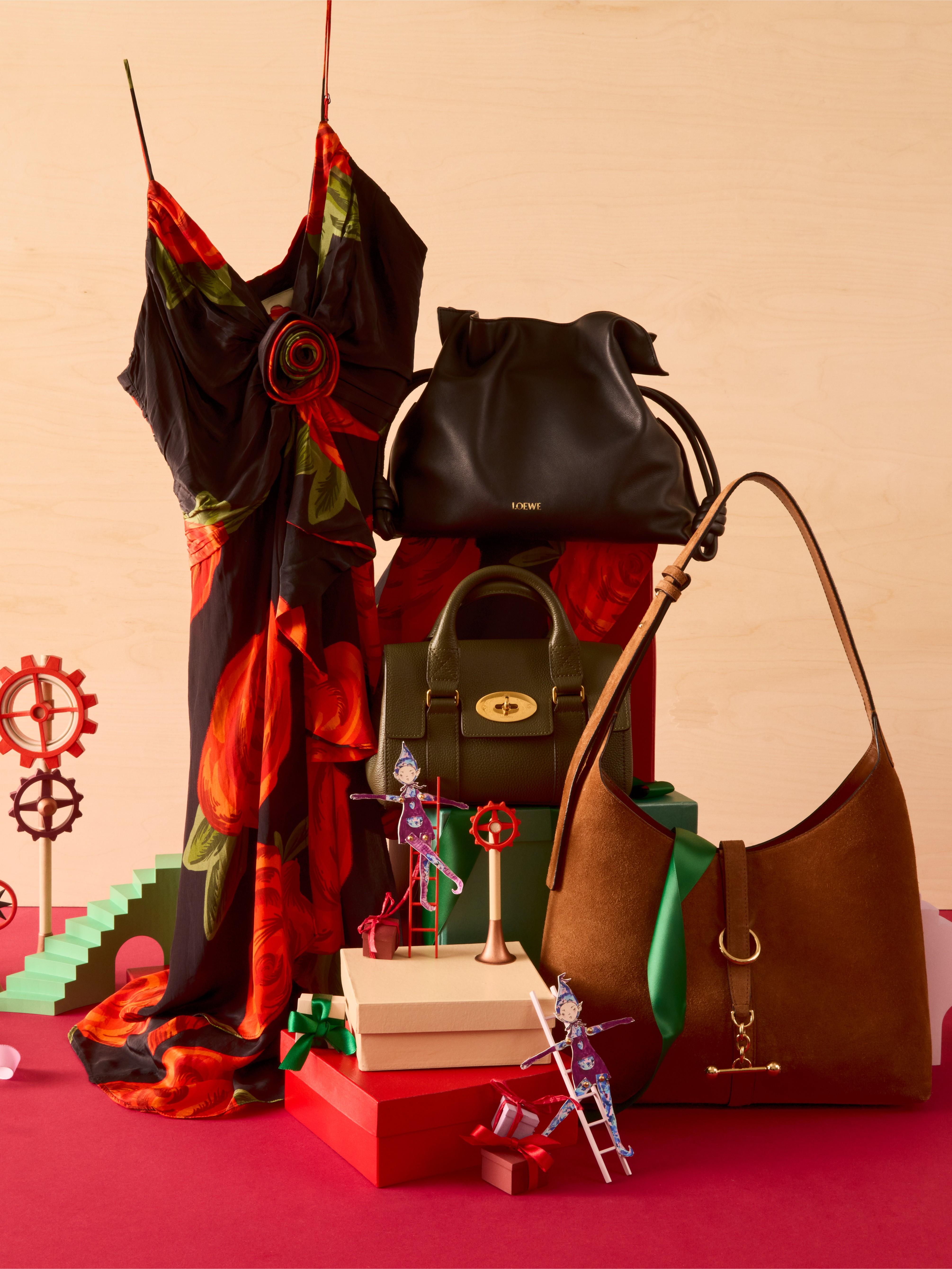
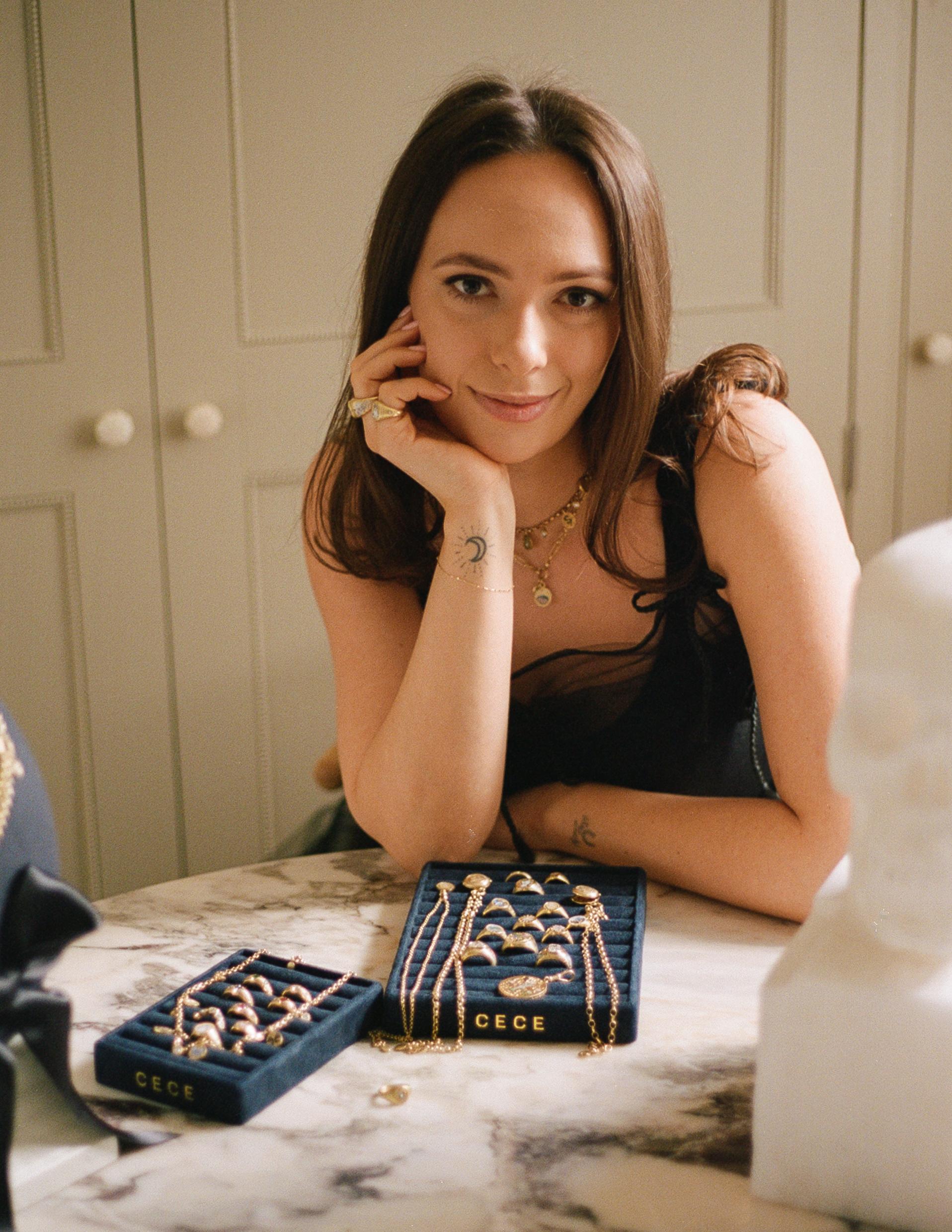
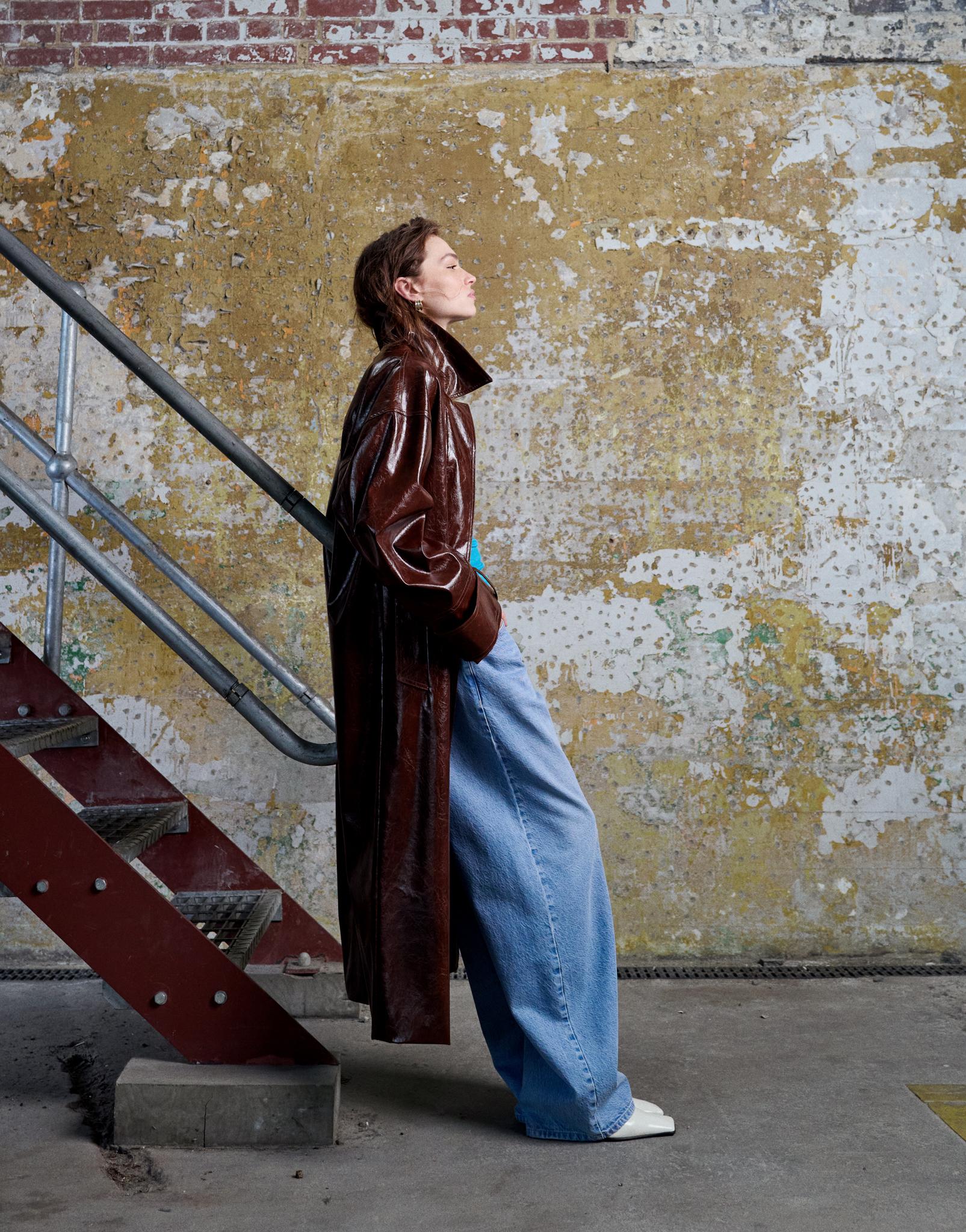
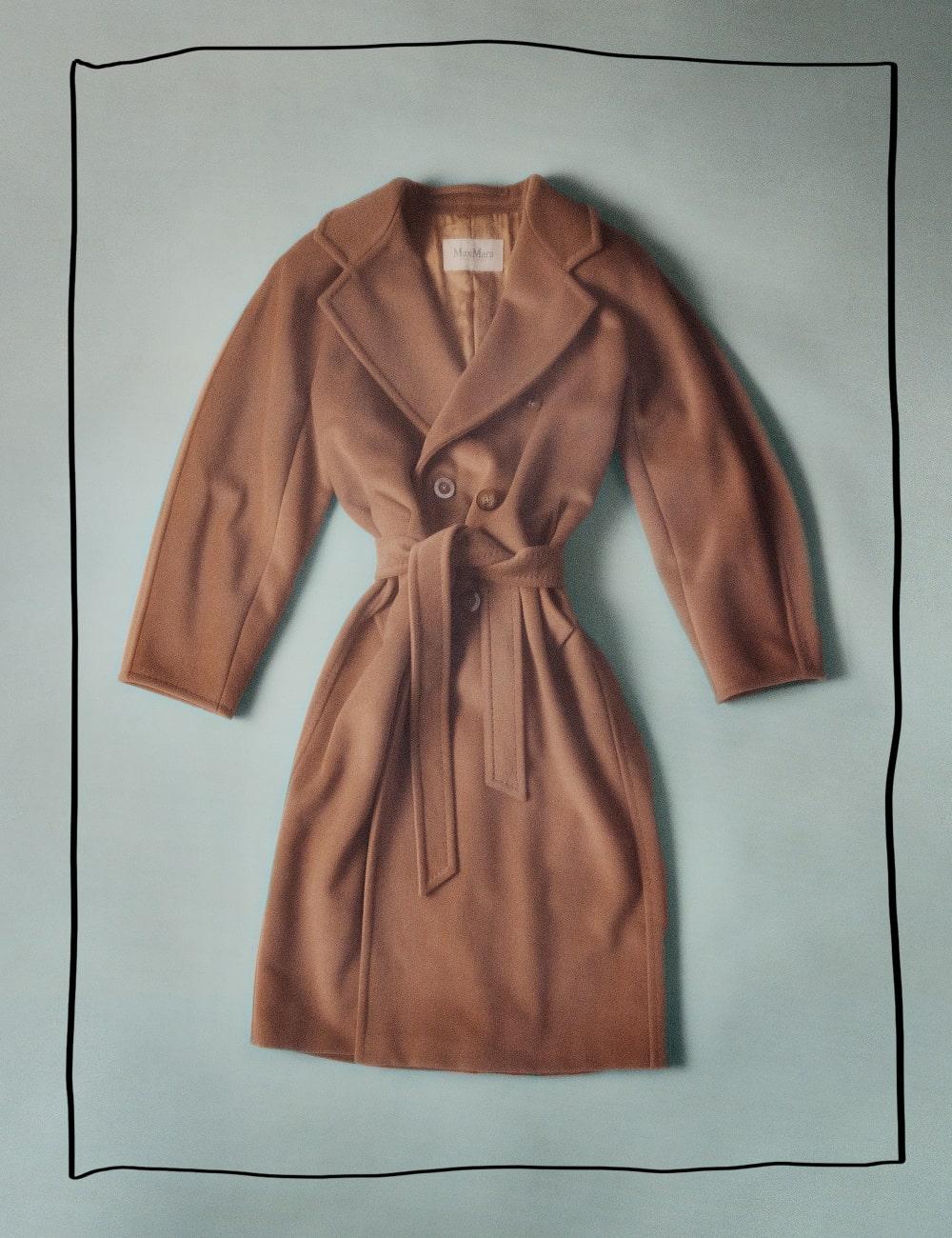
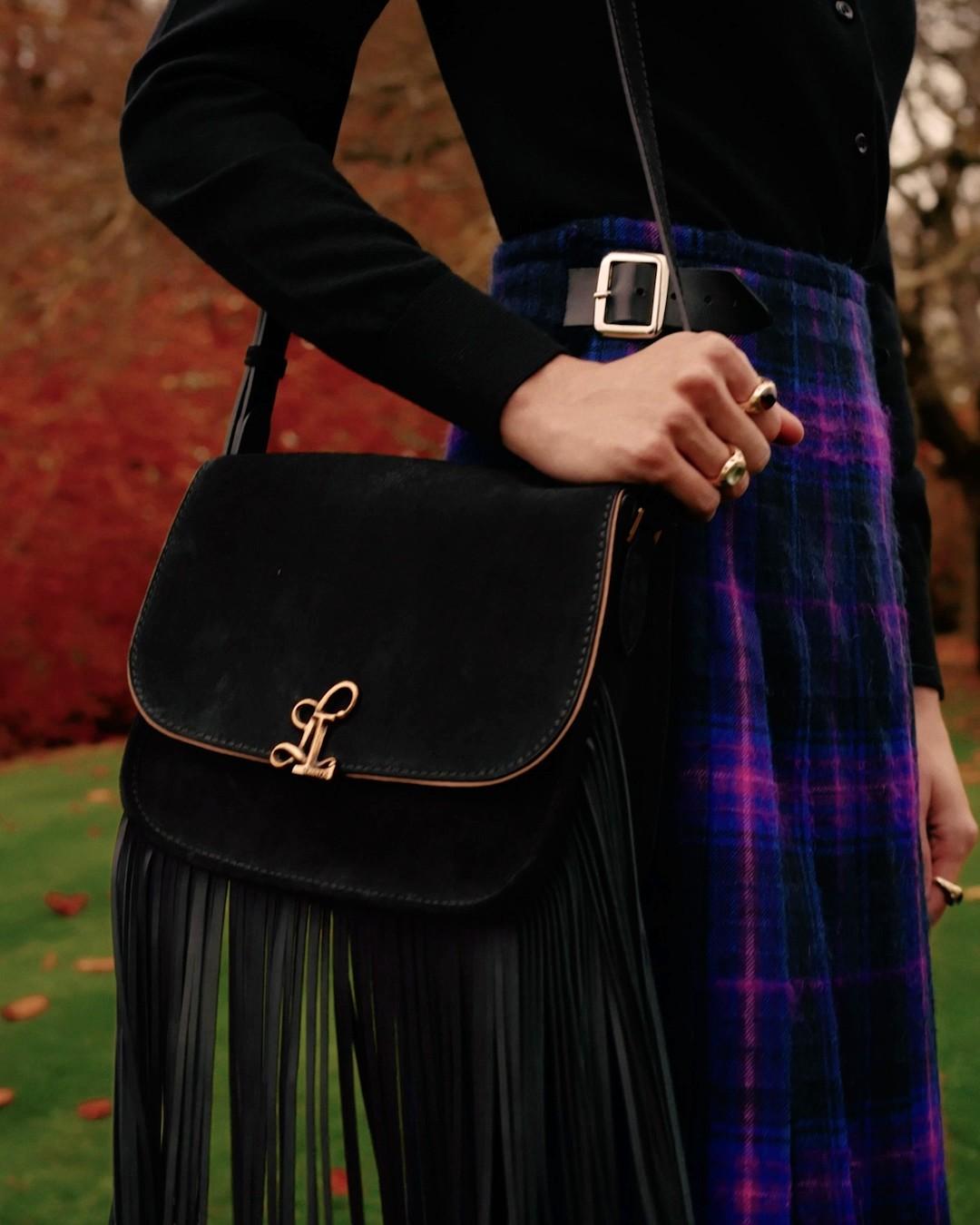
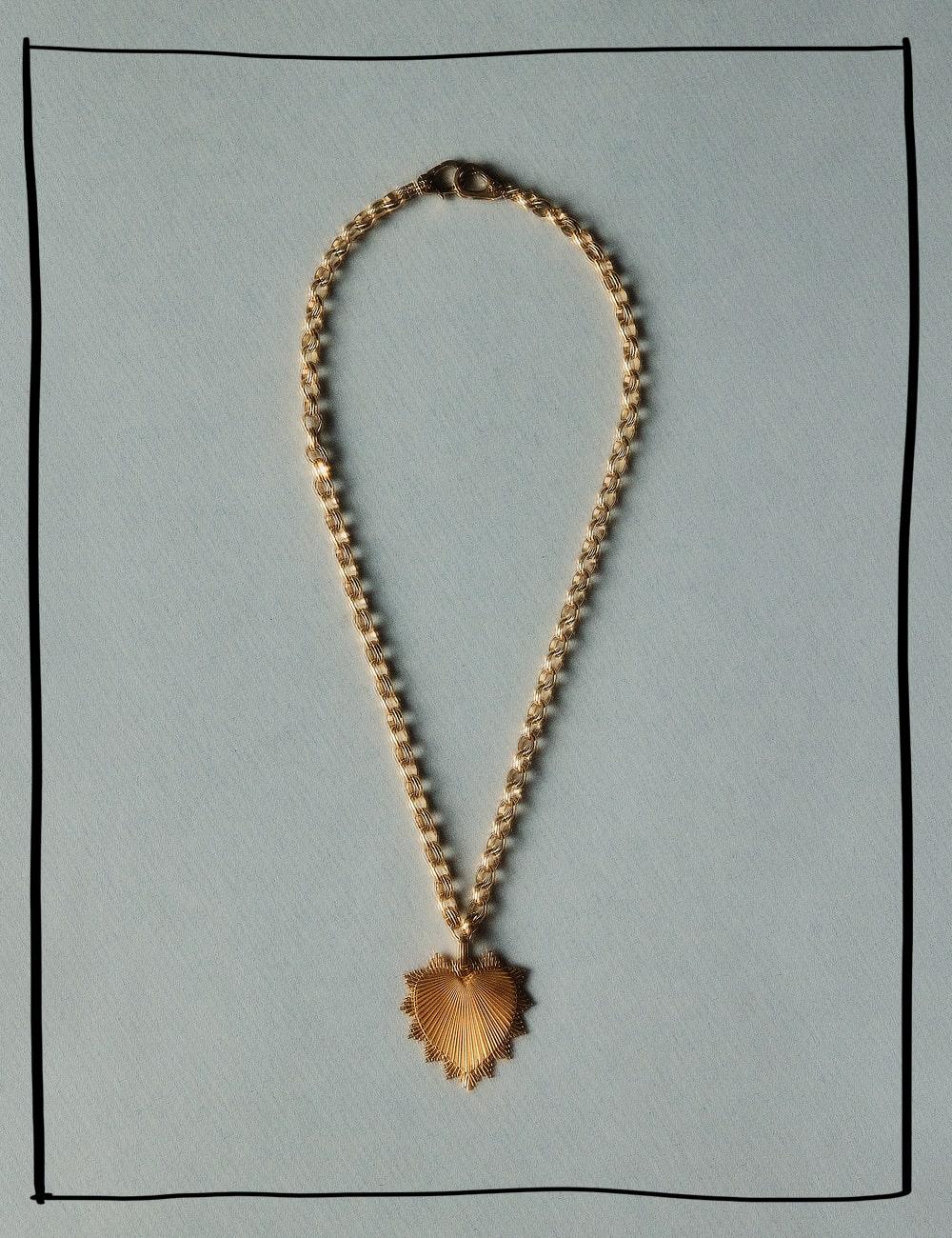
?fmt=auto&qlt=default)
